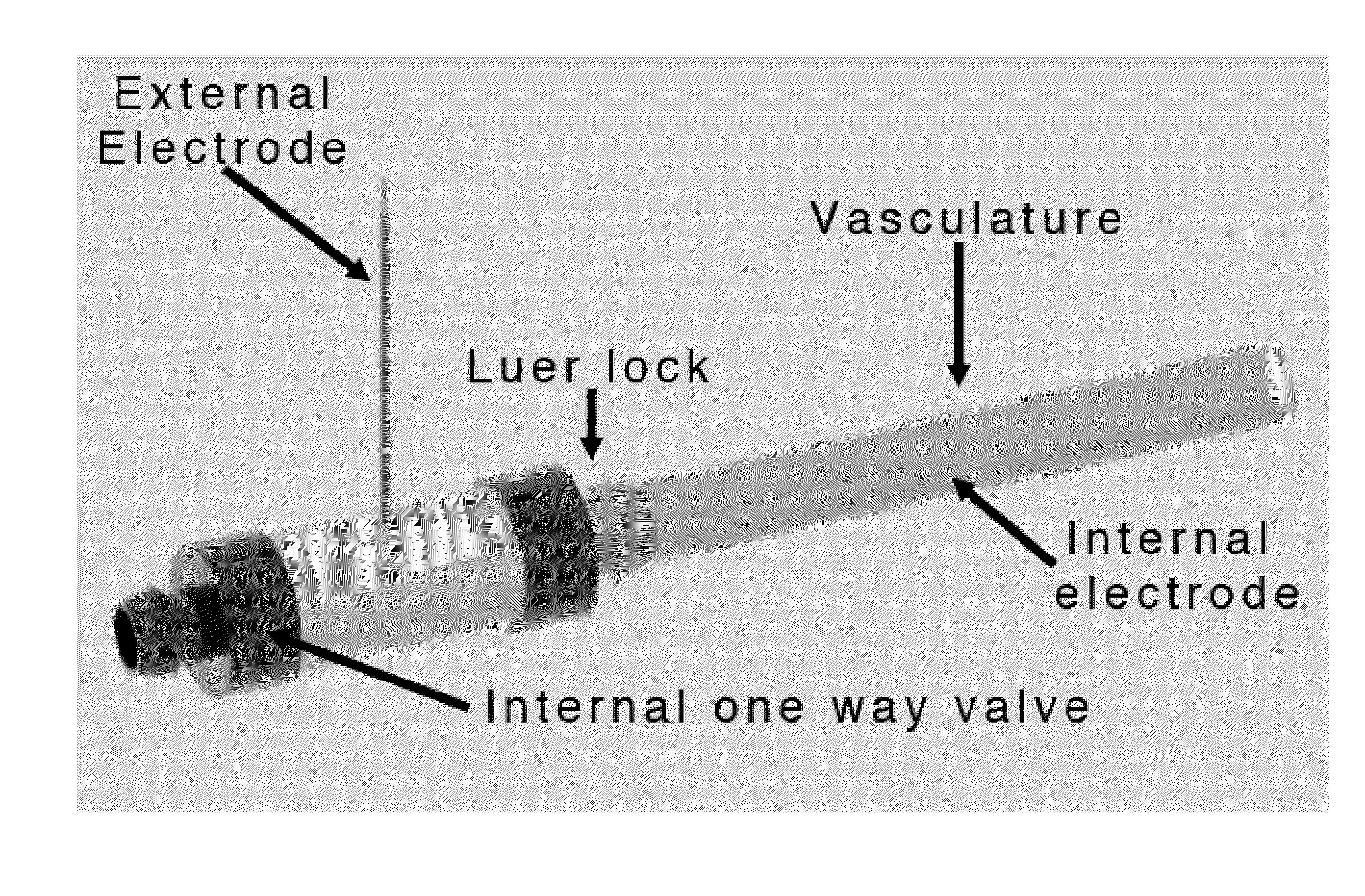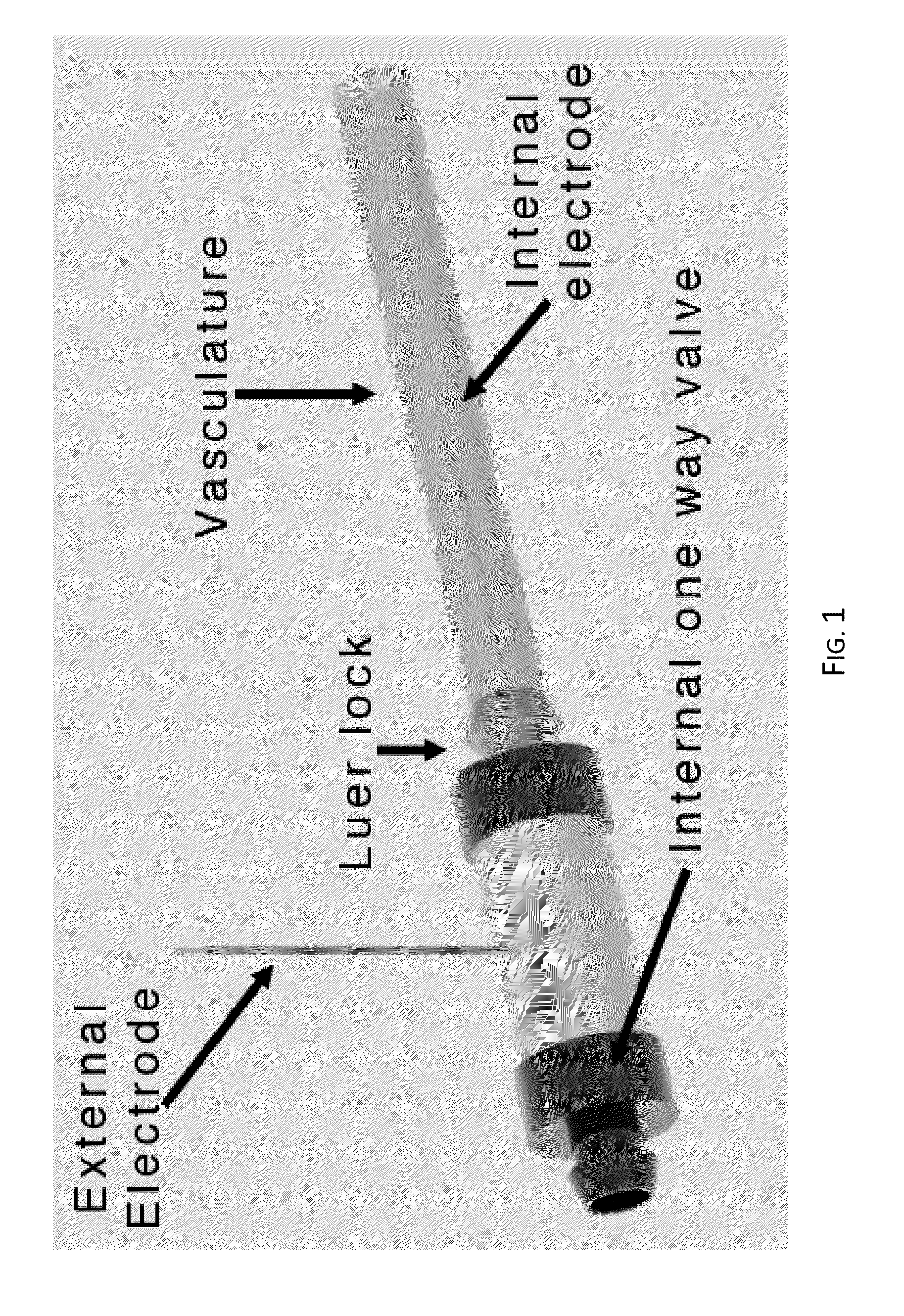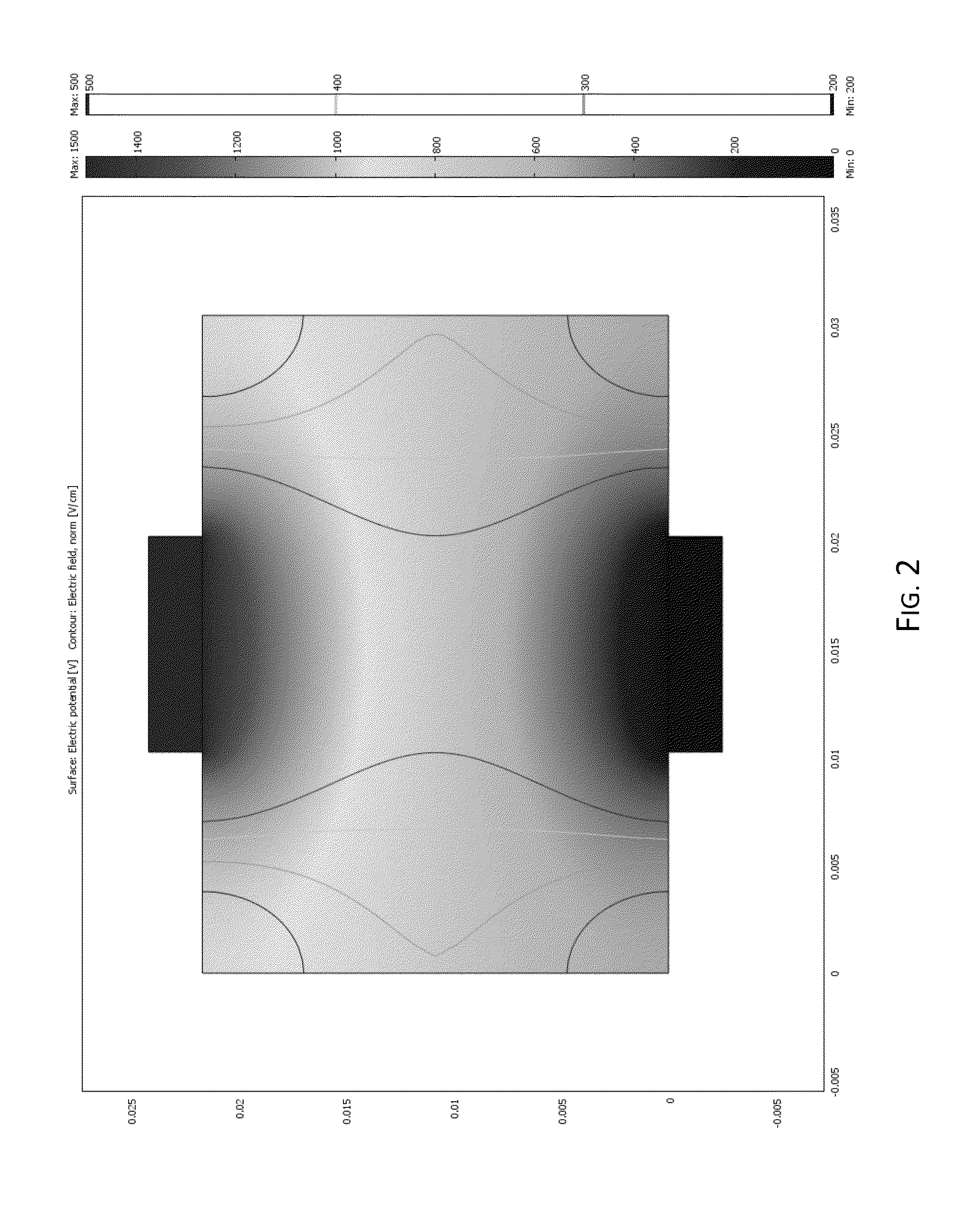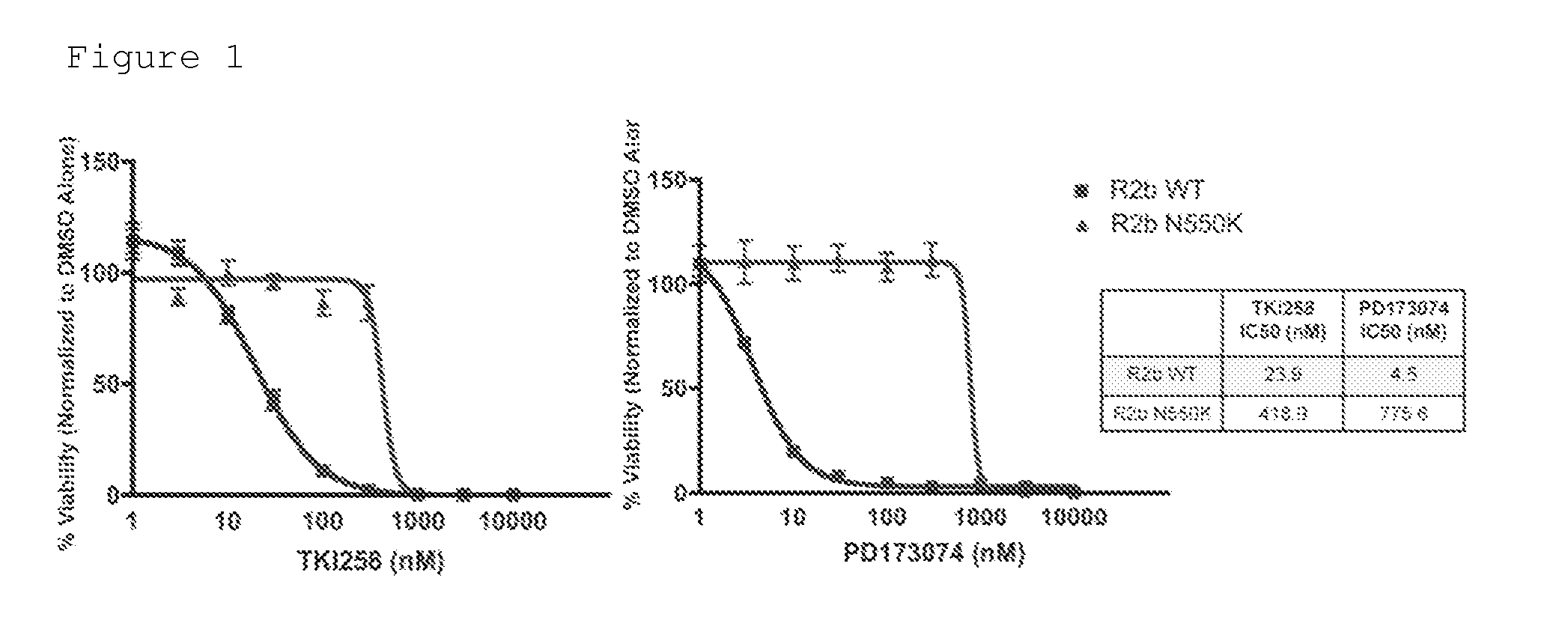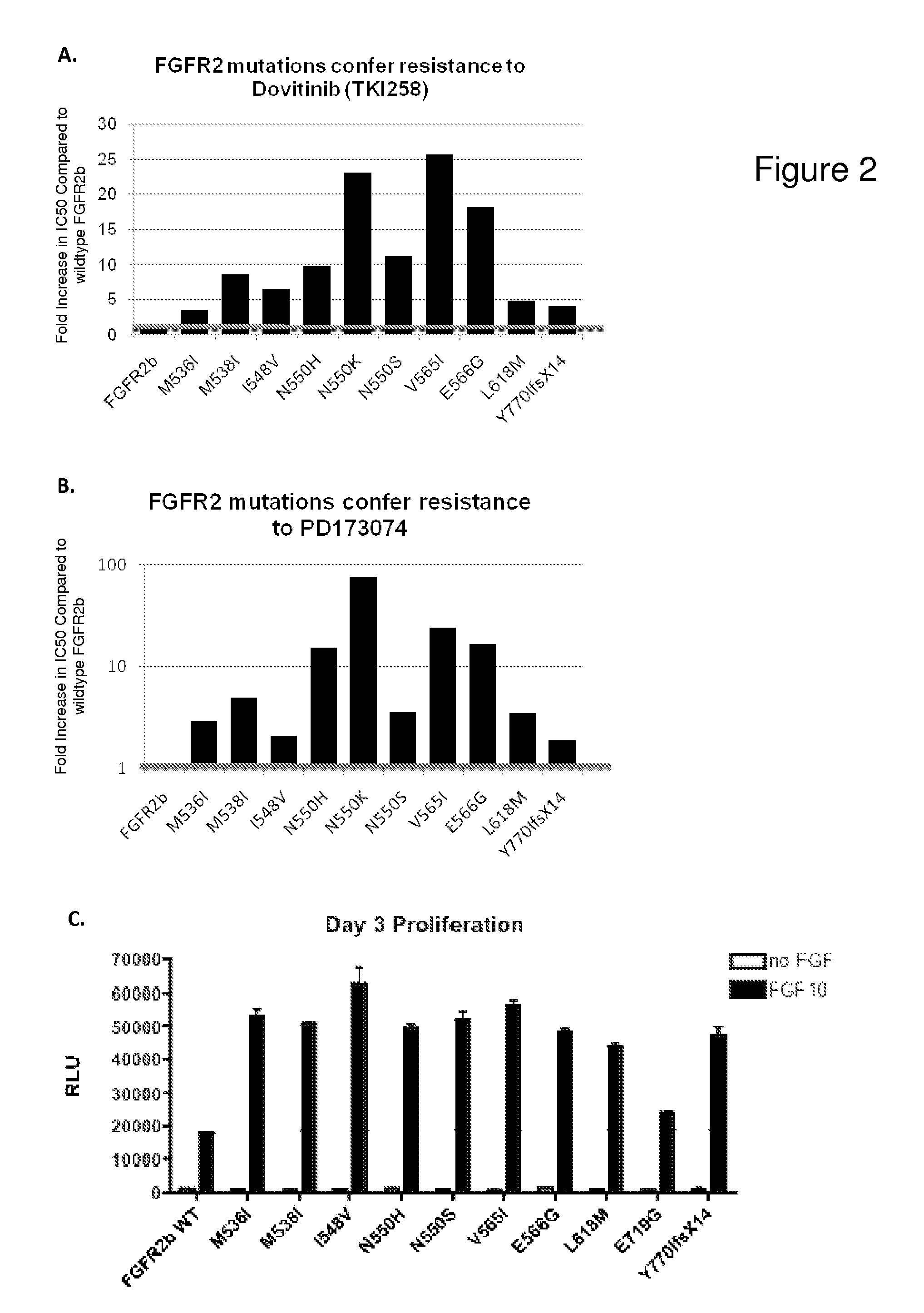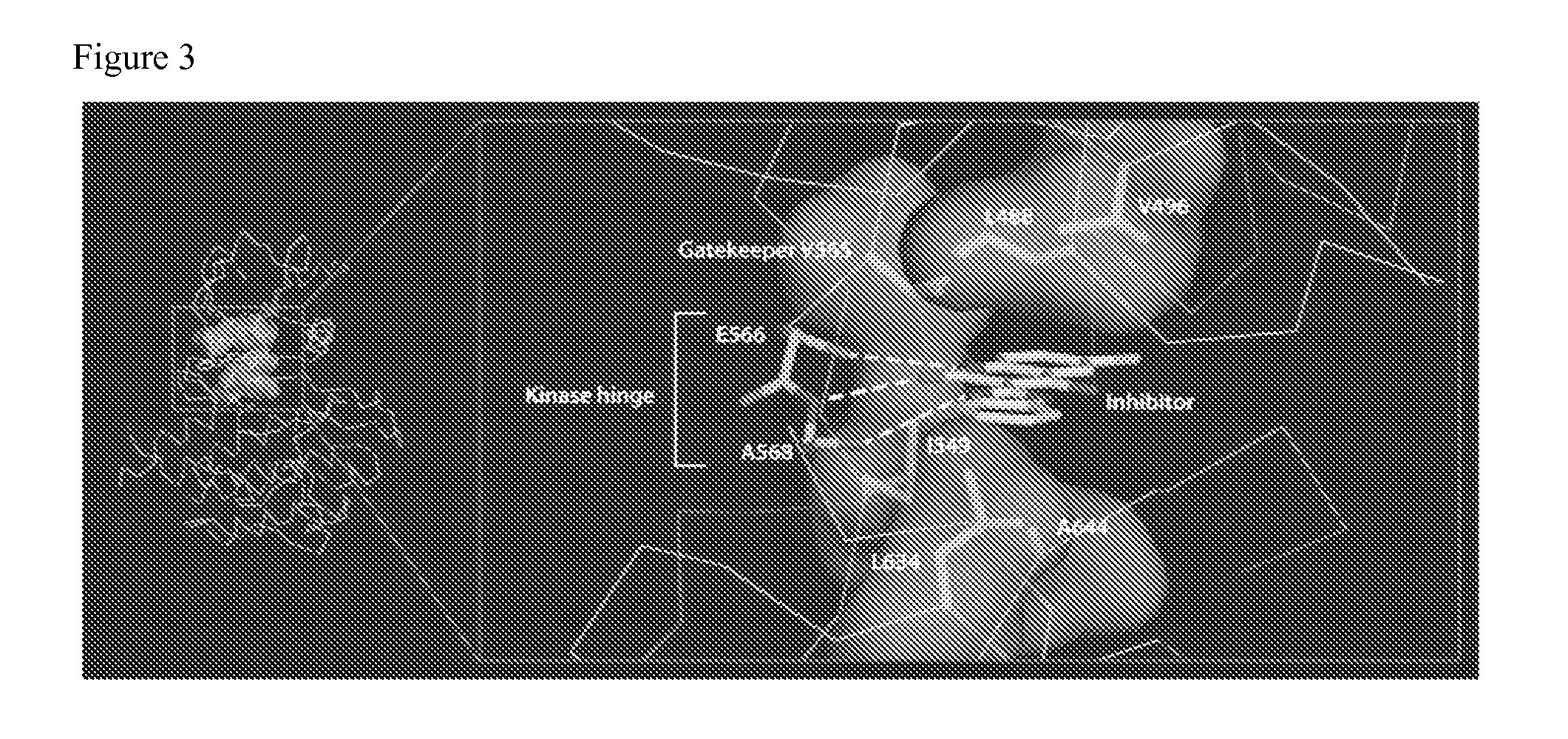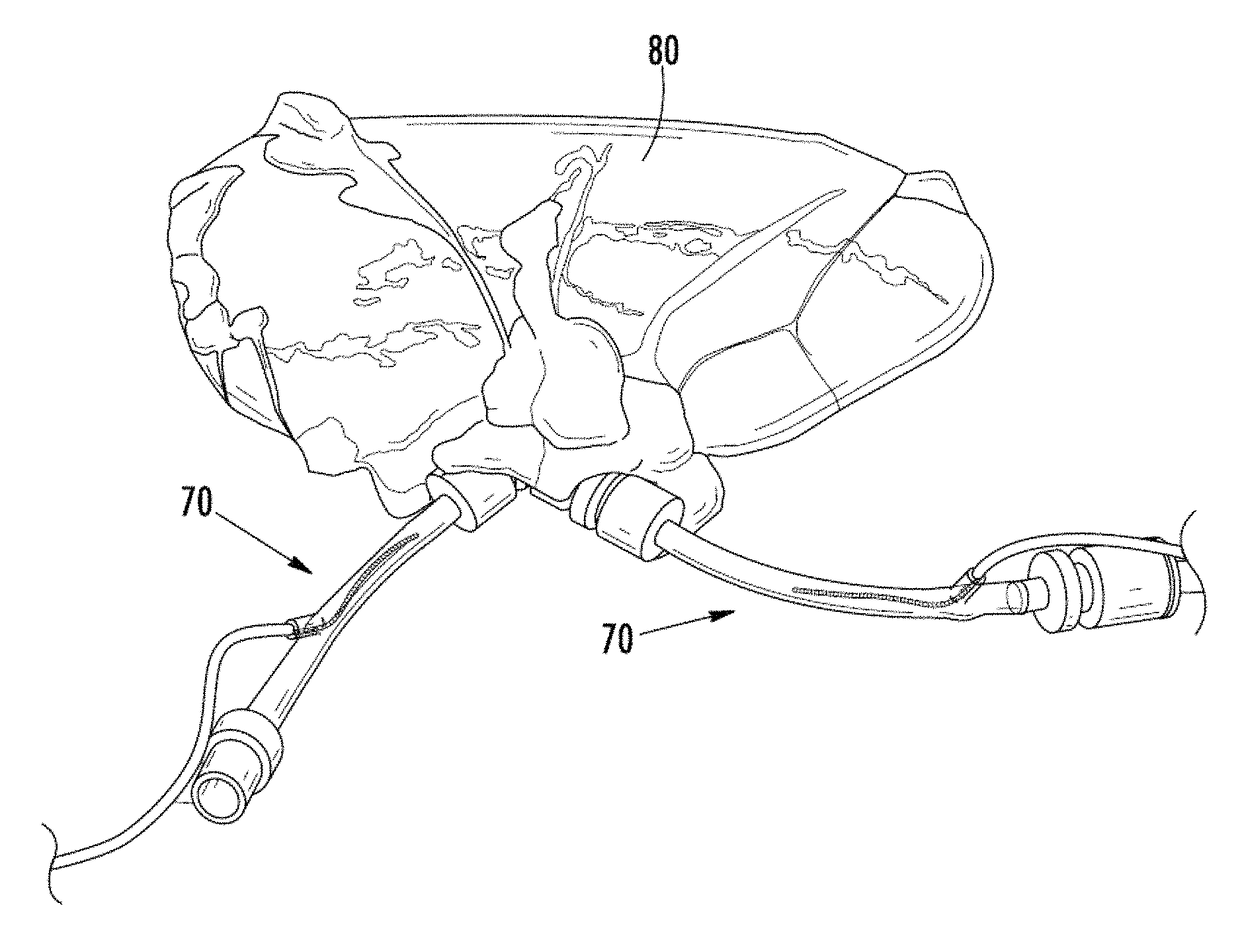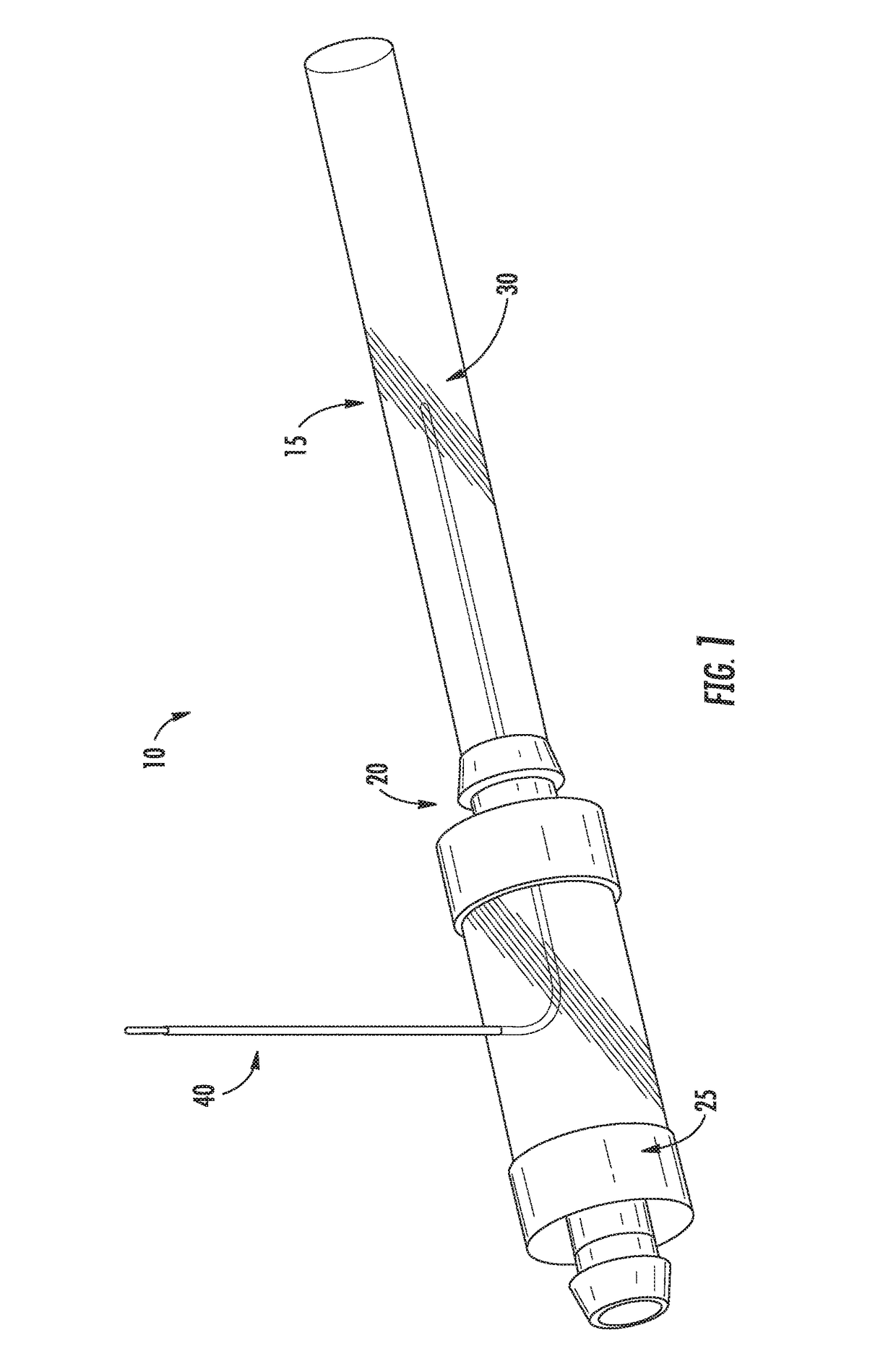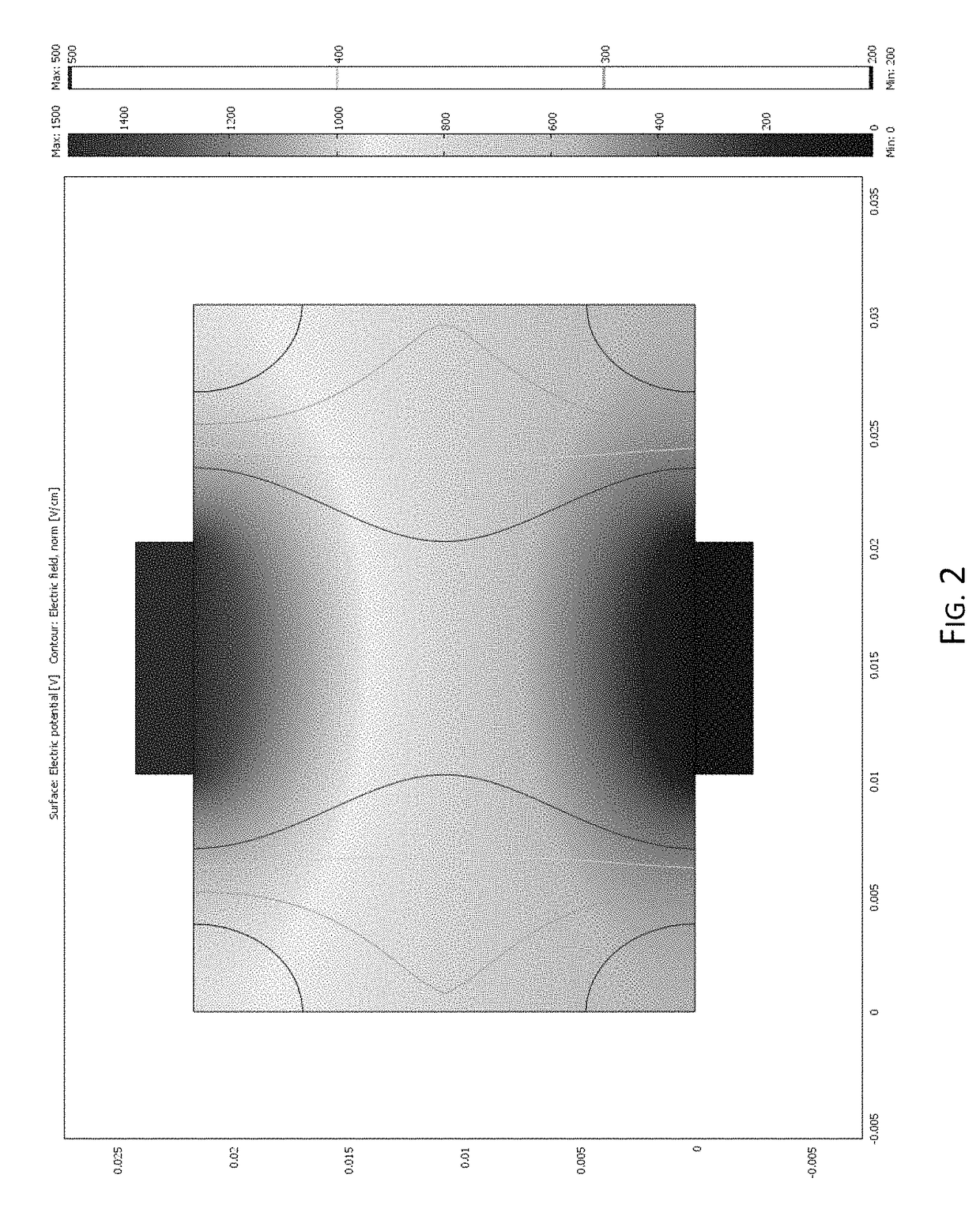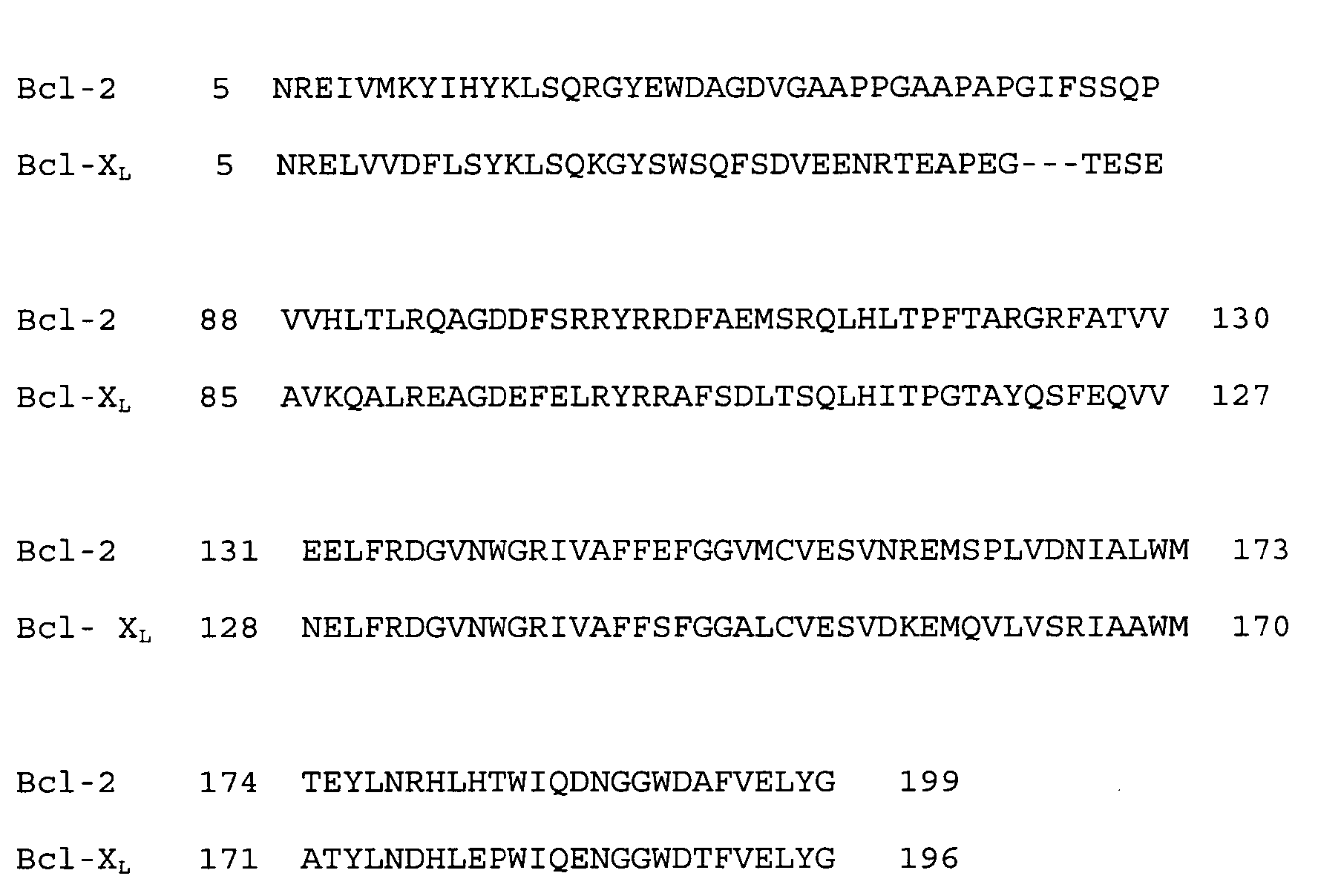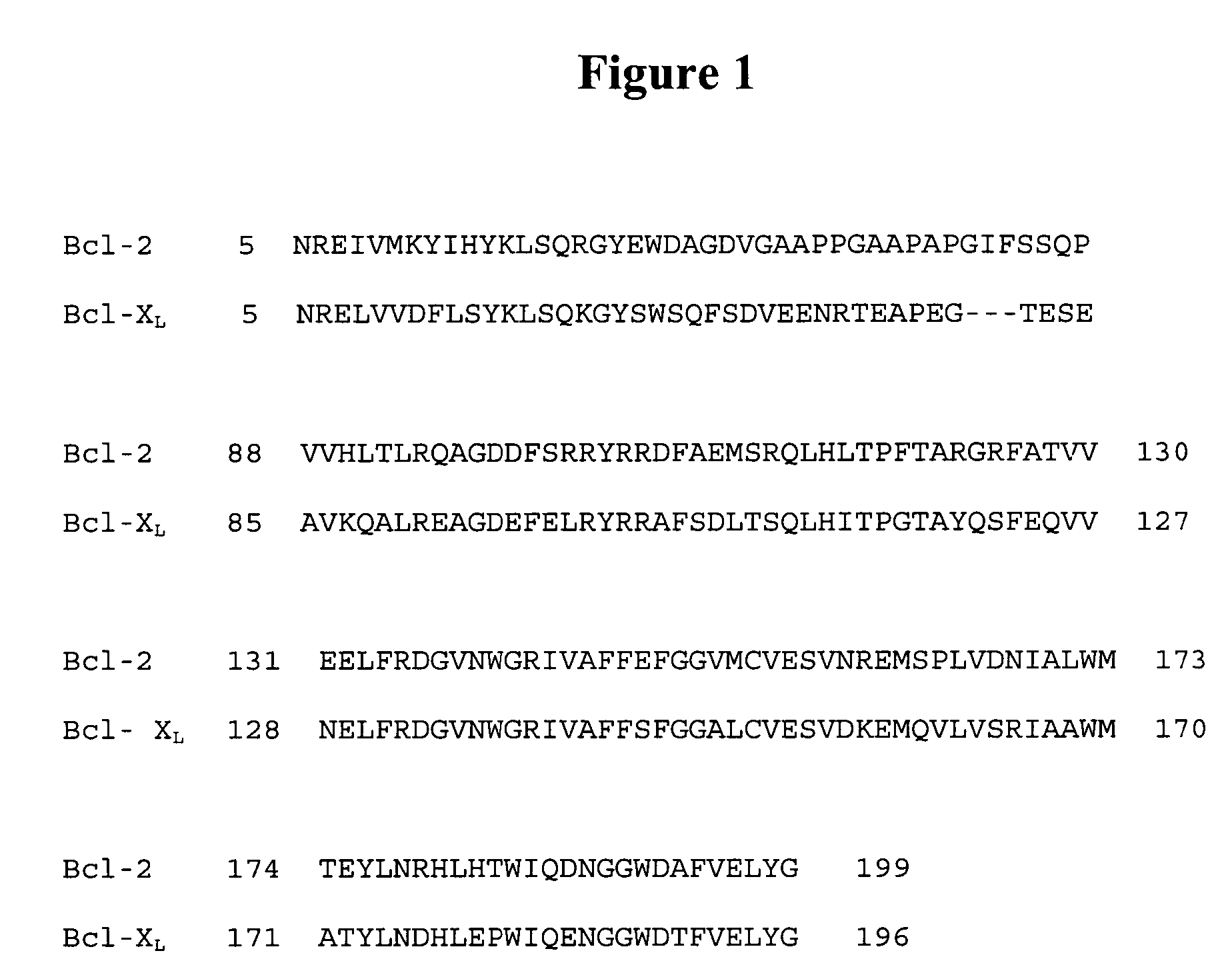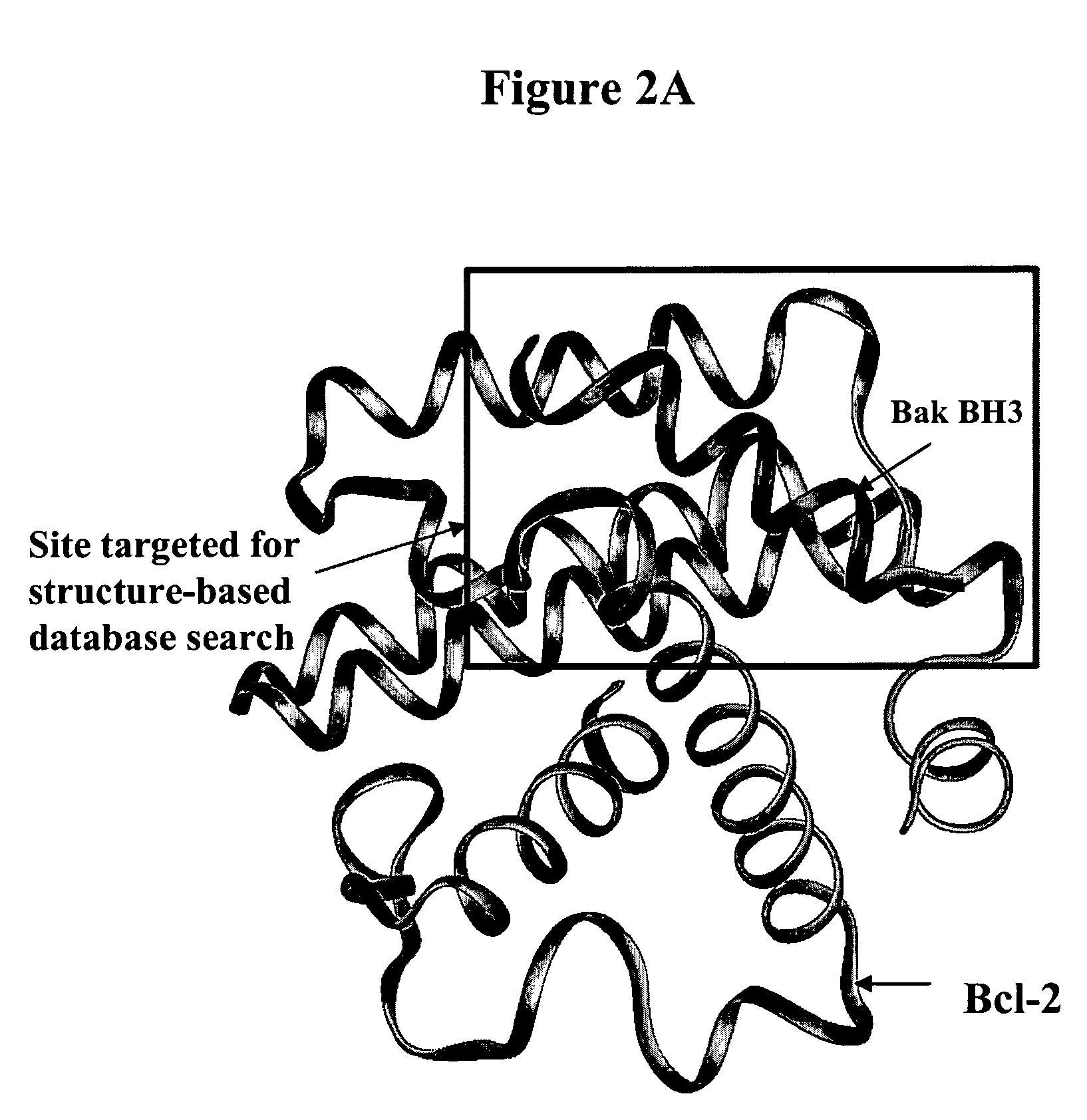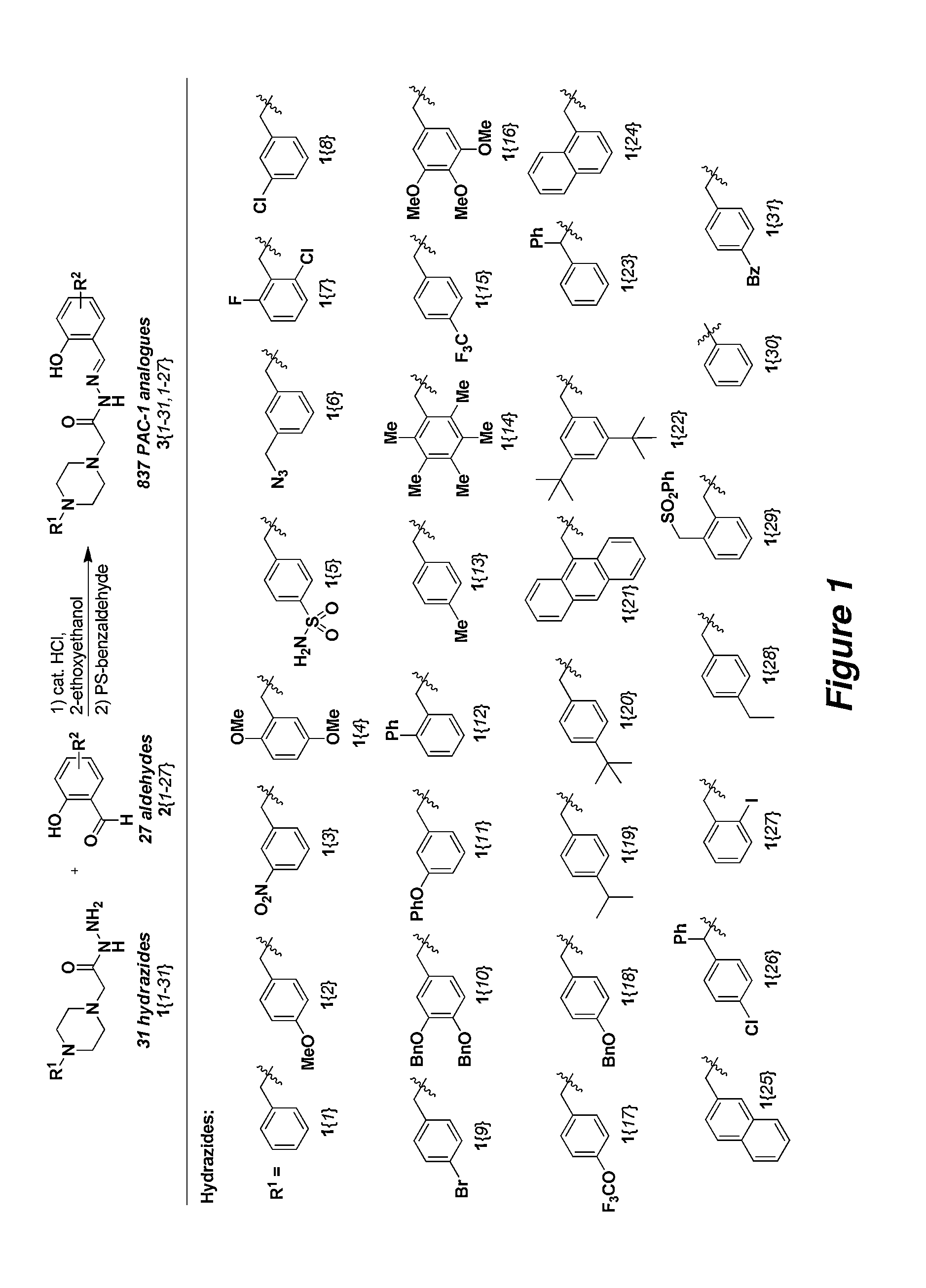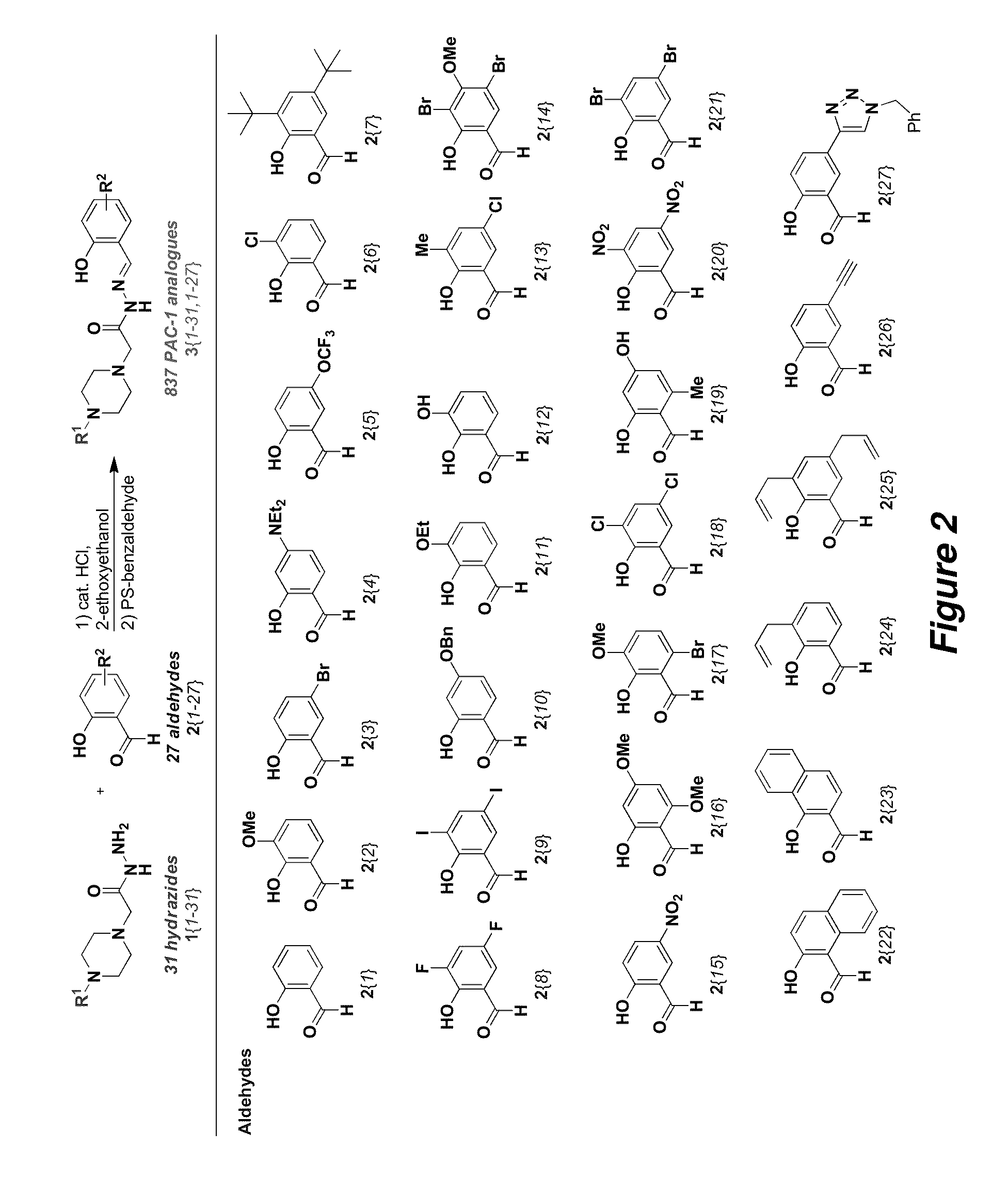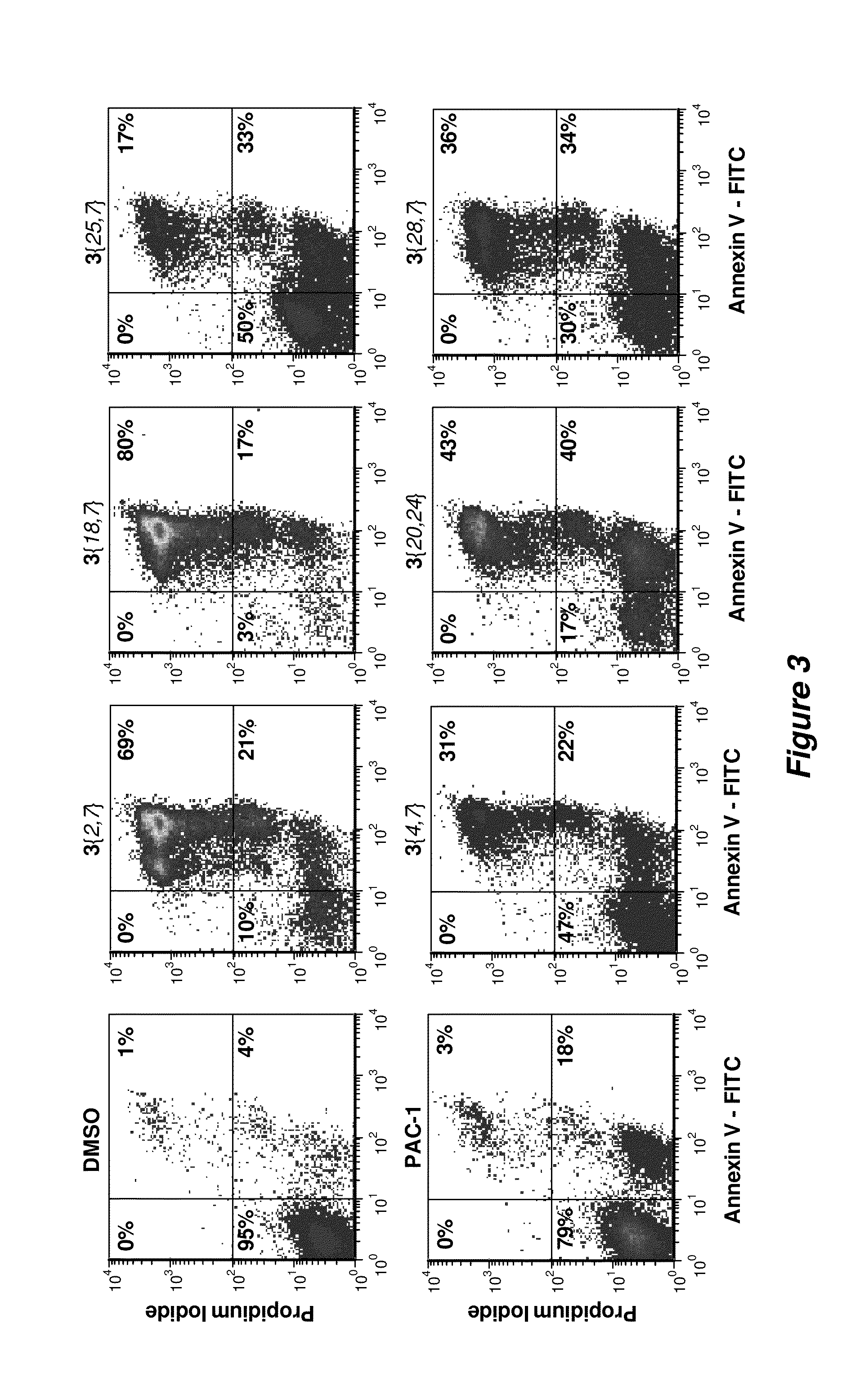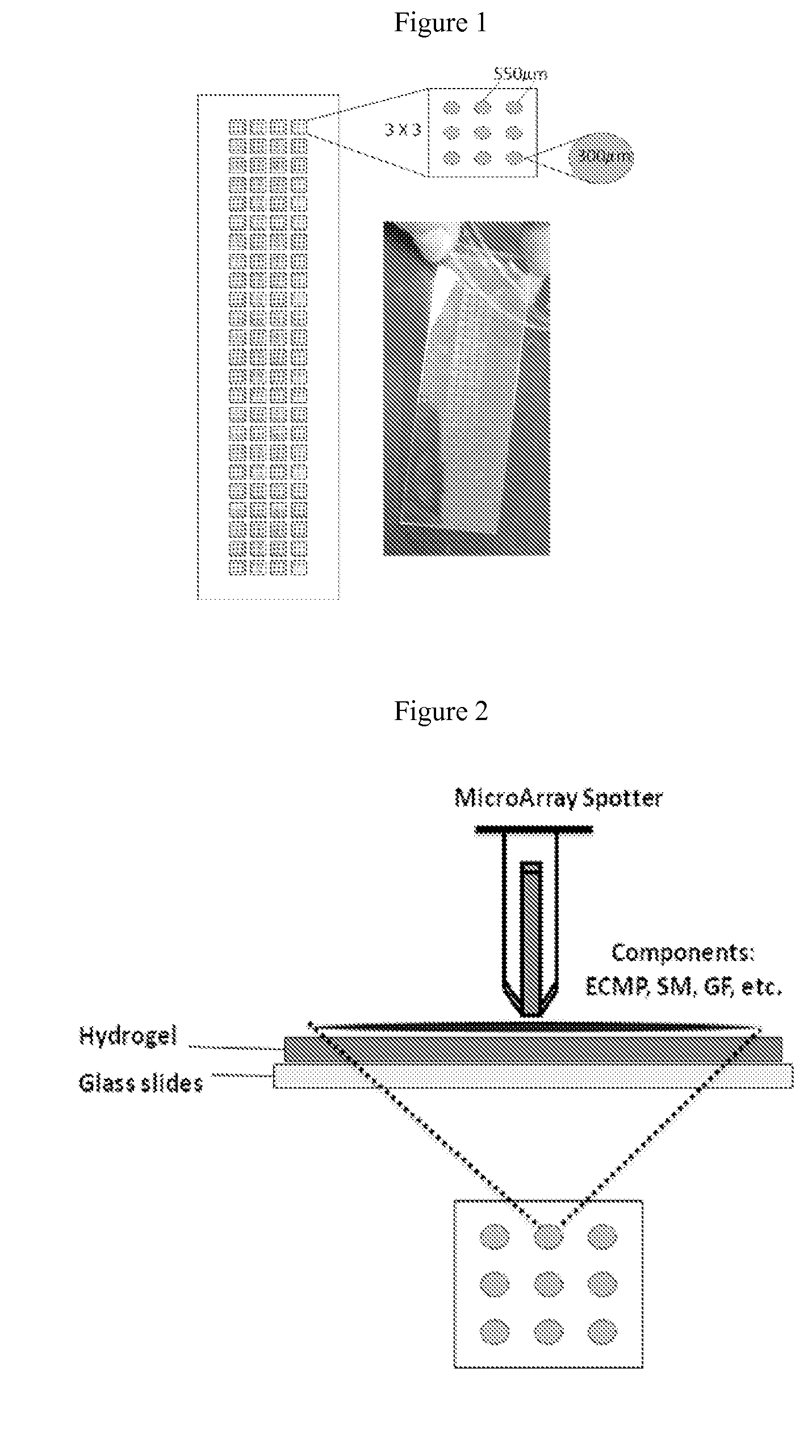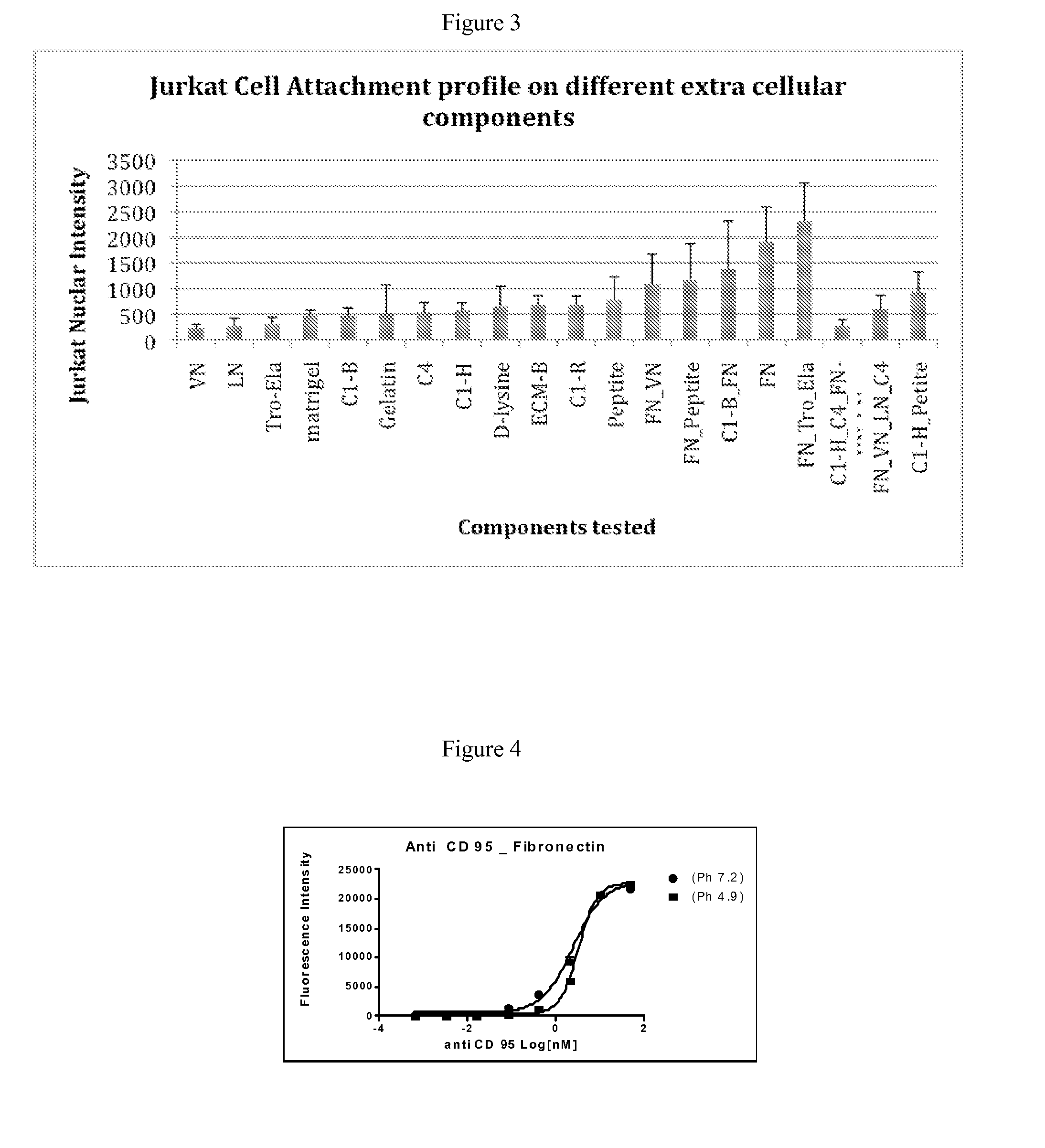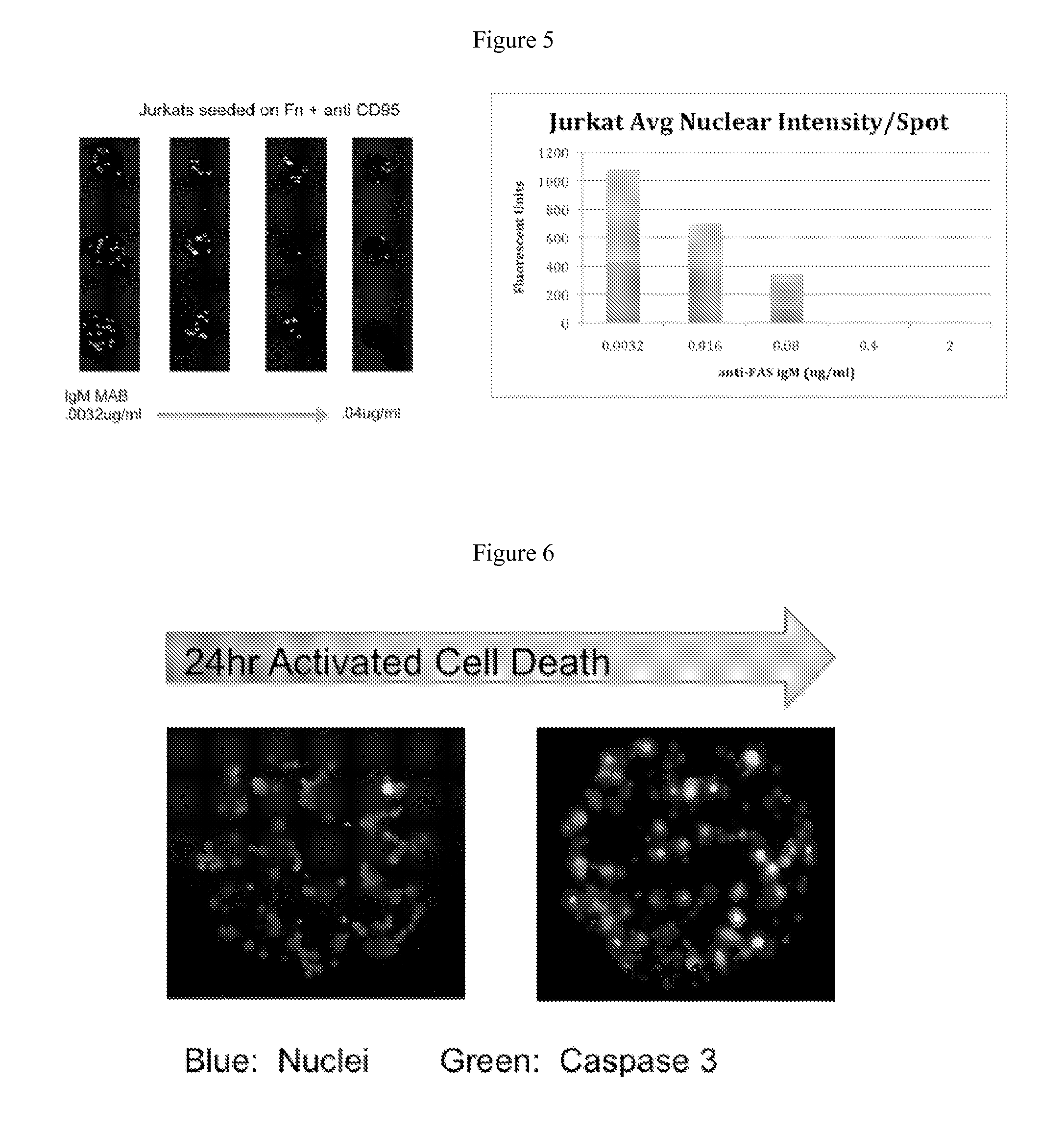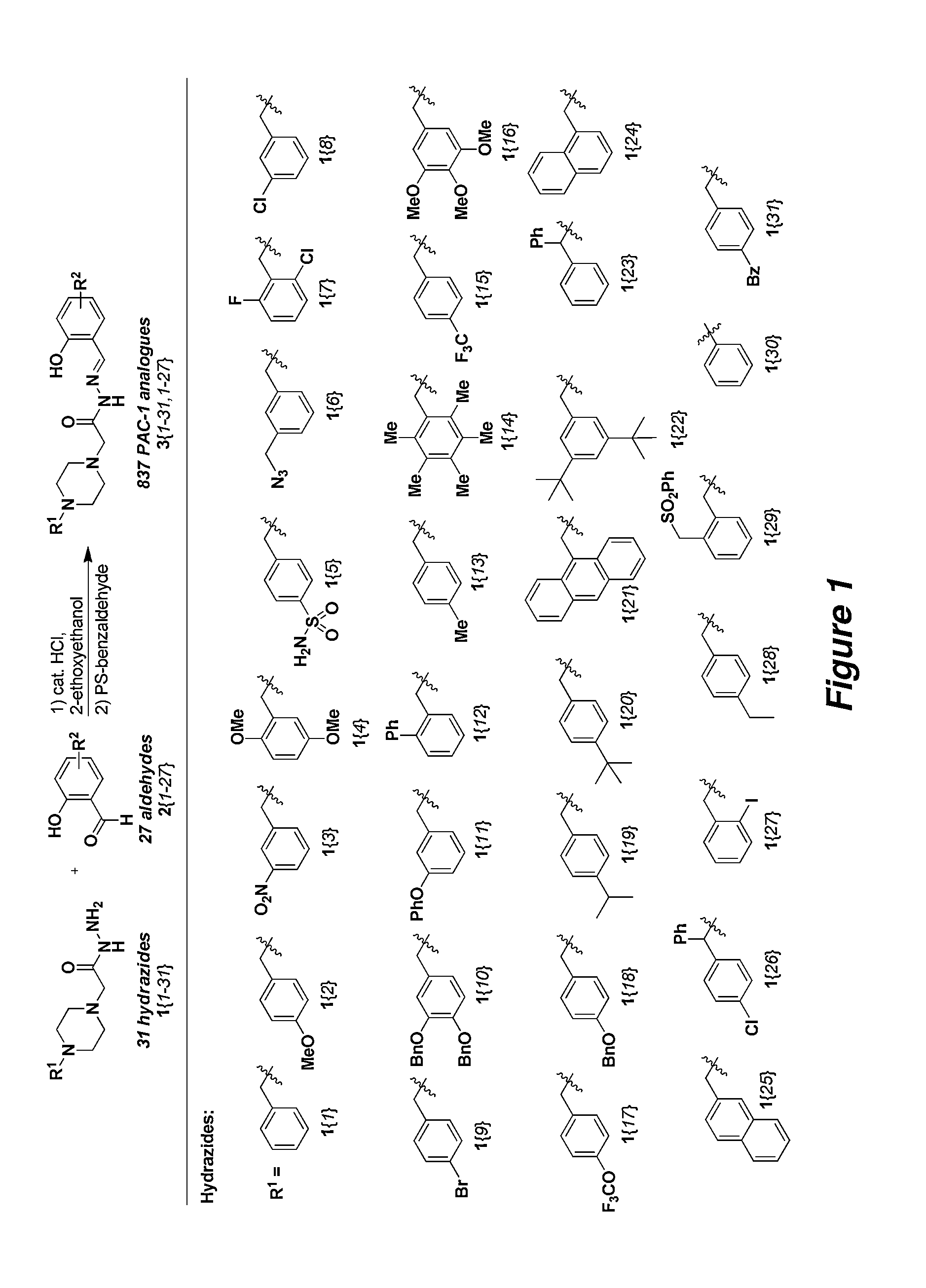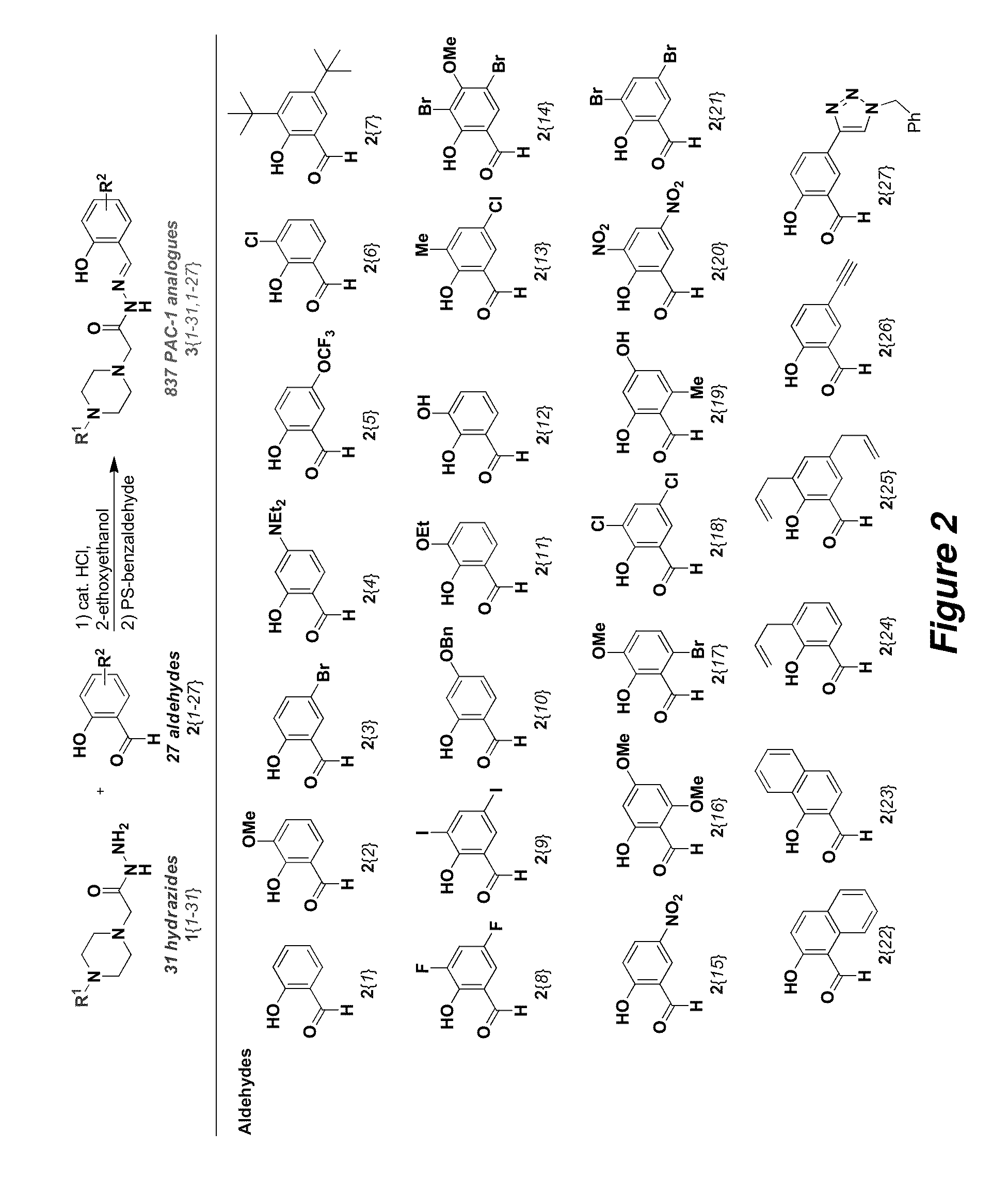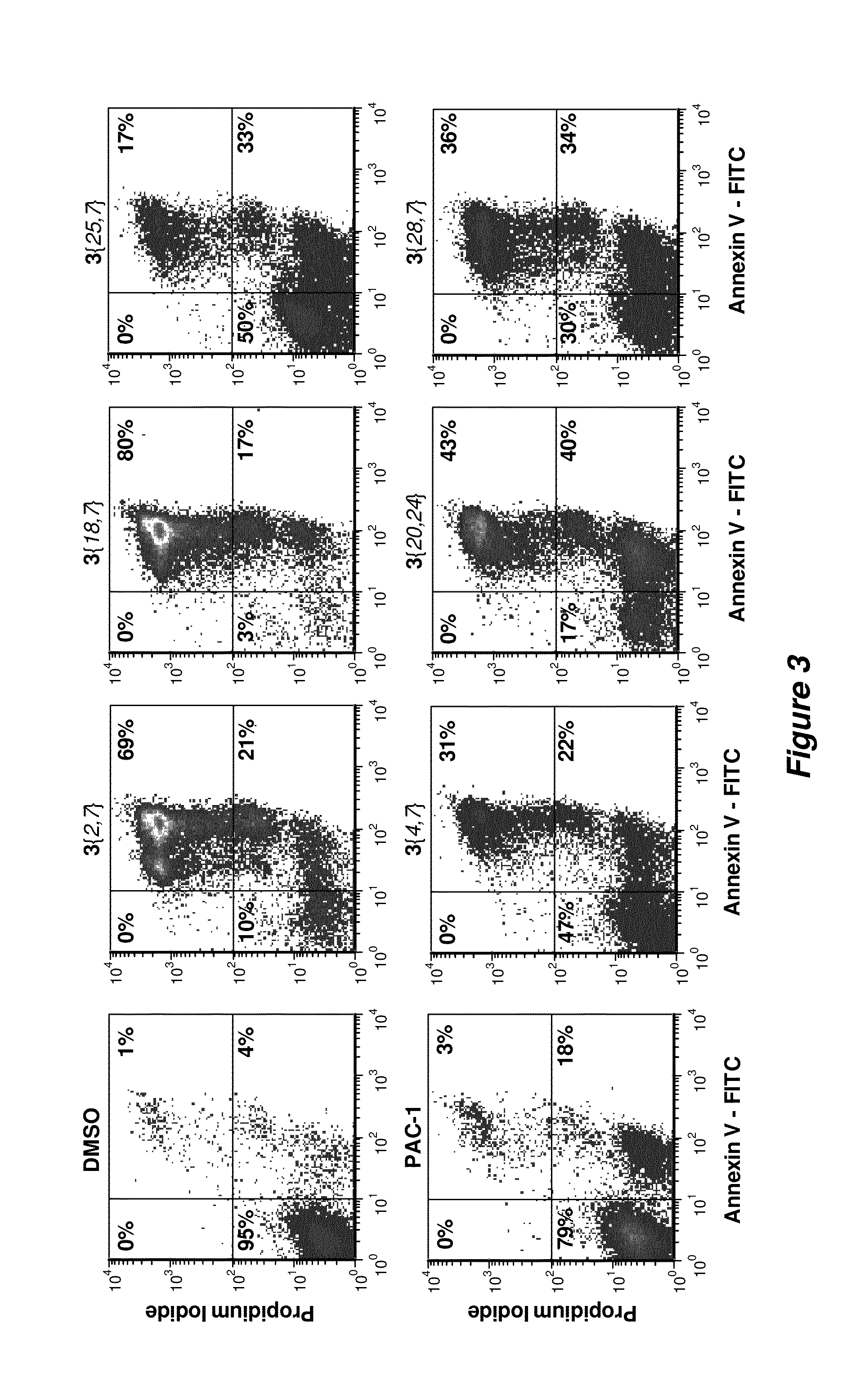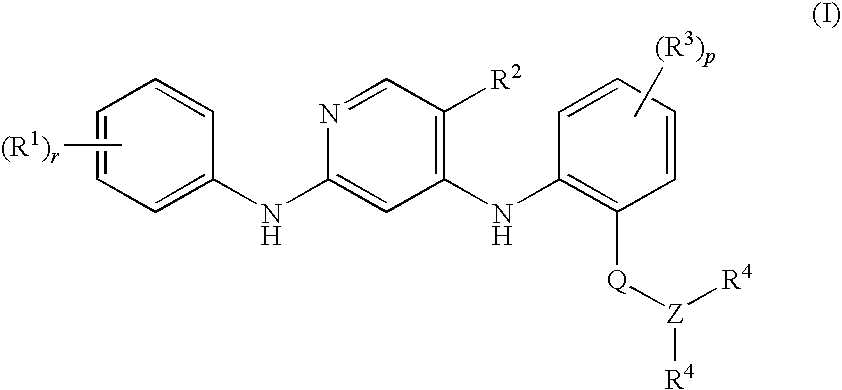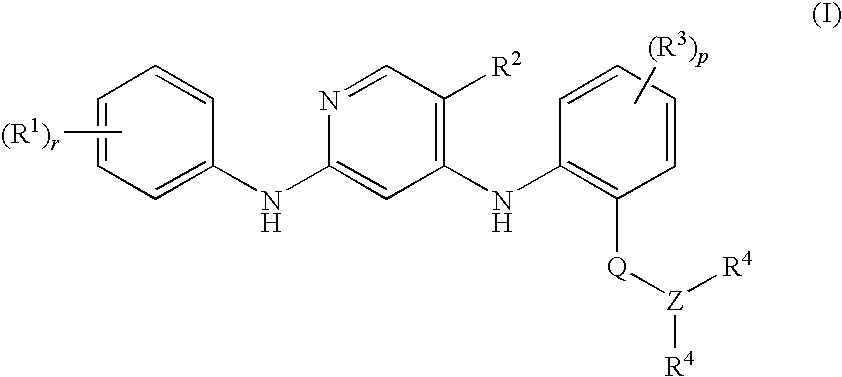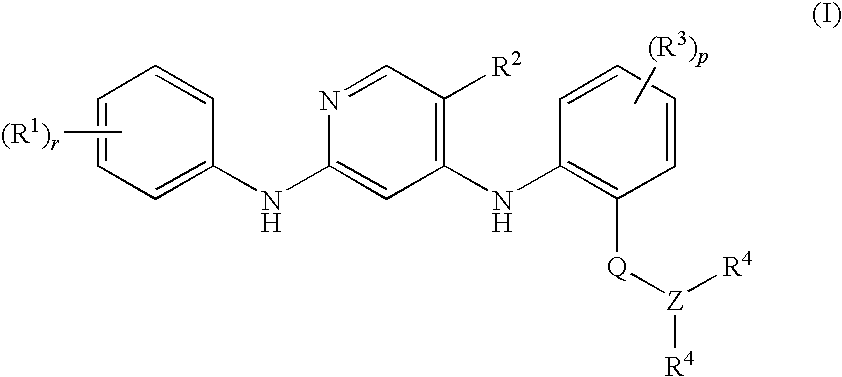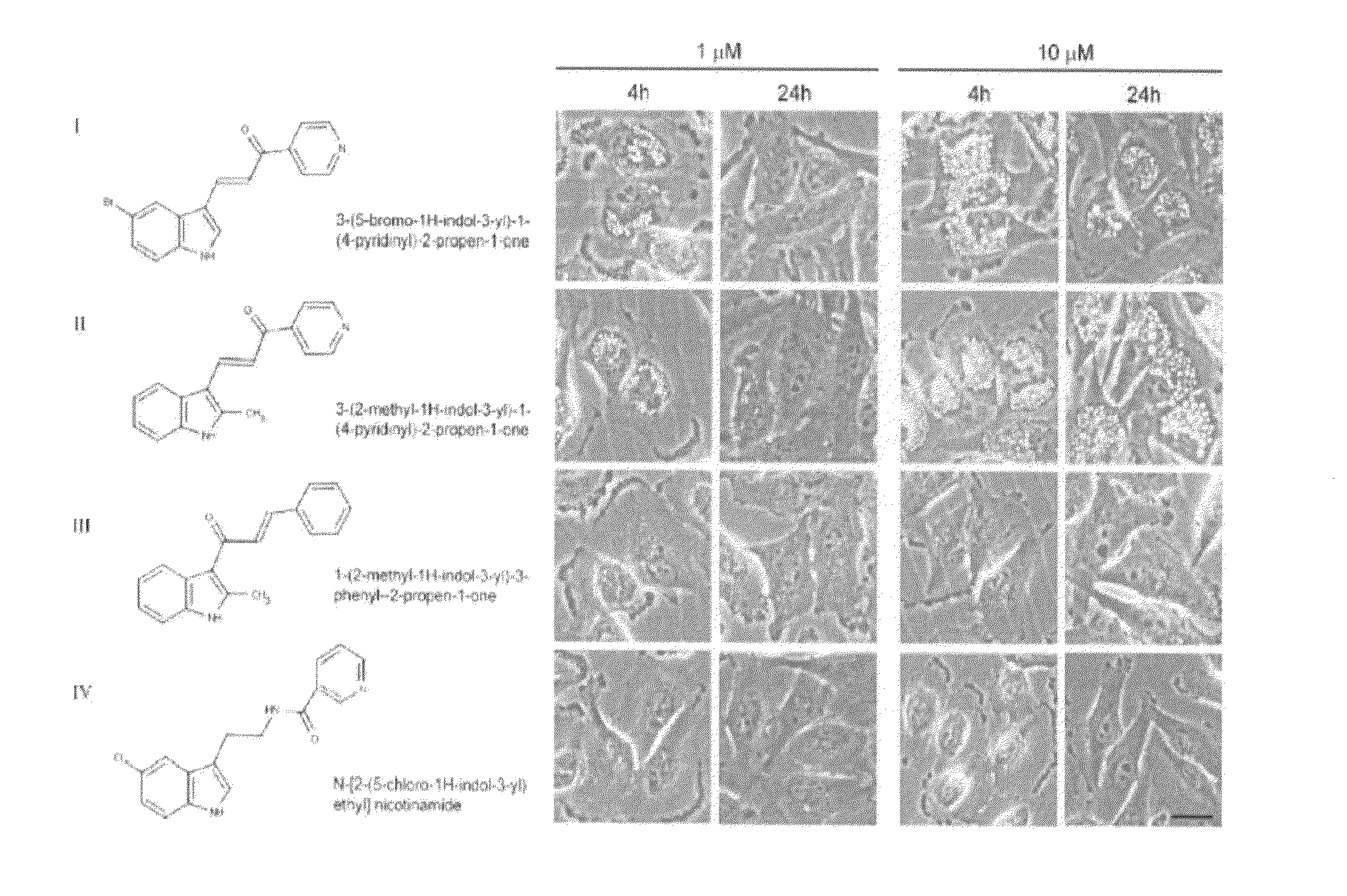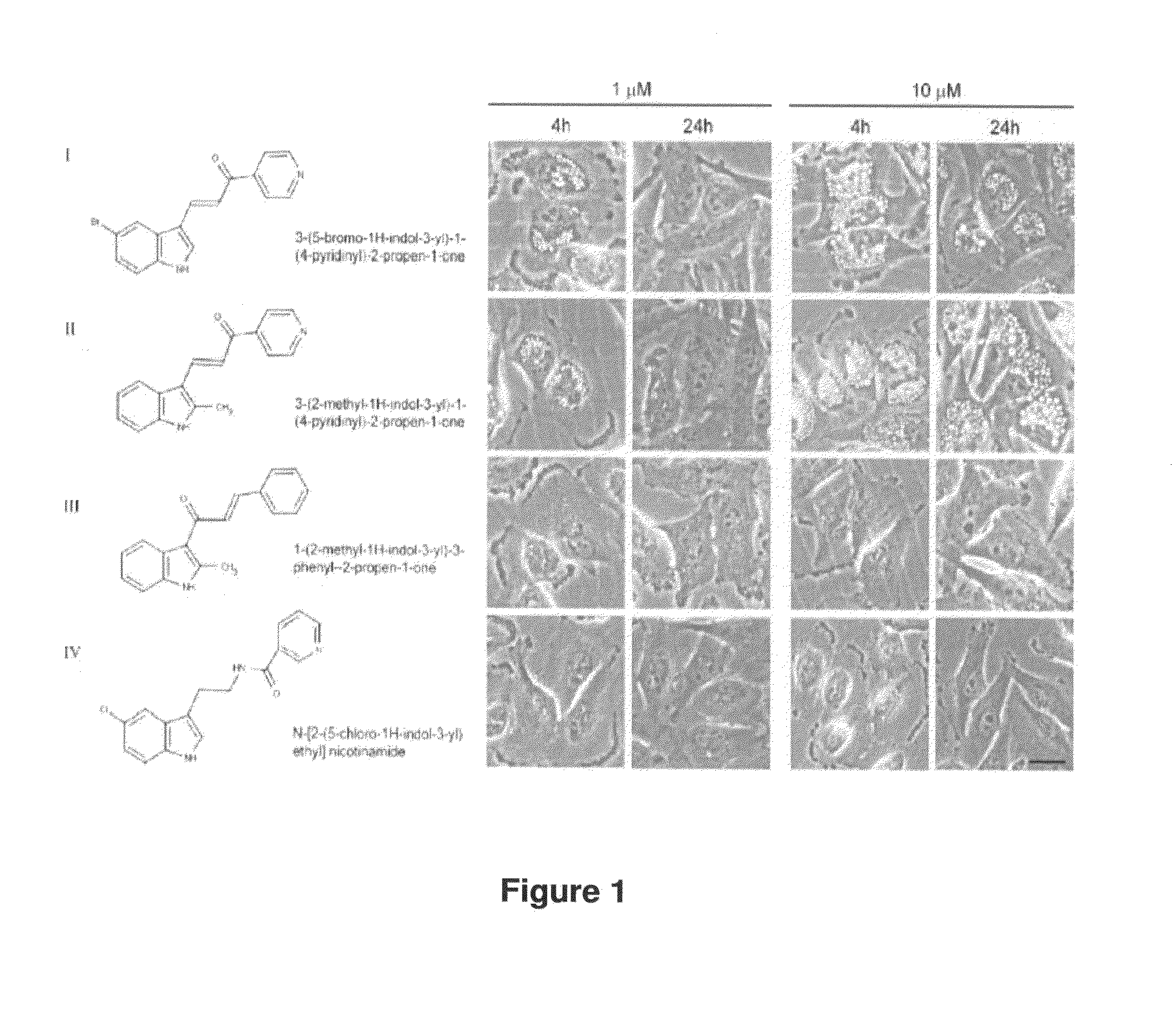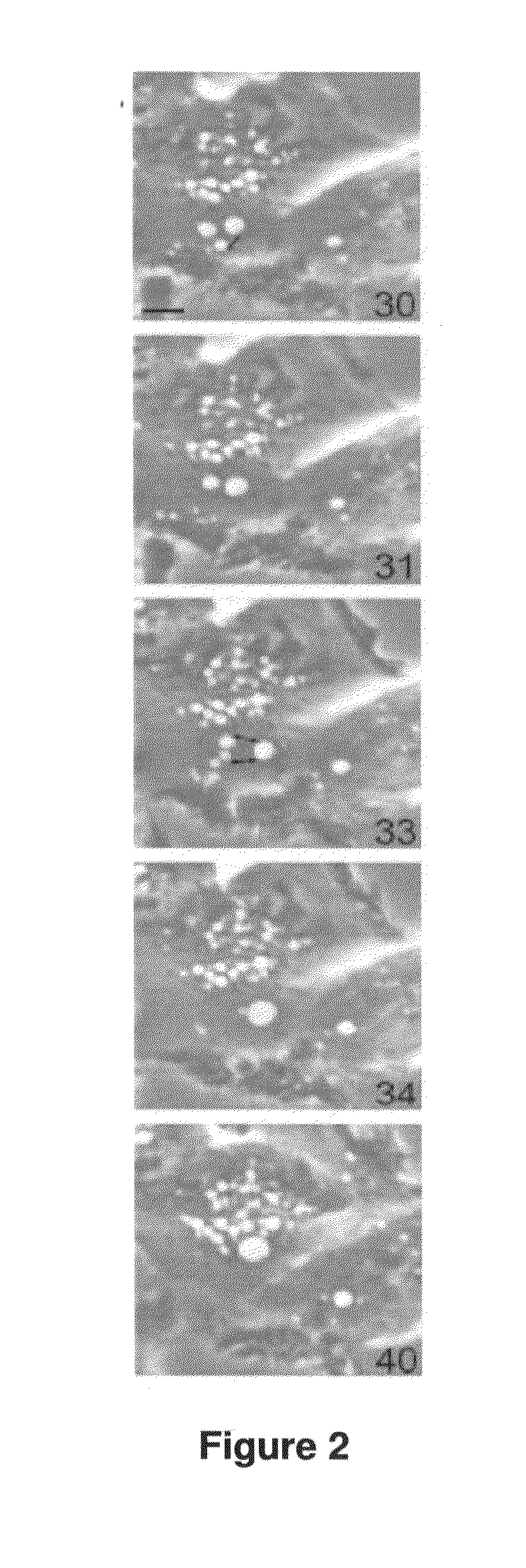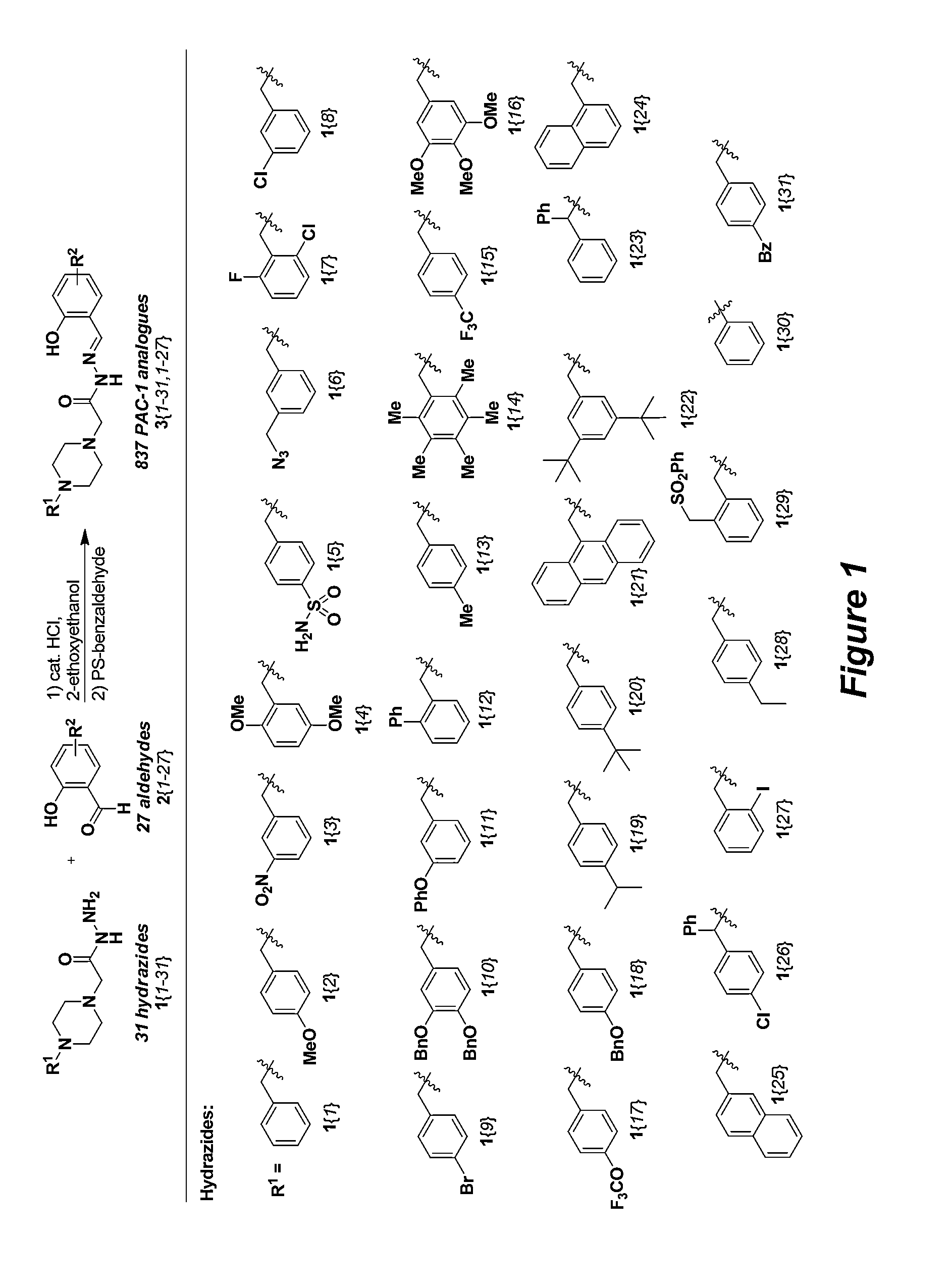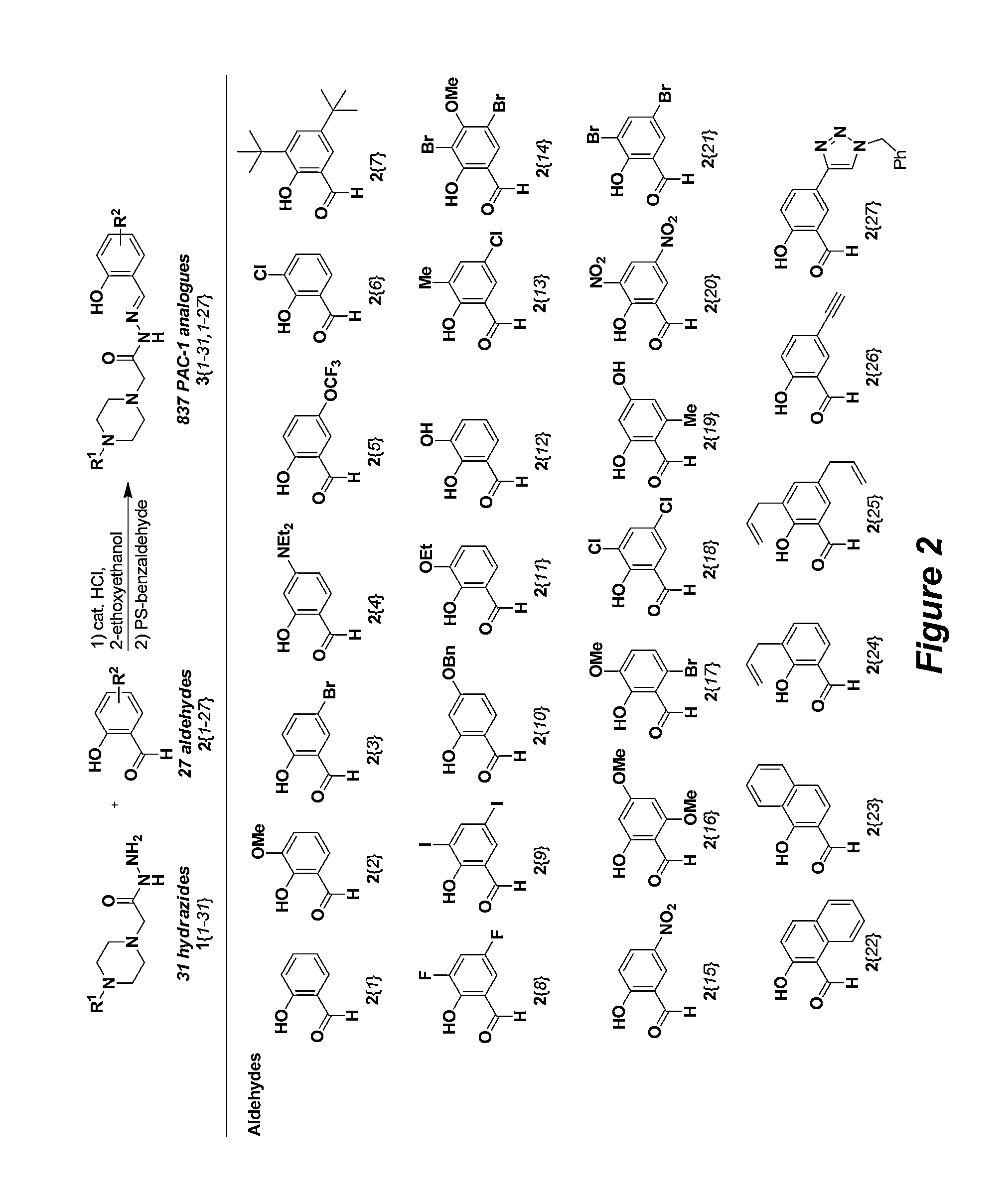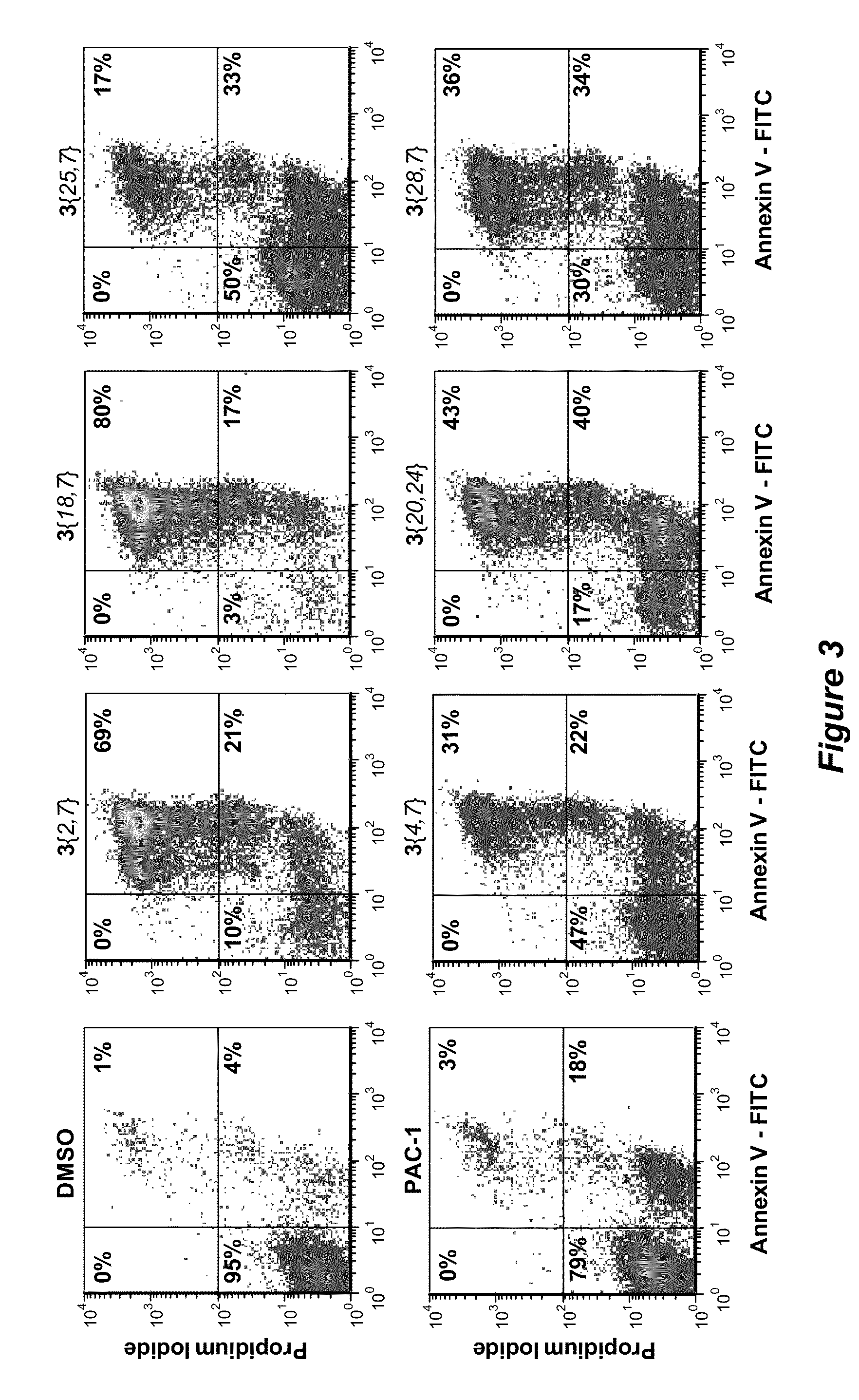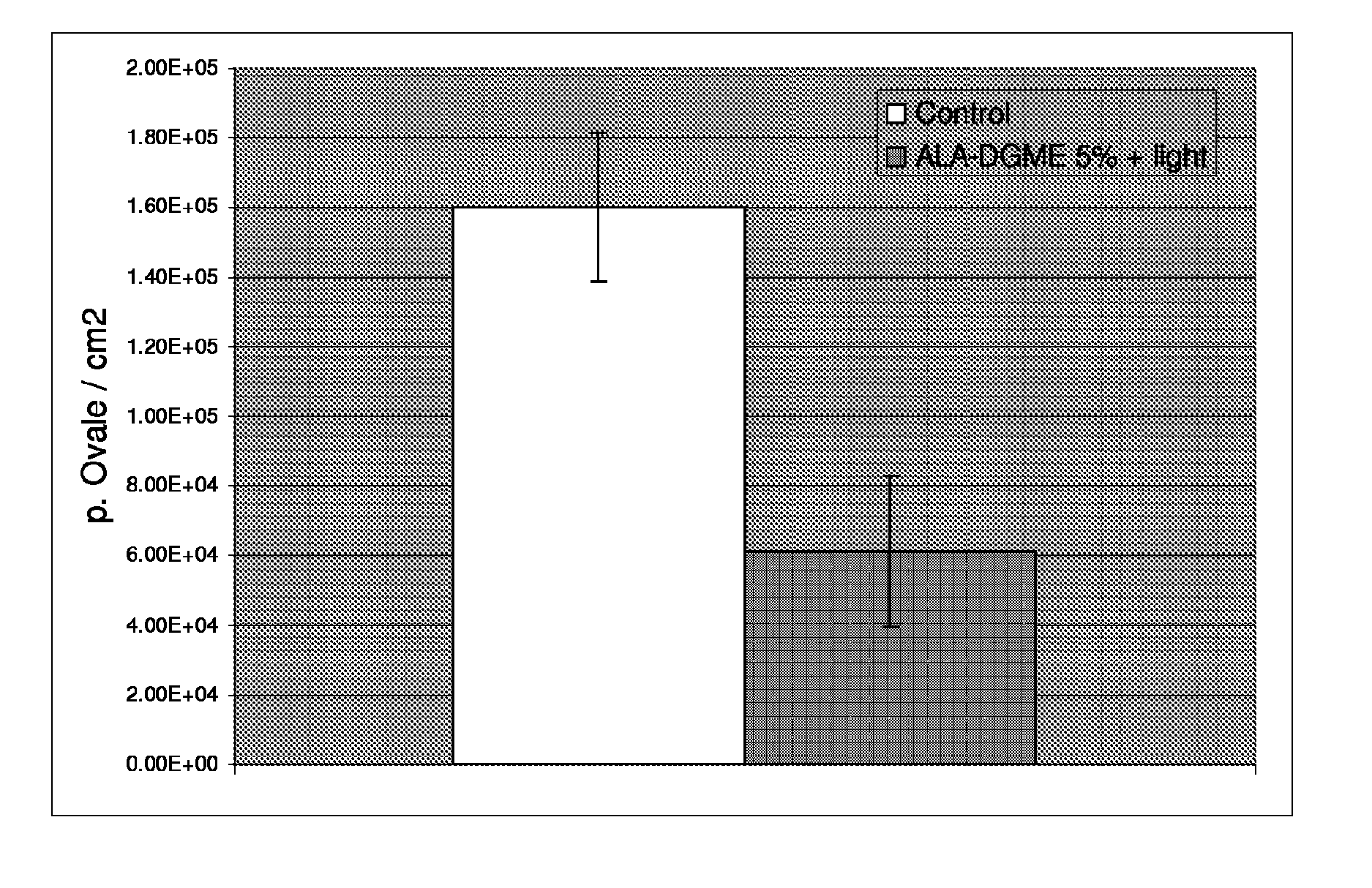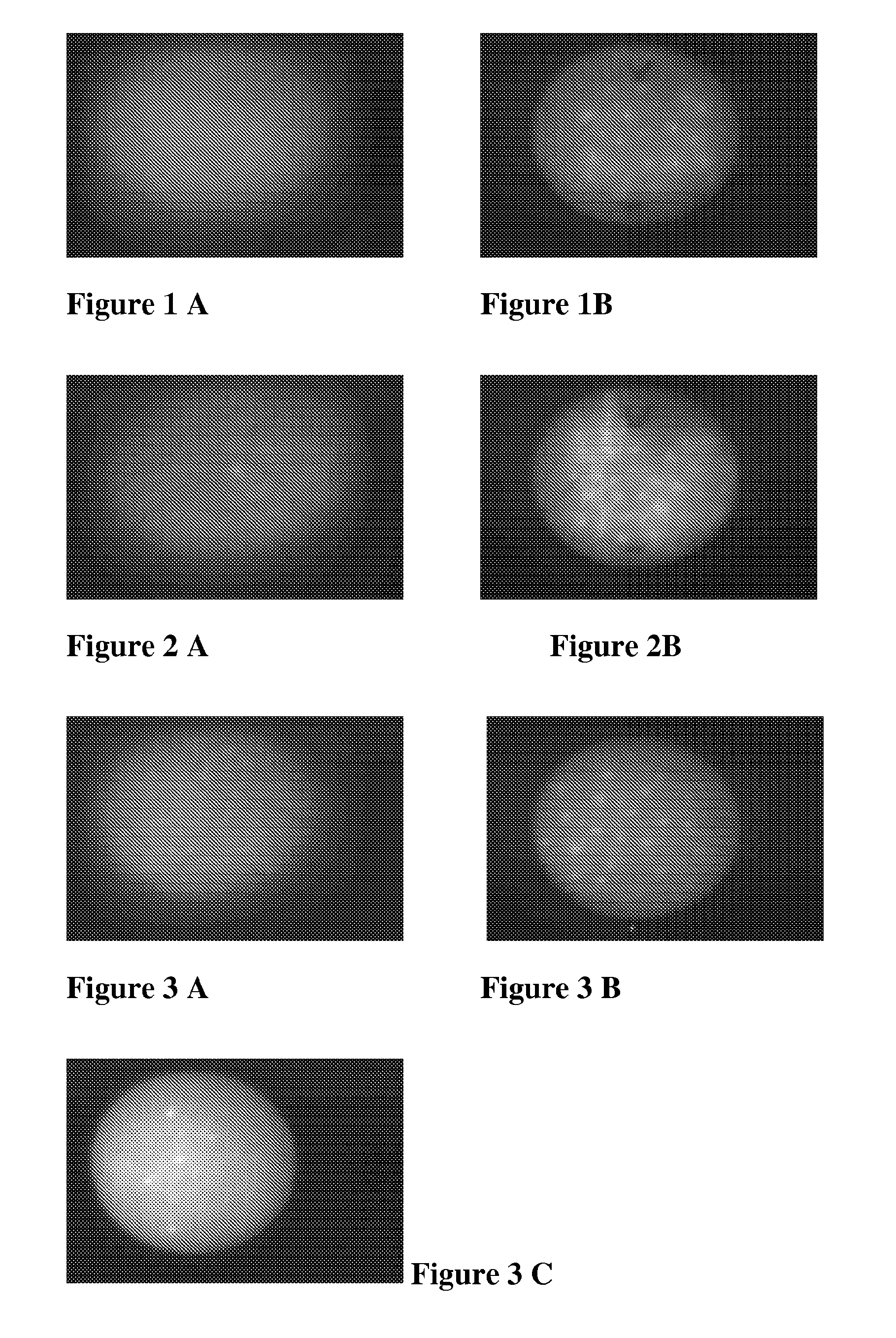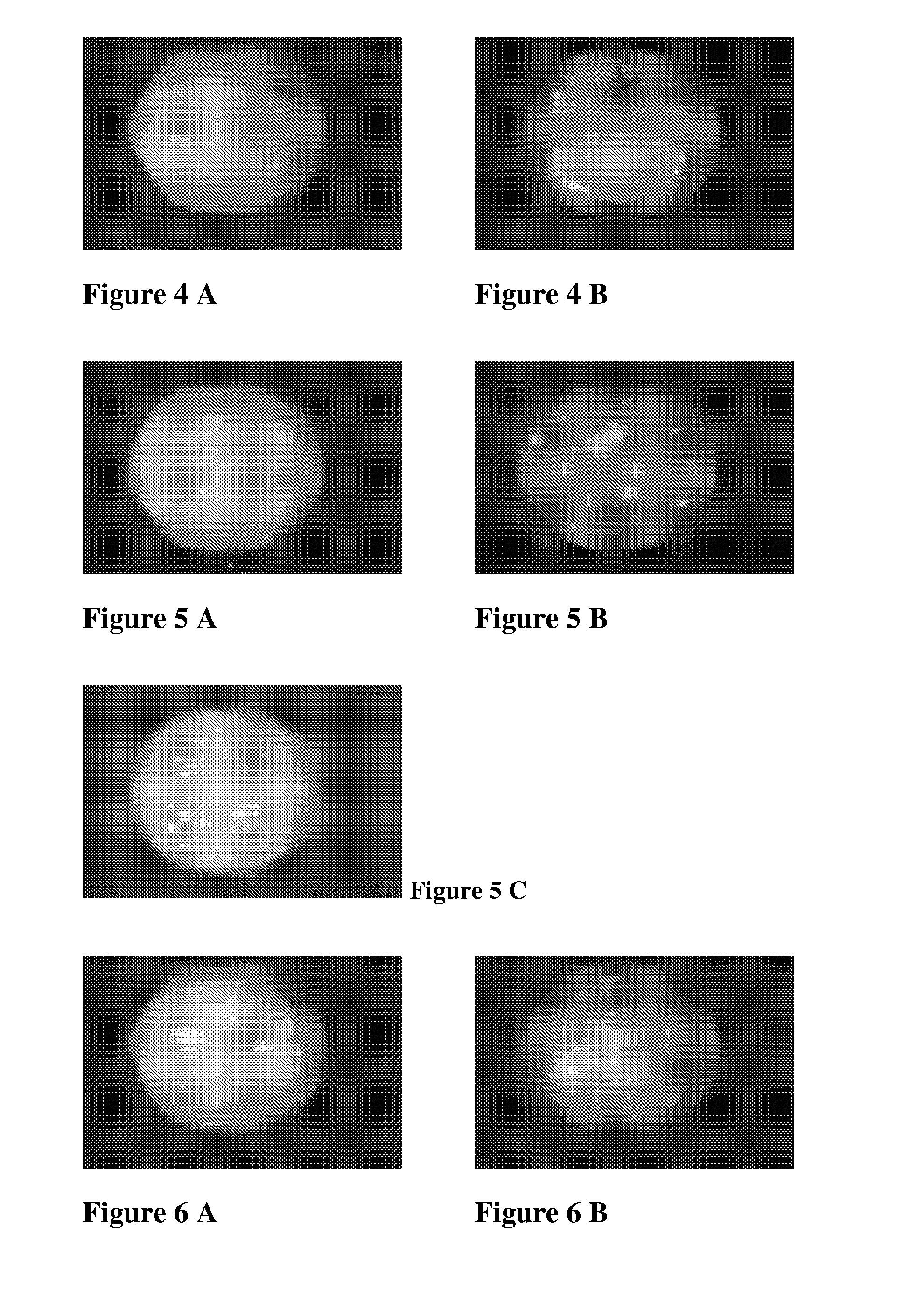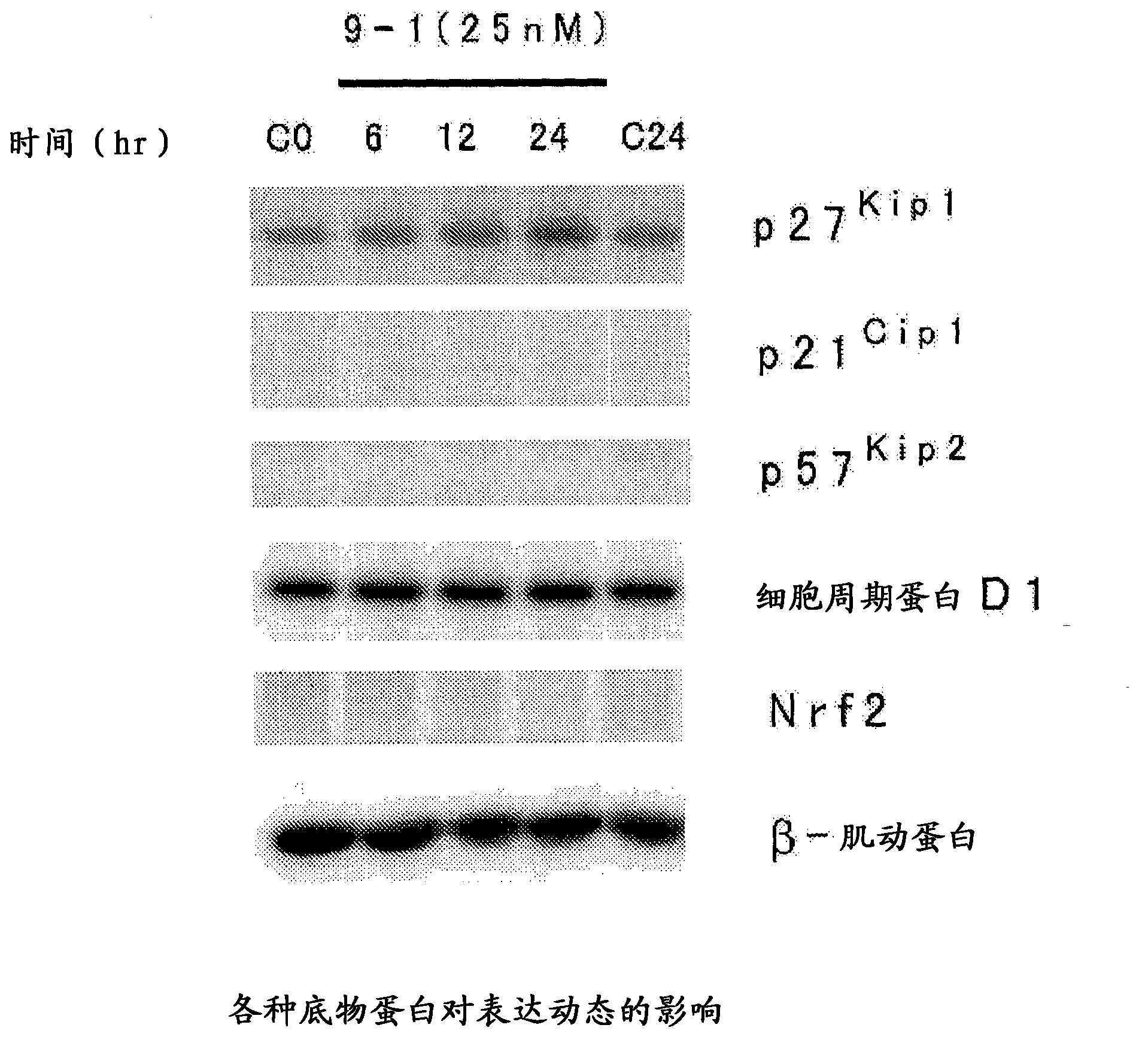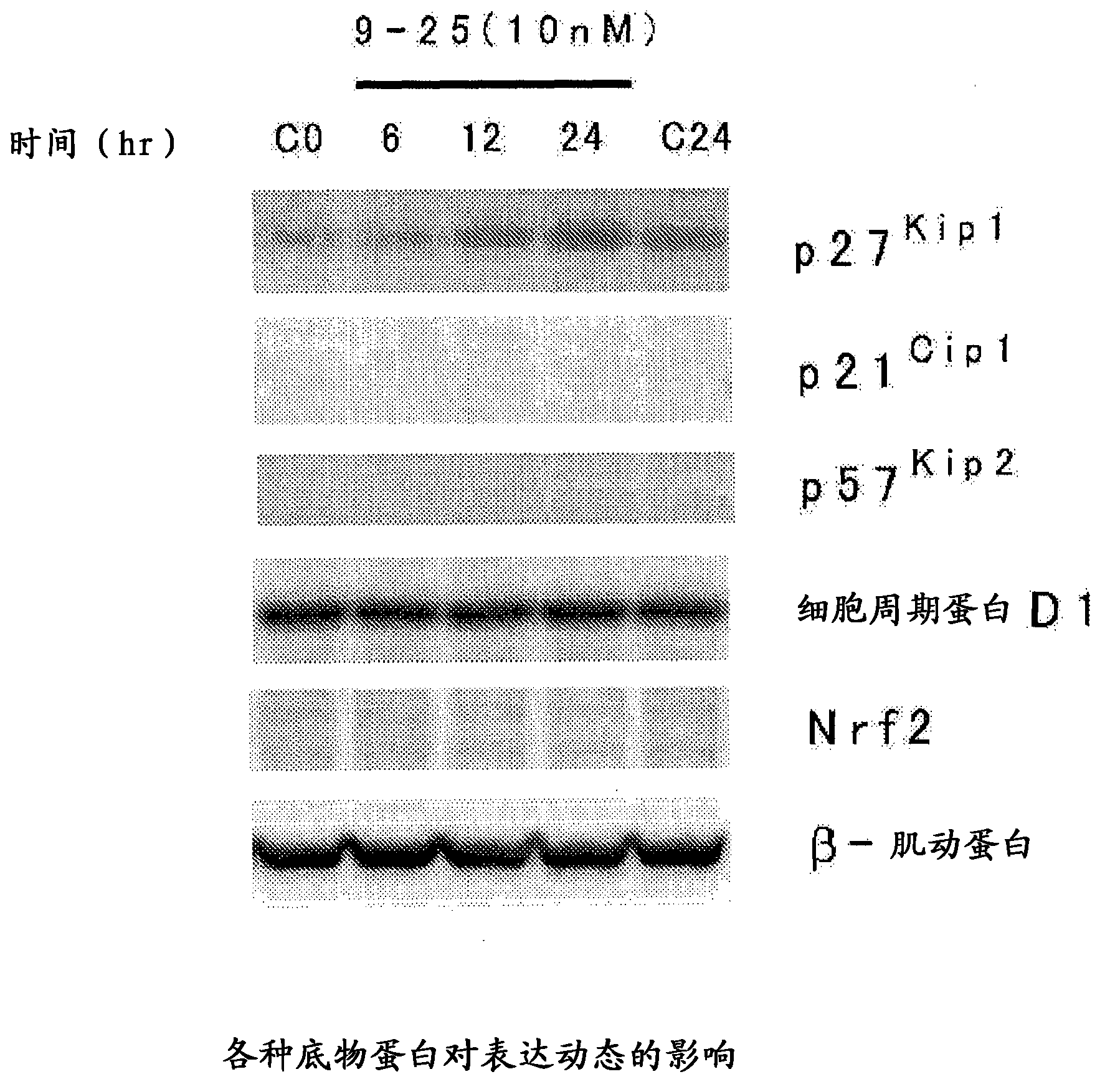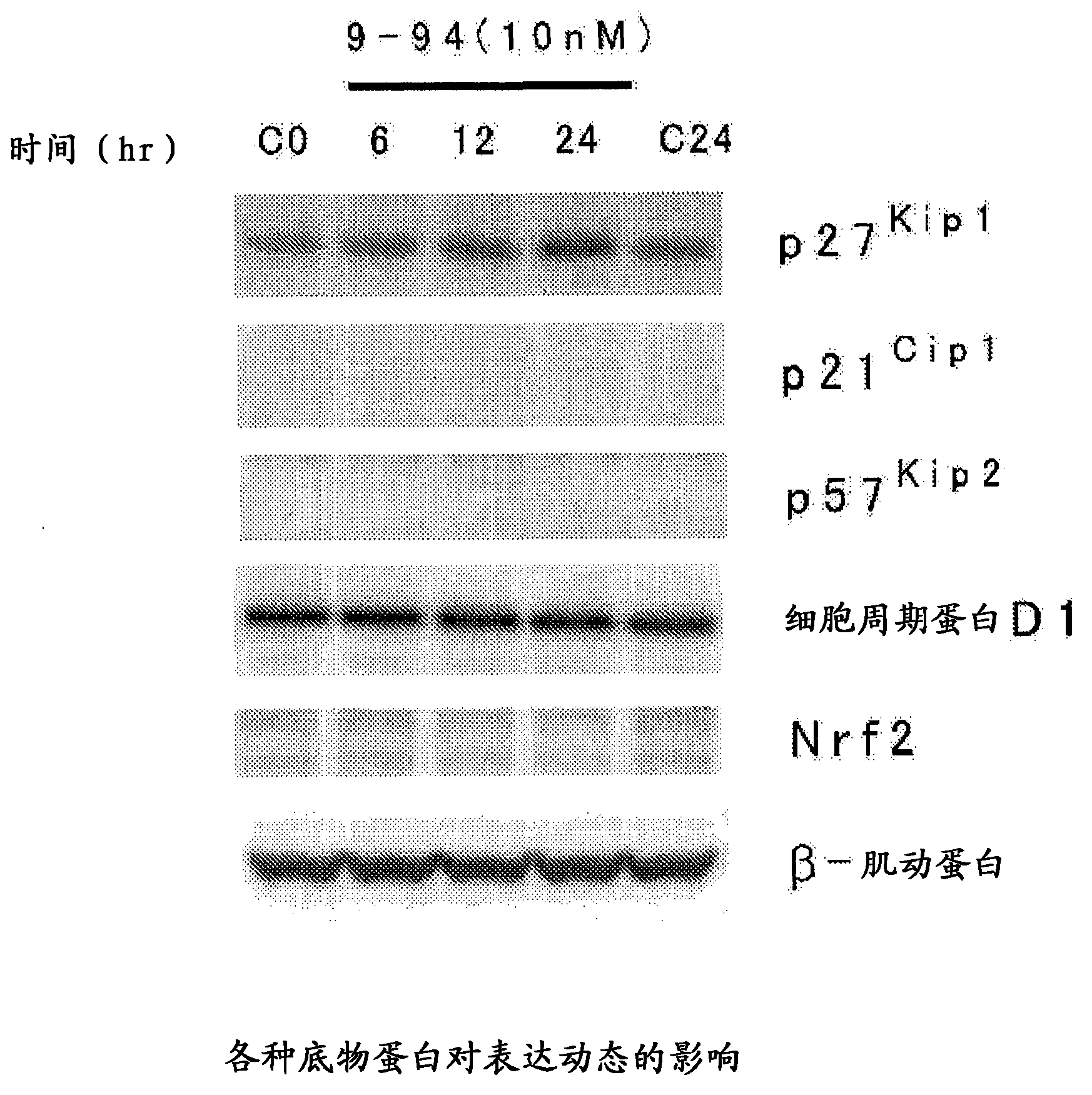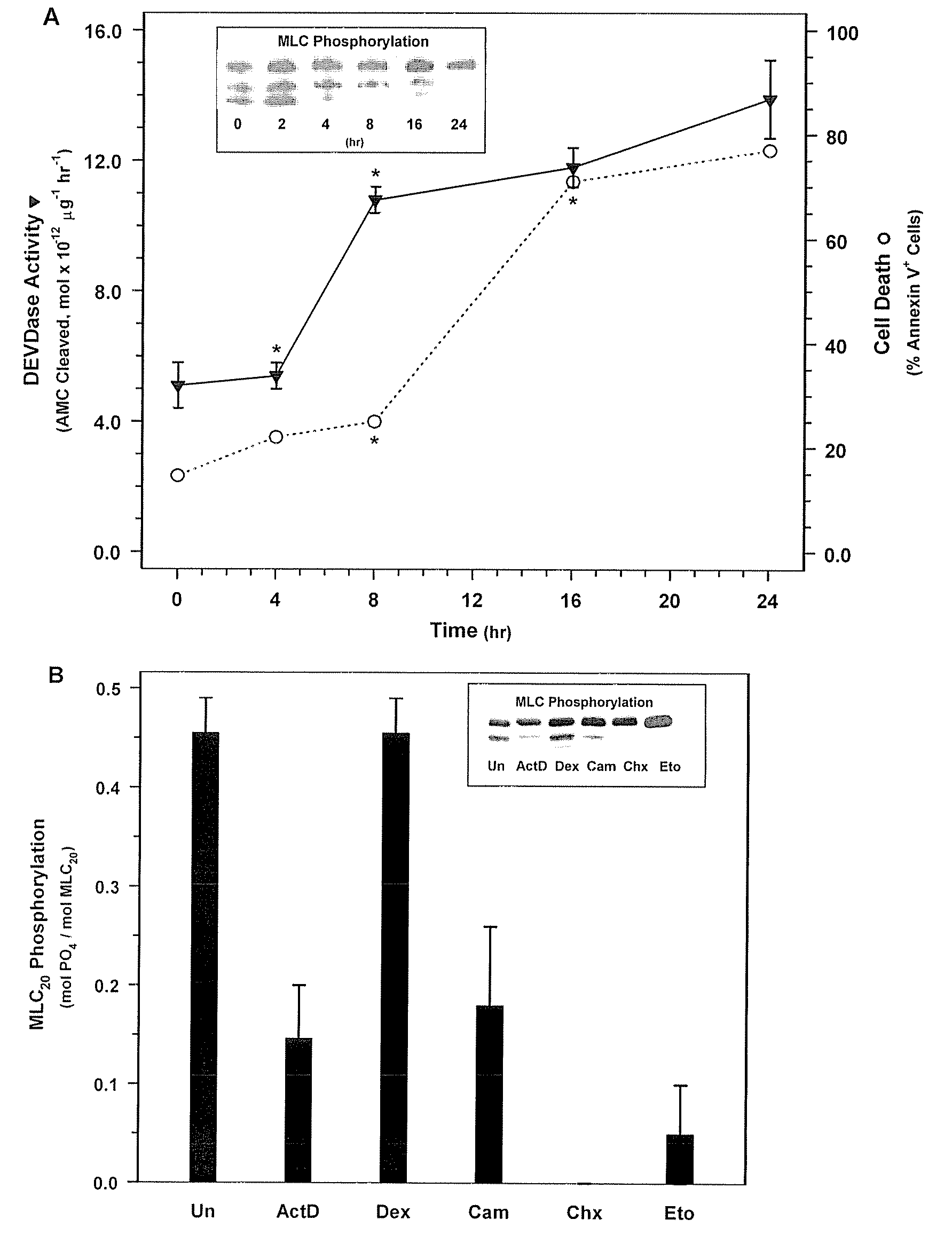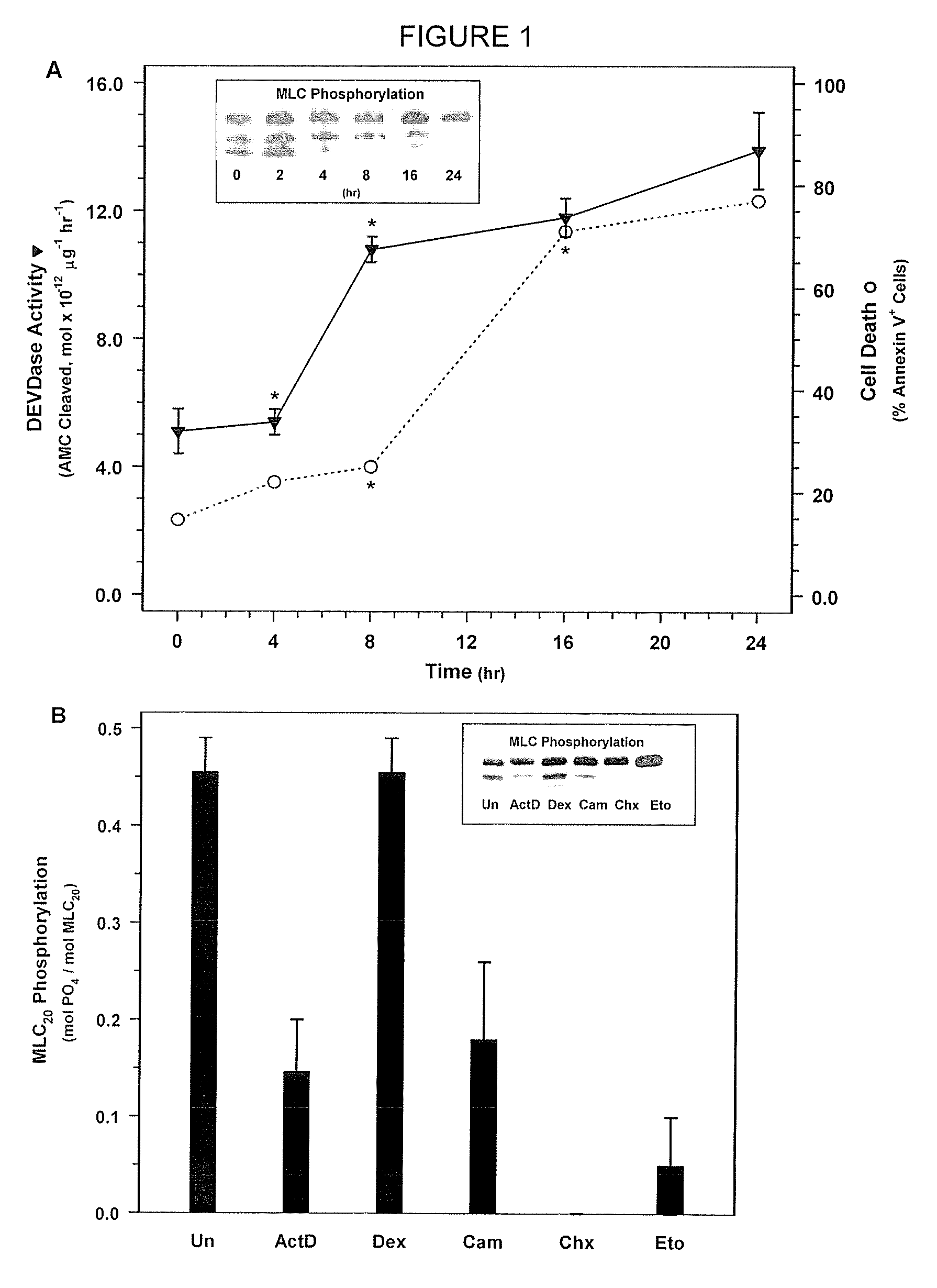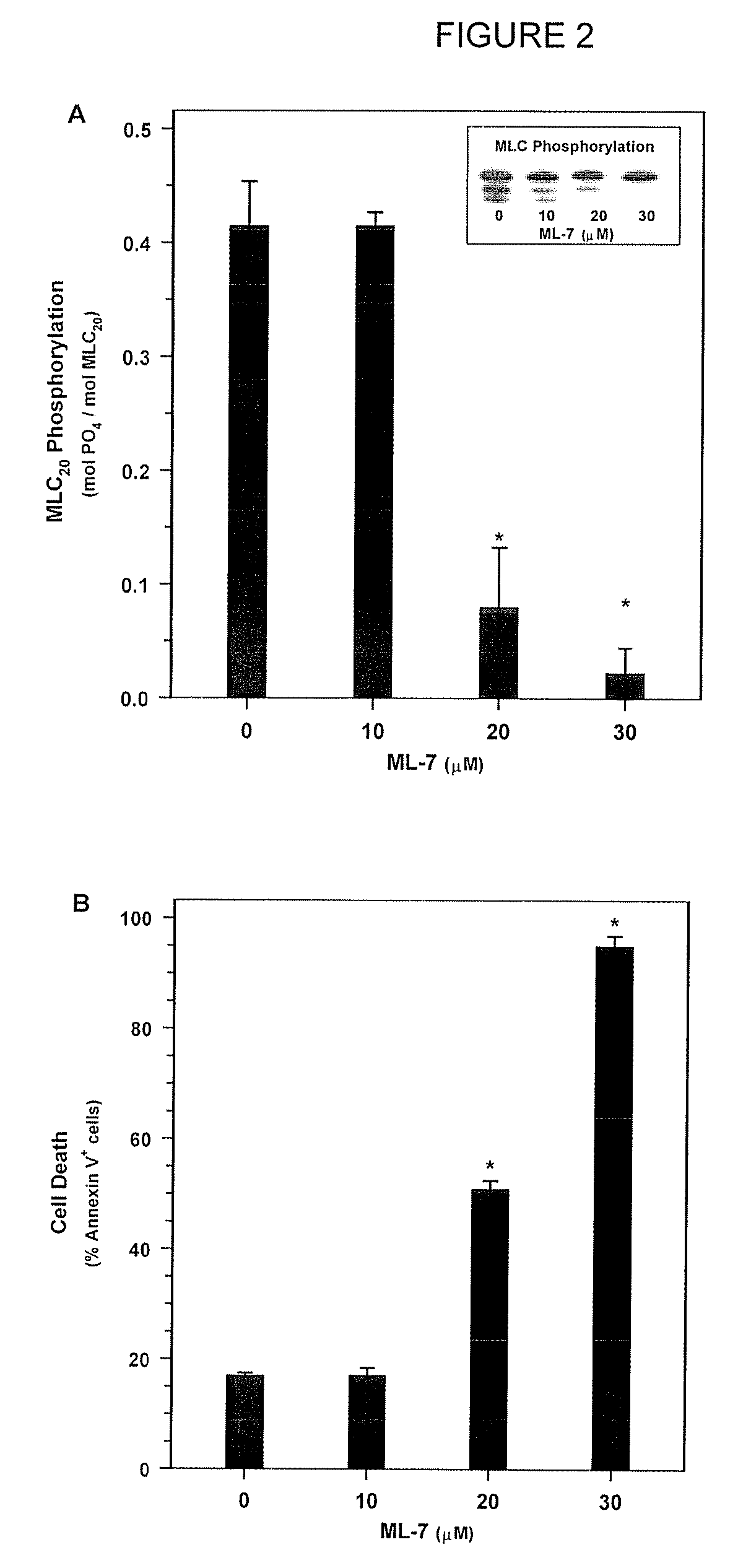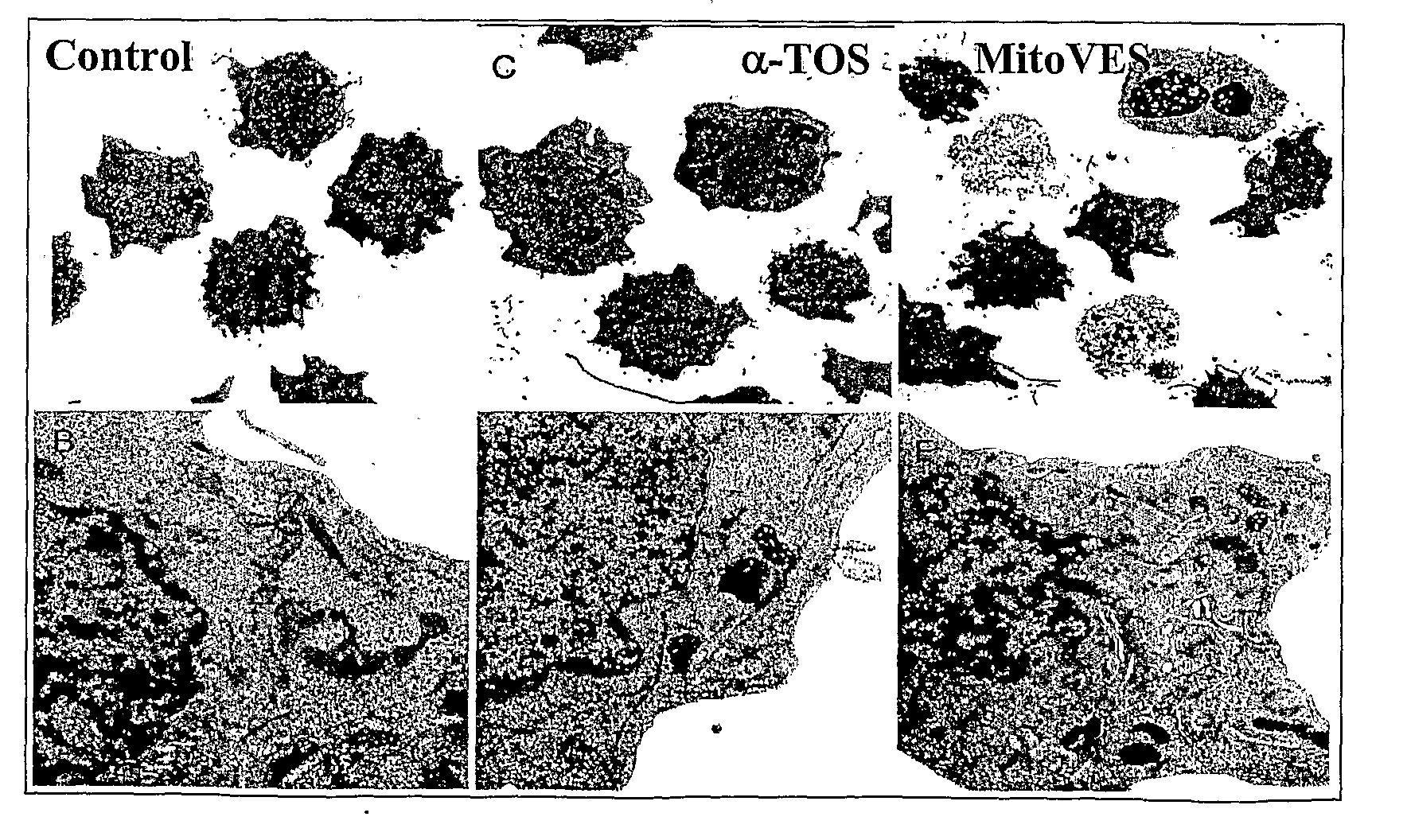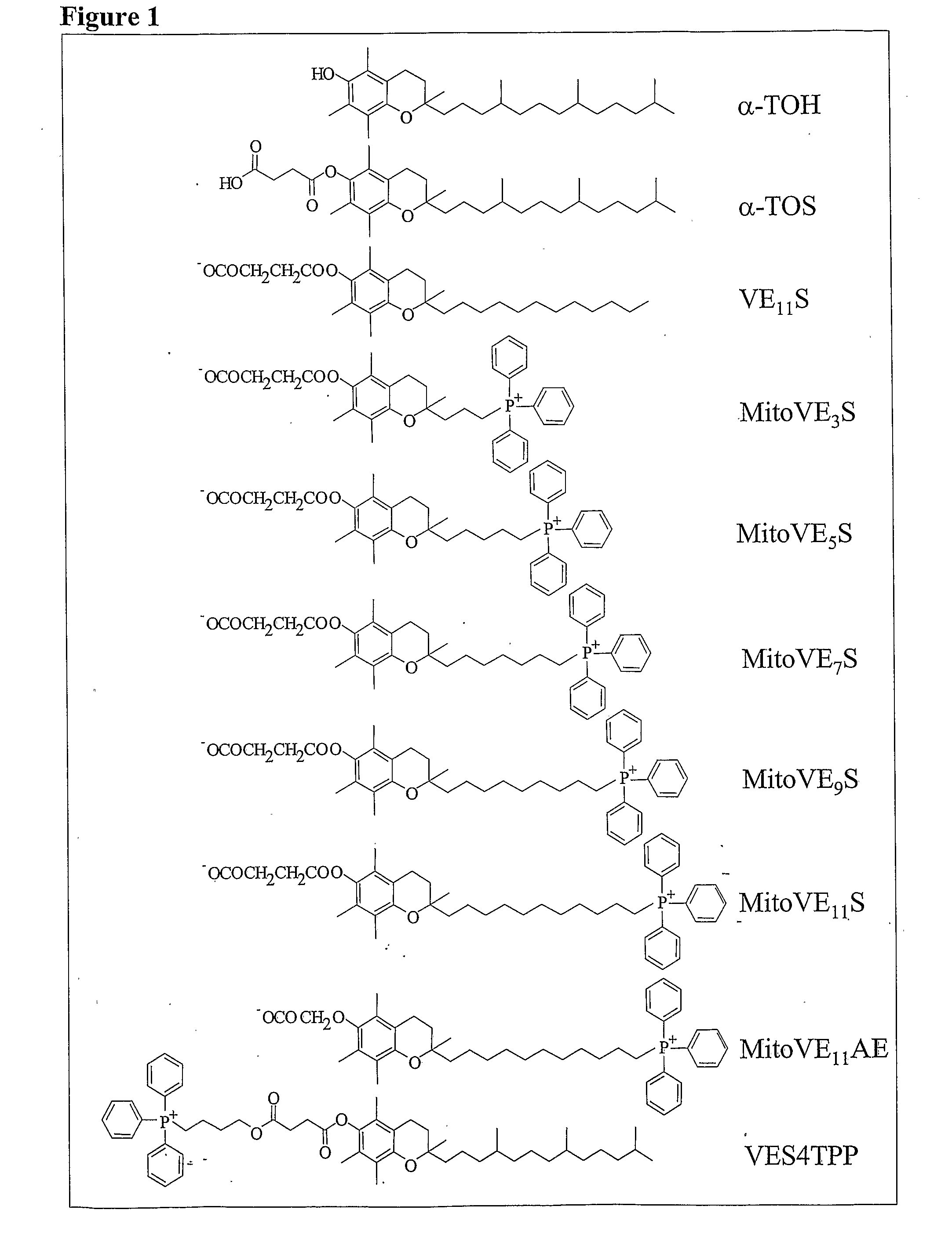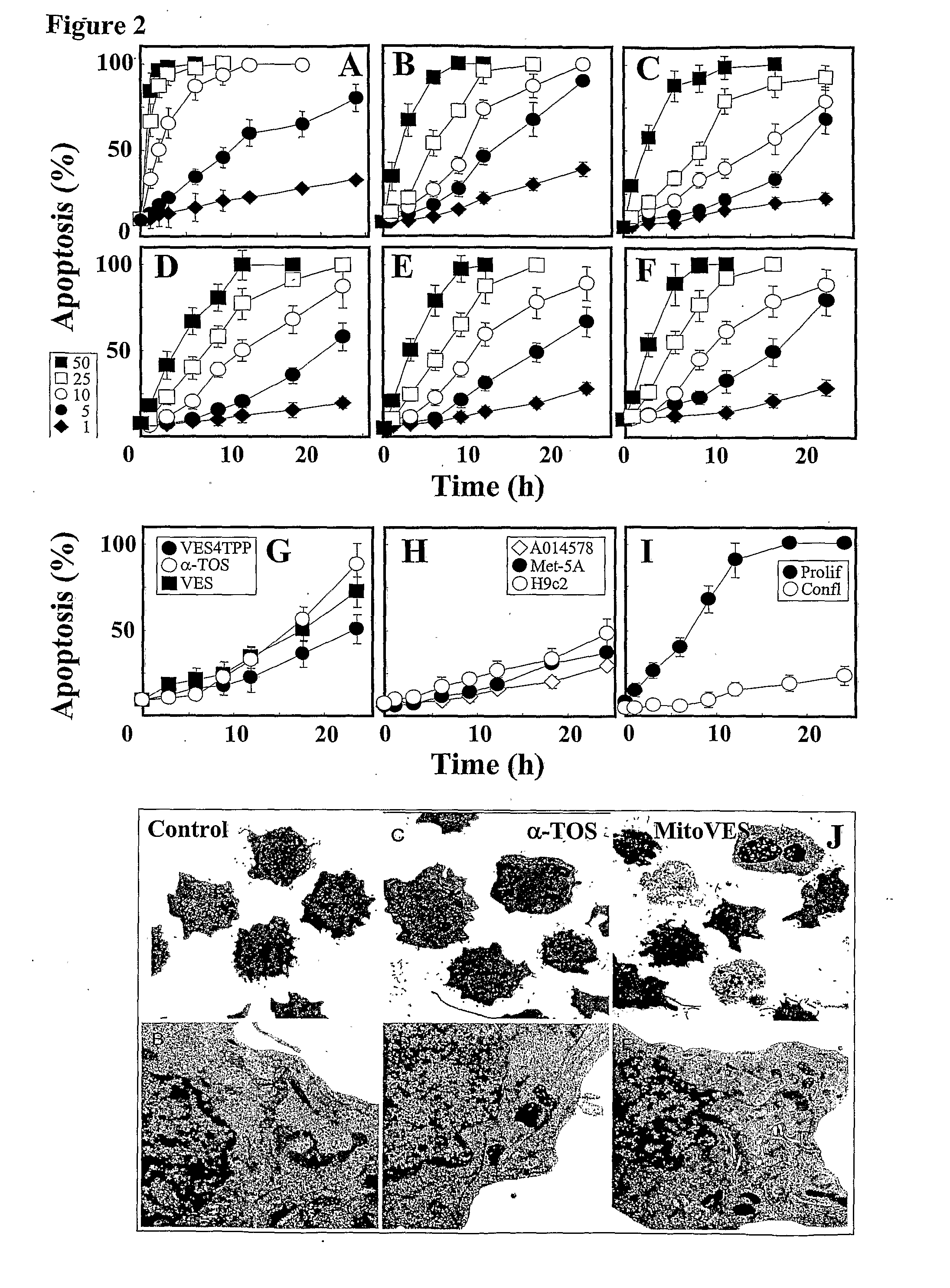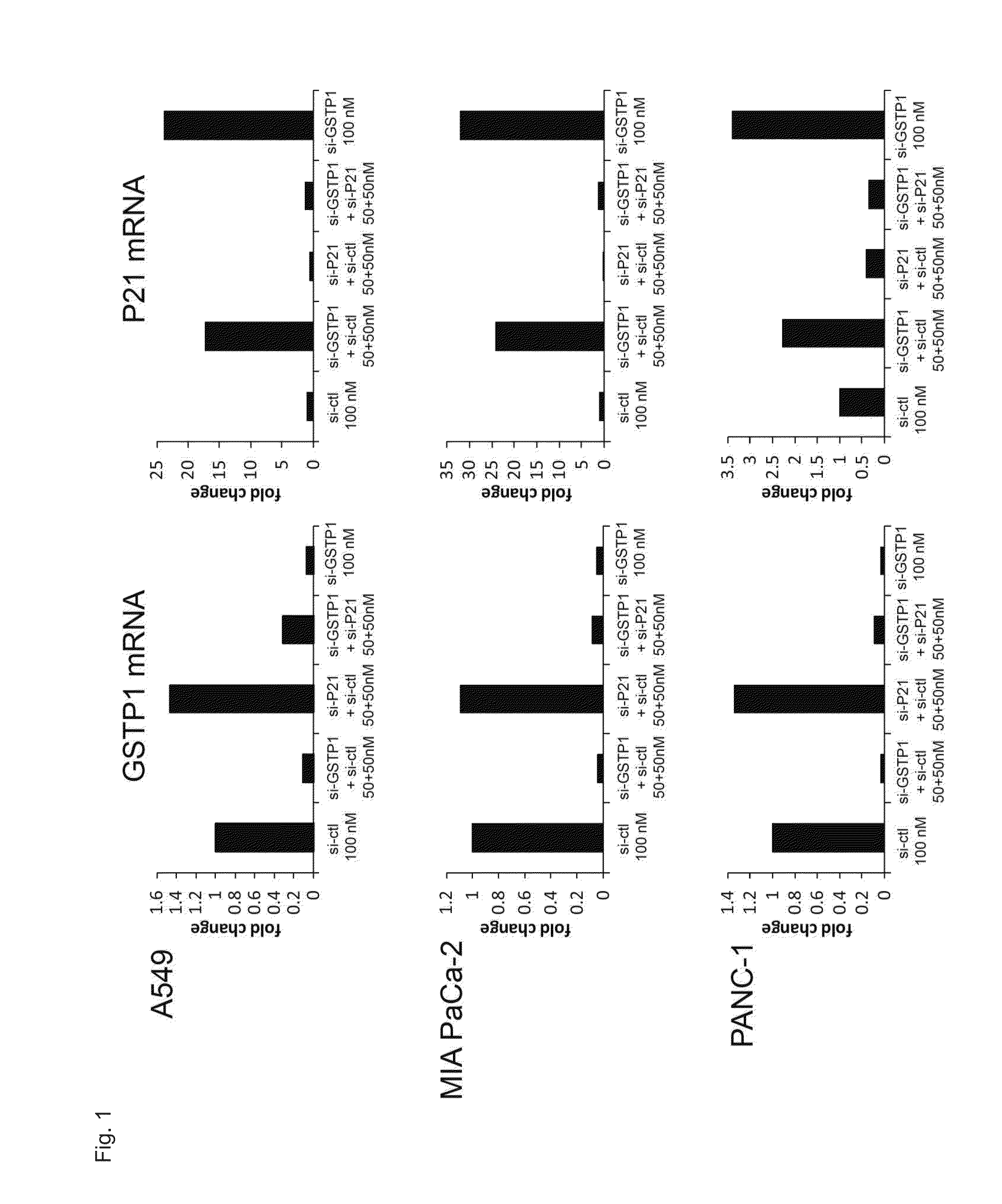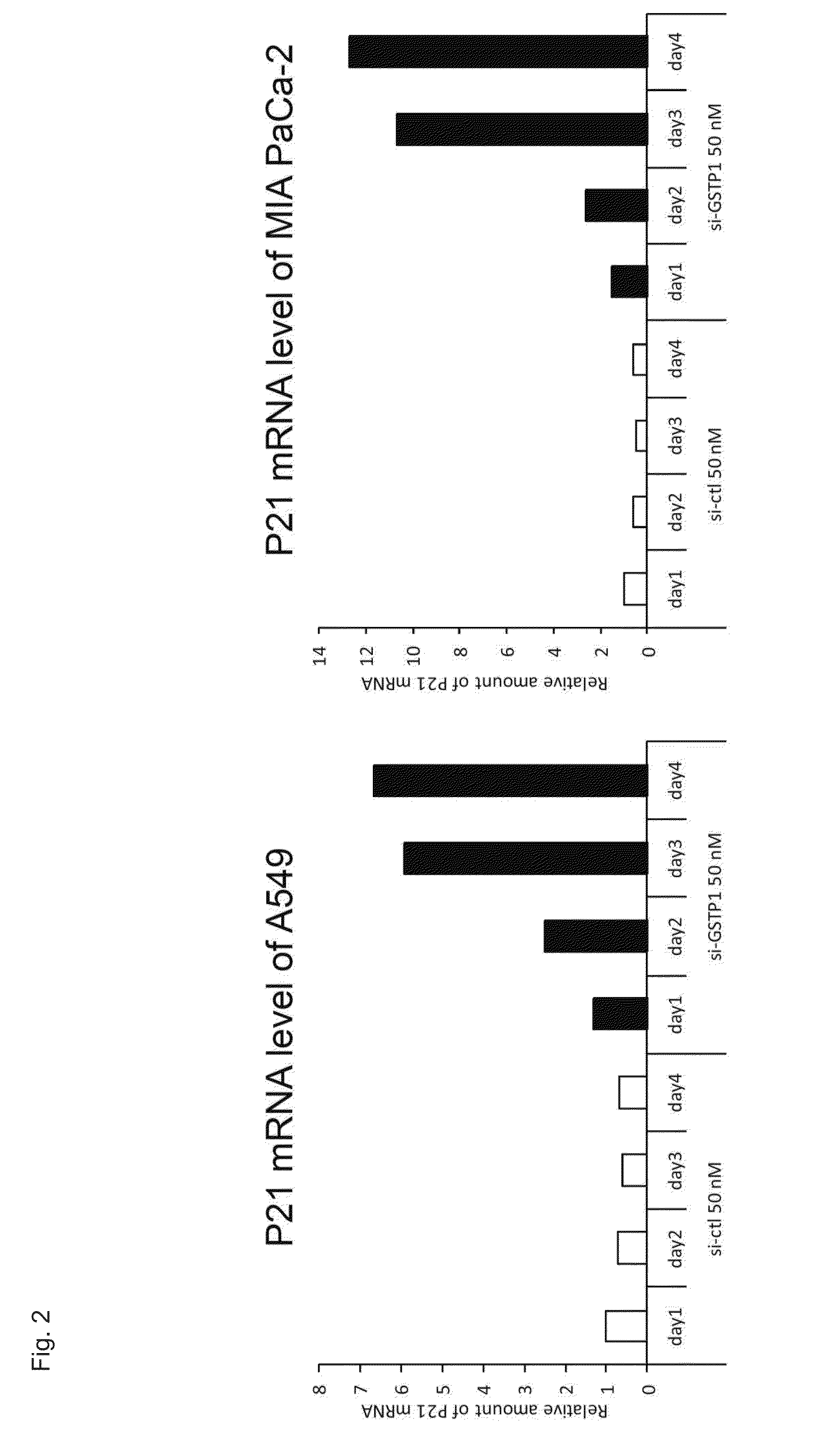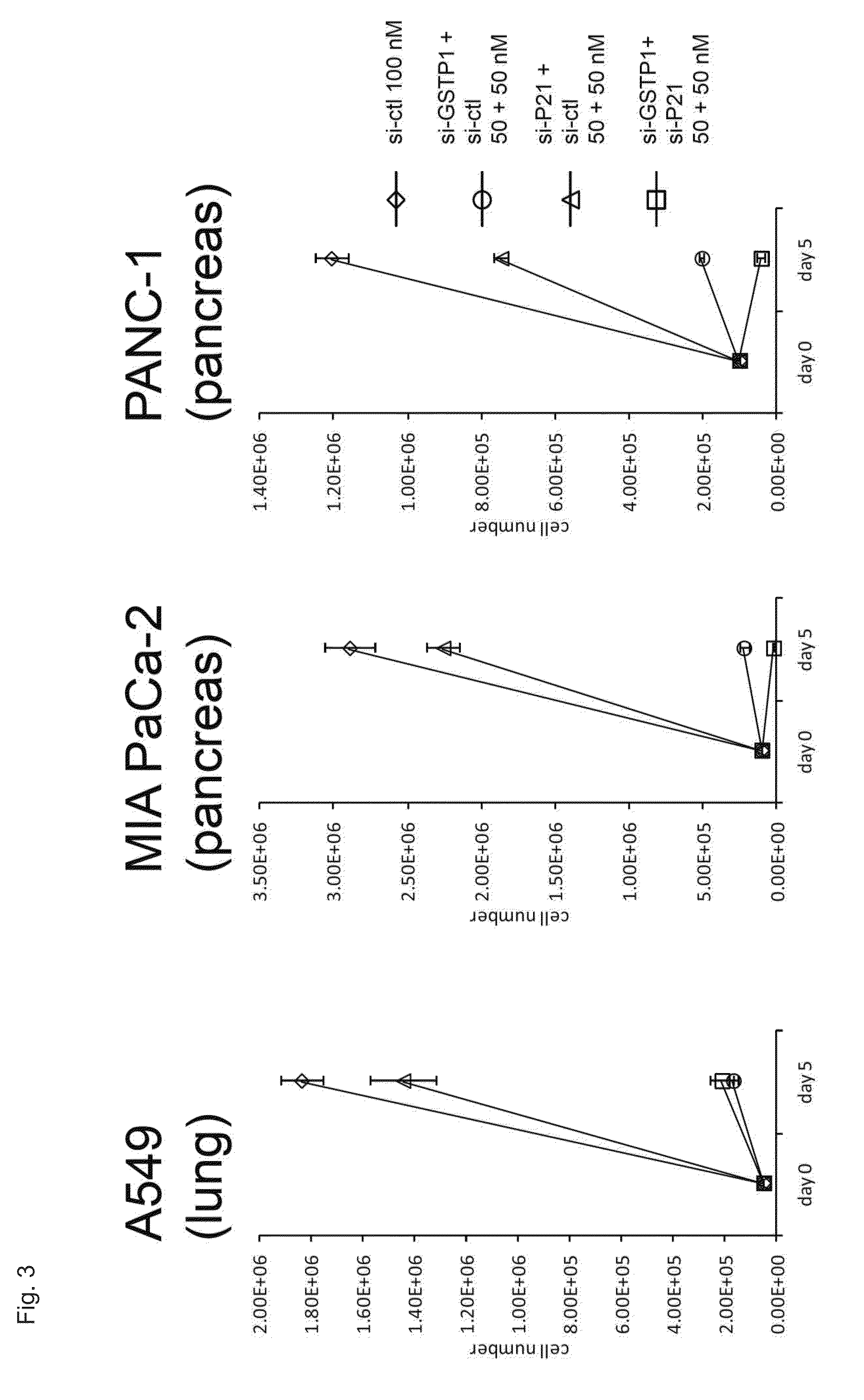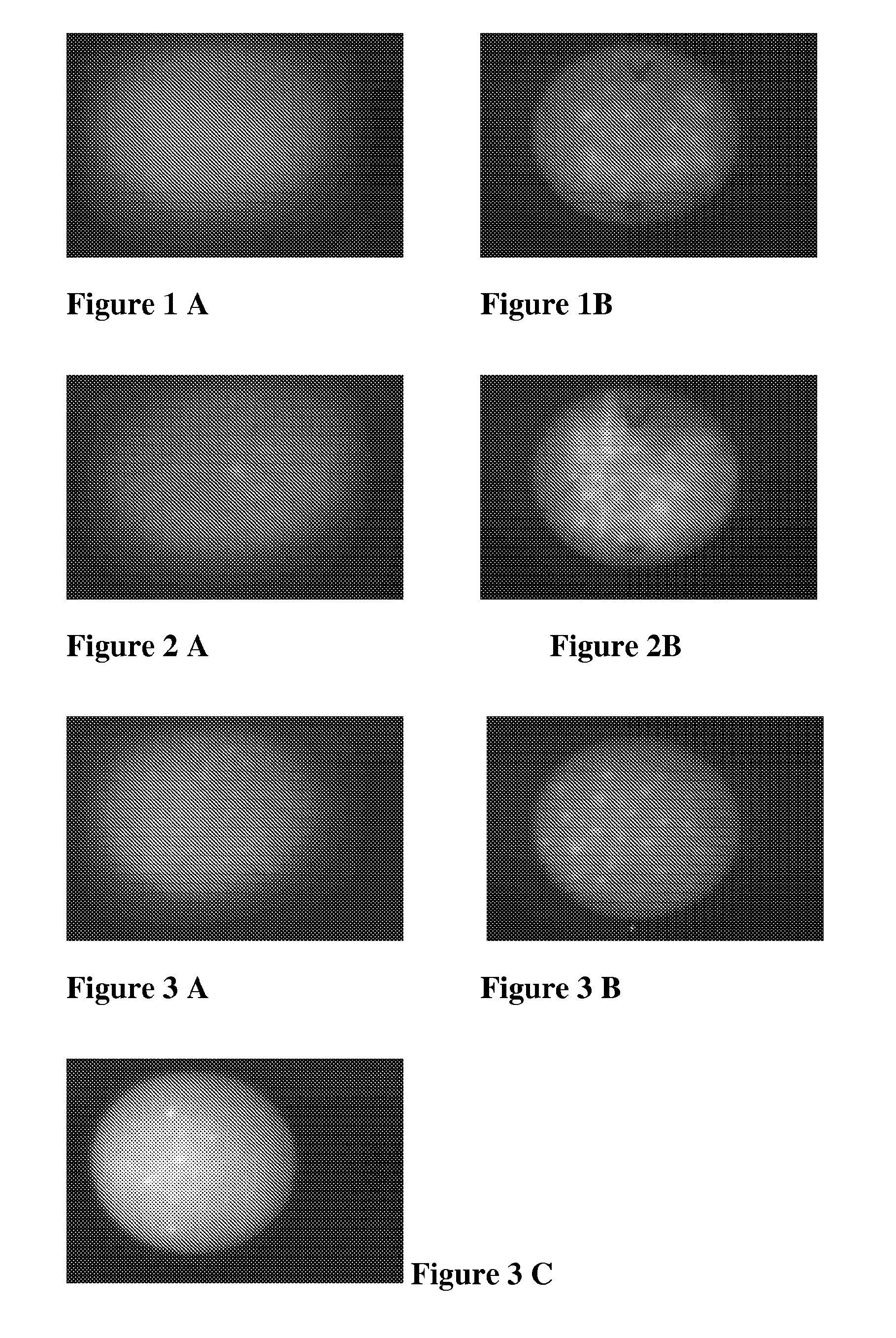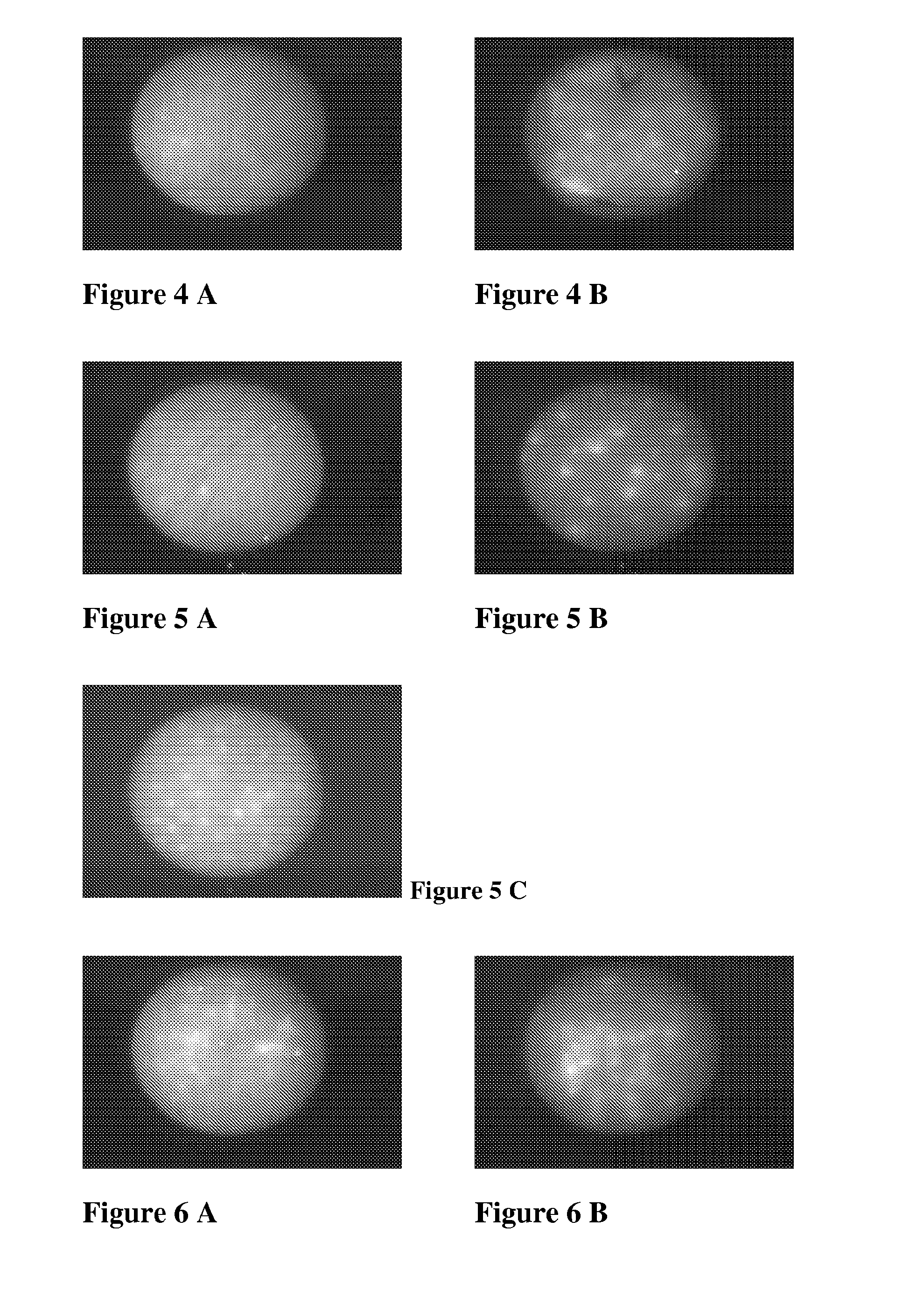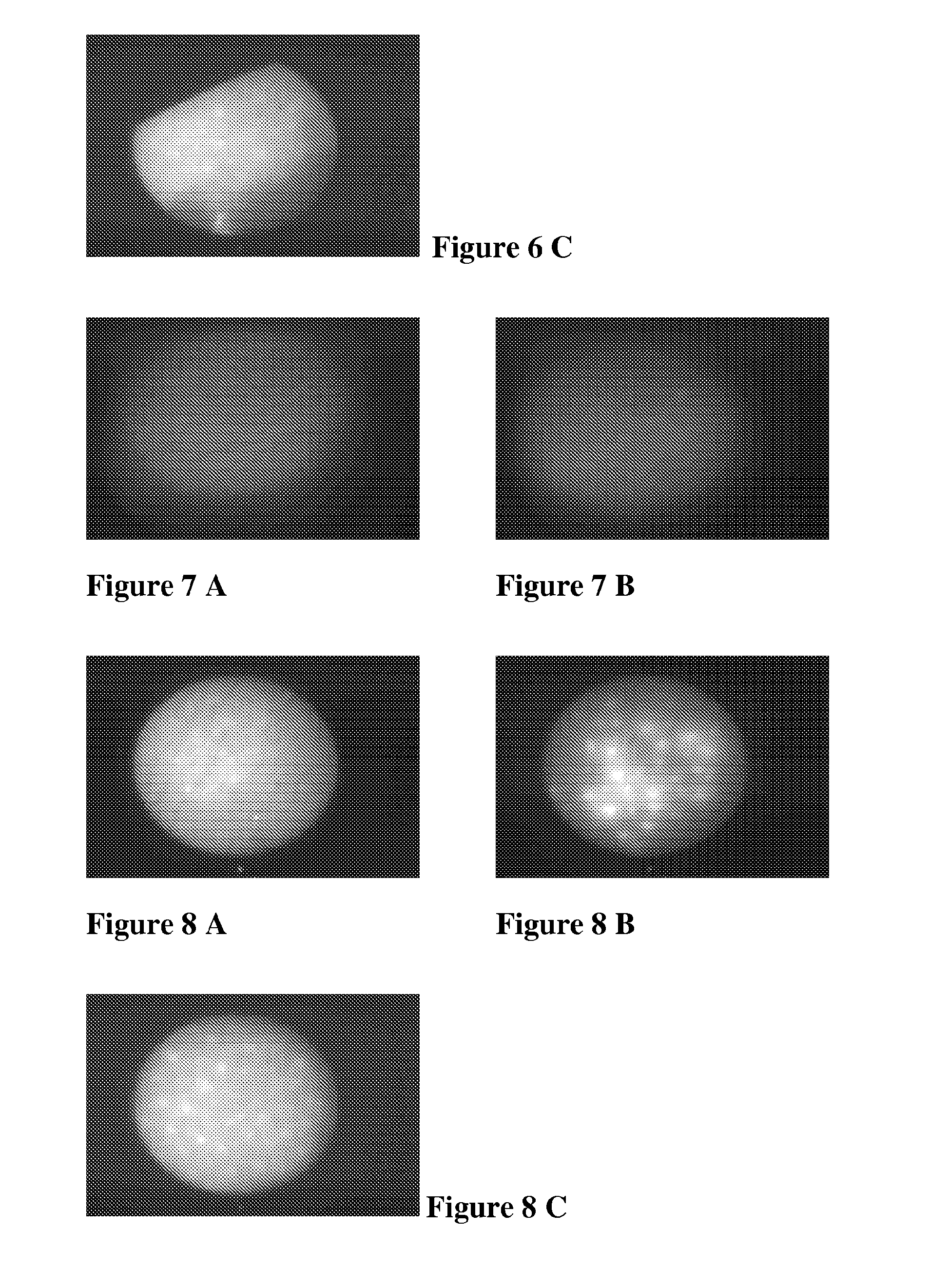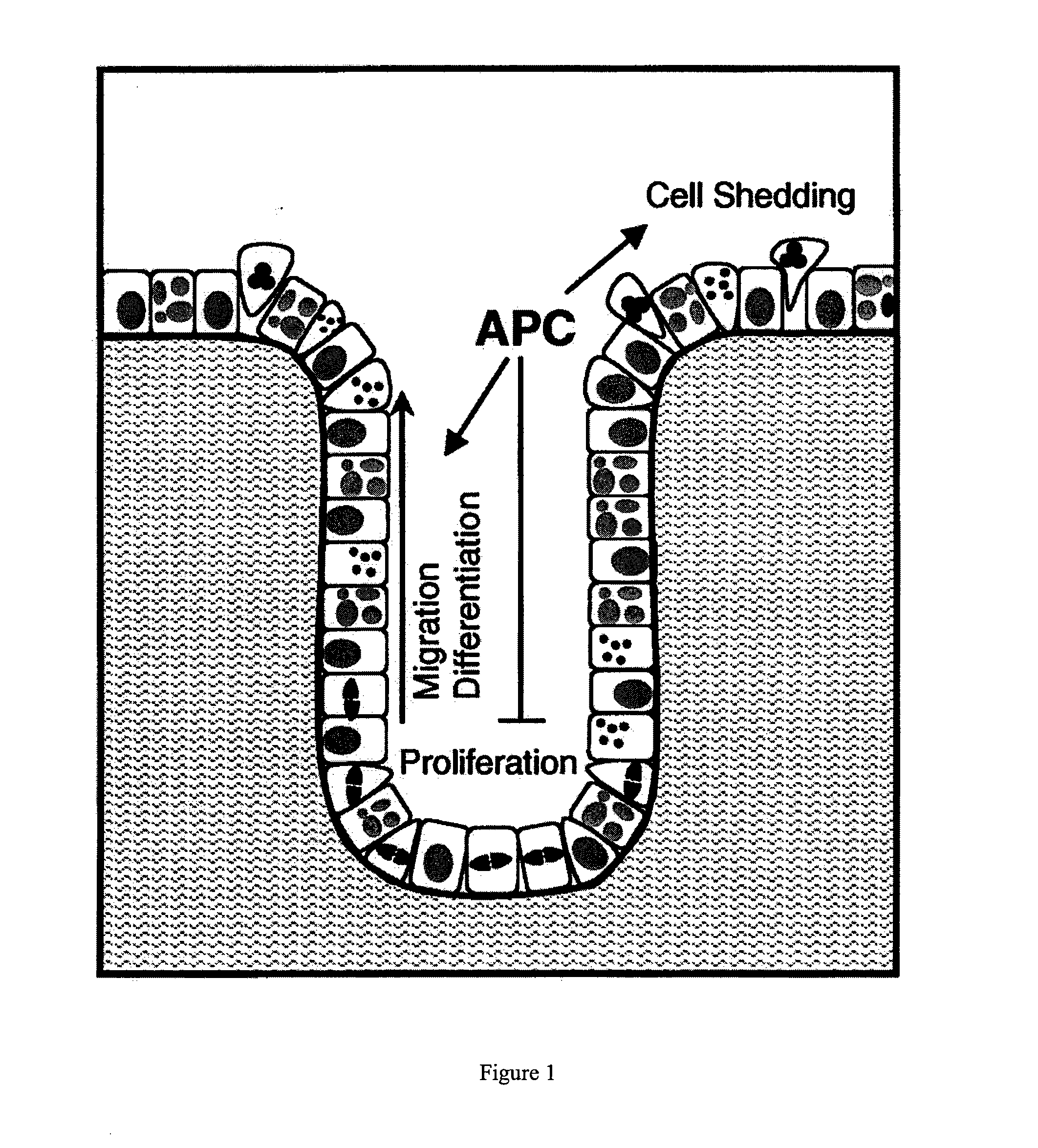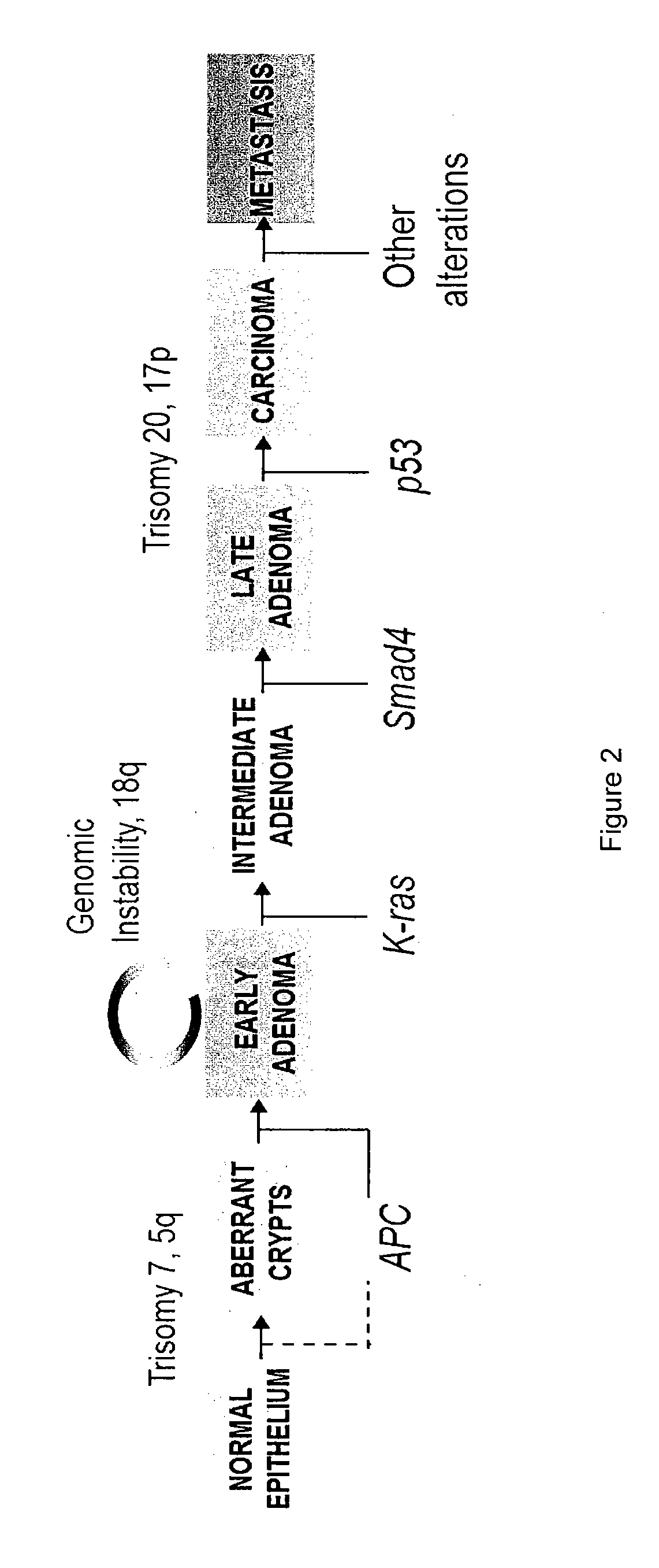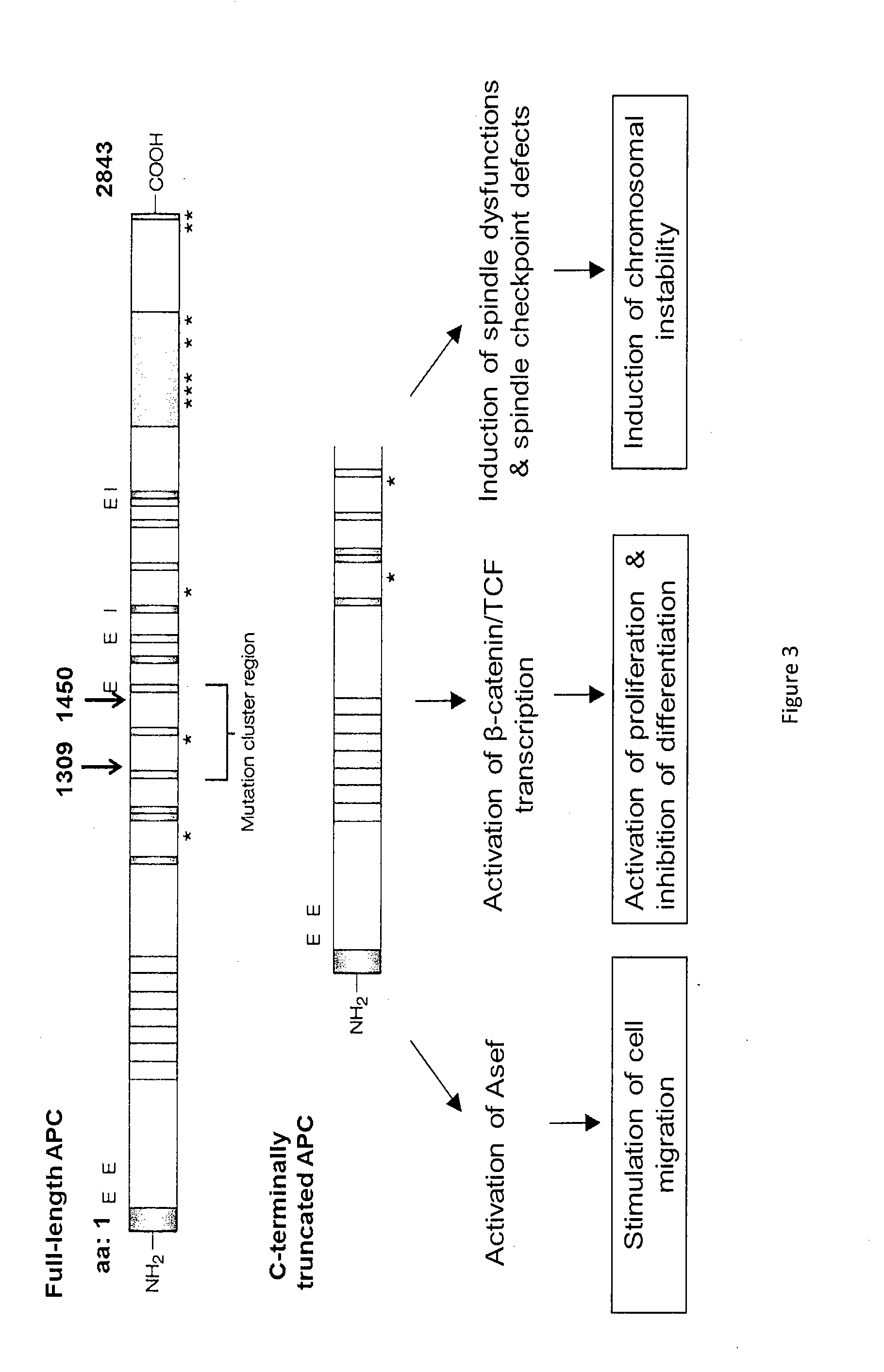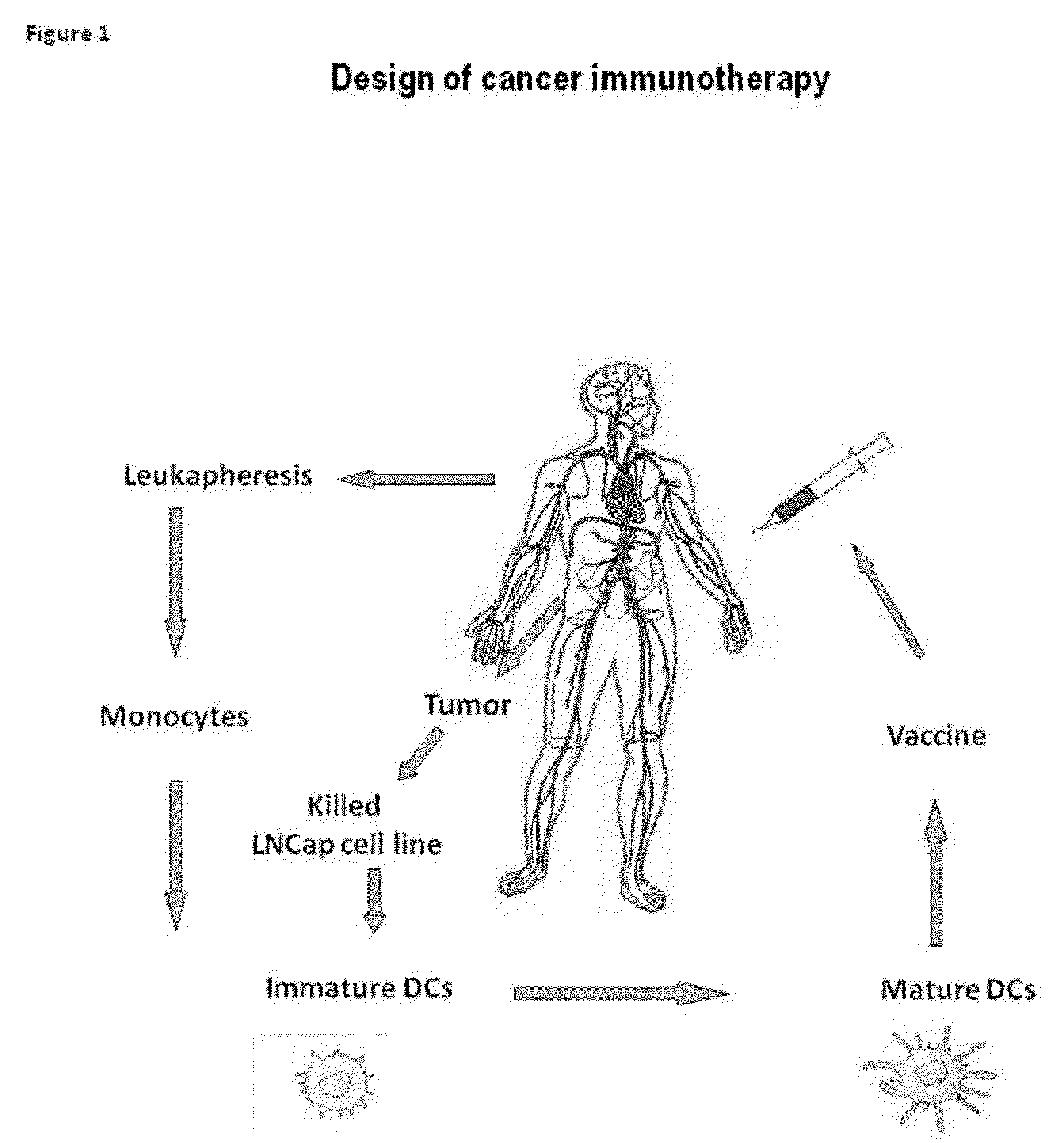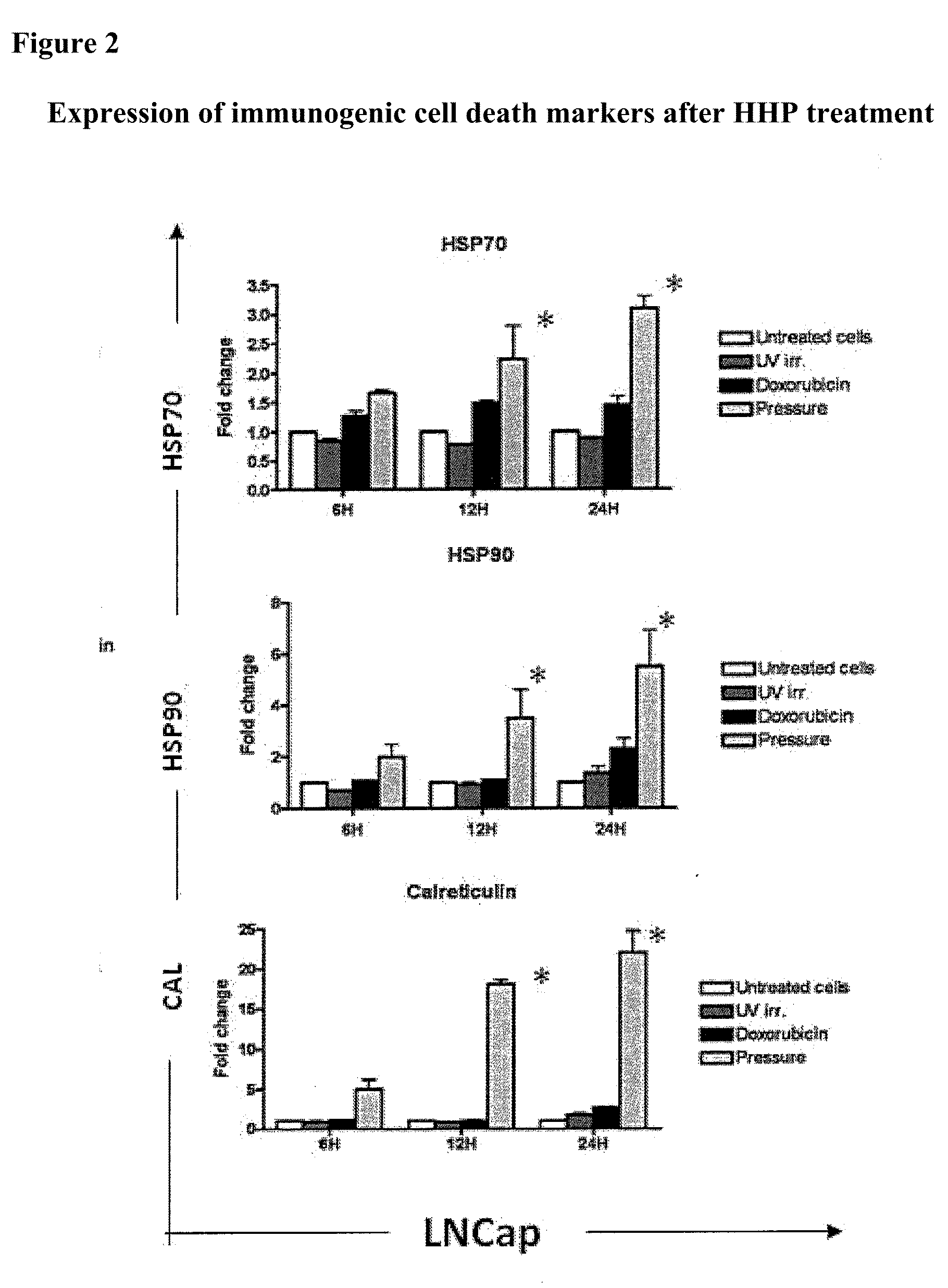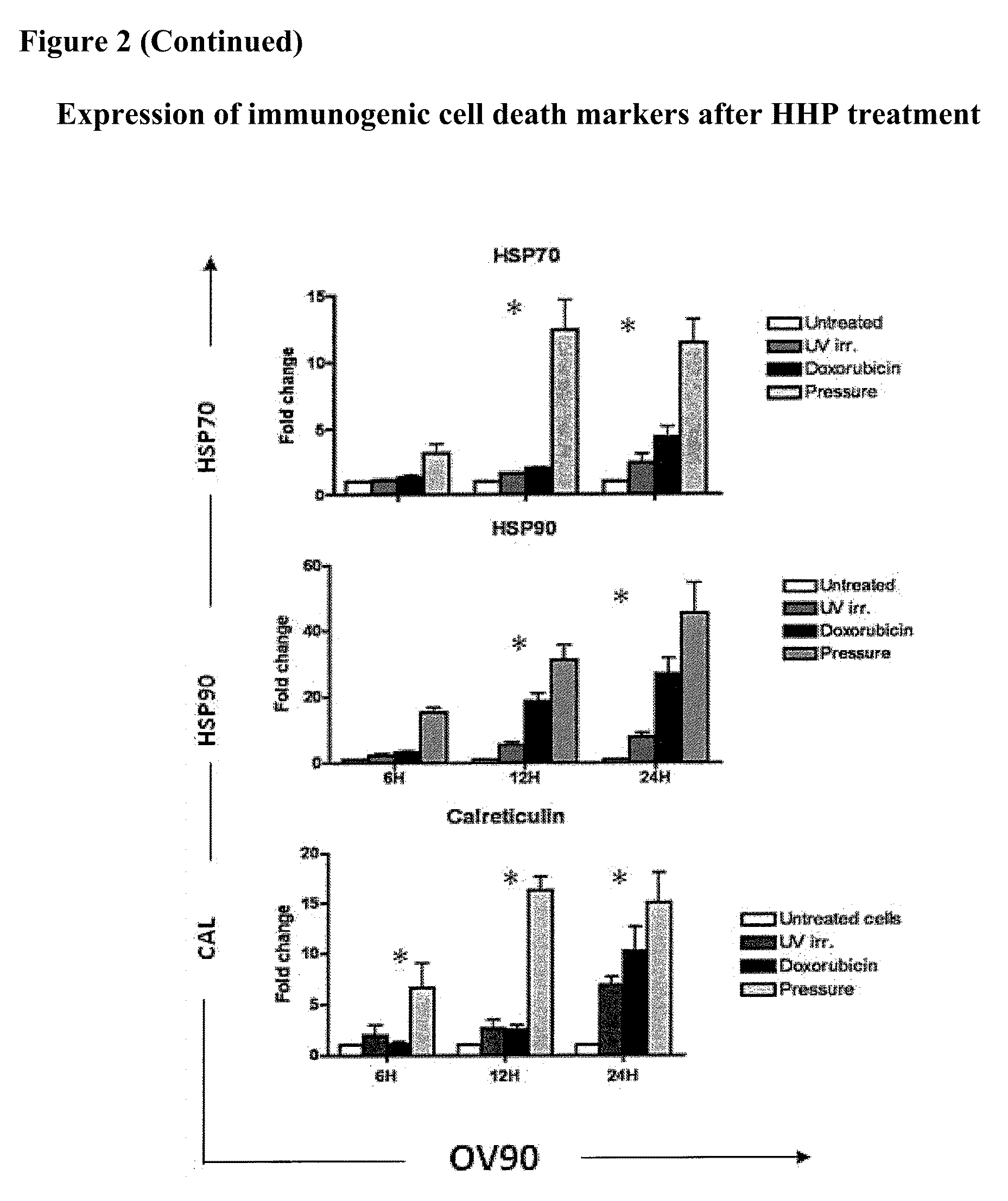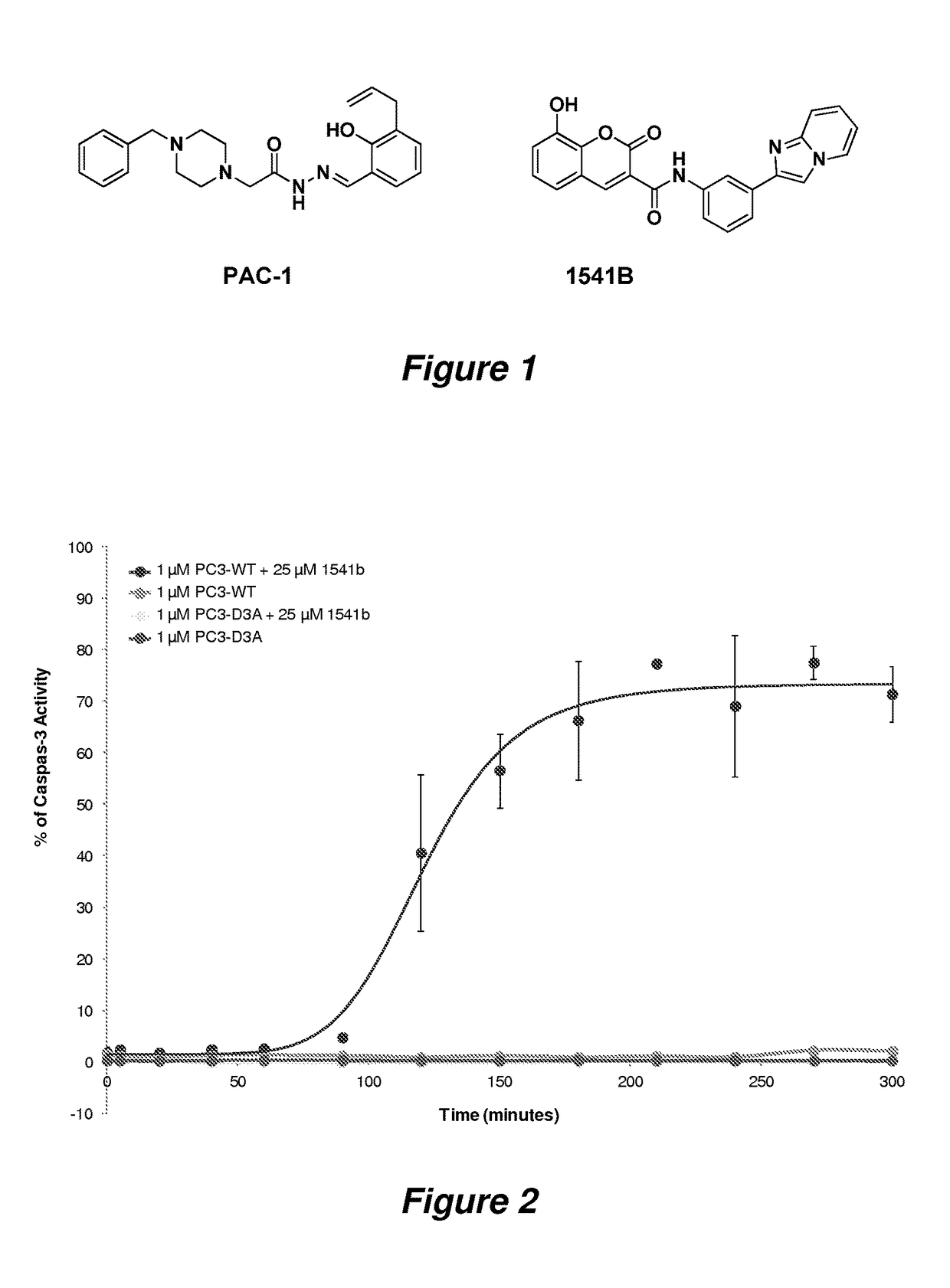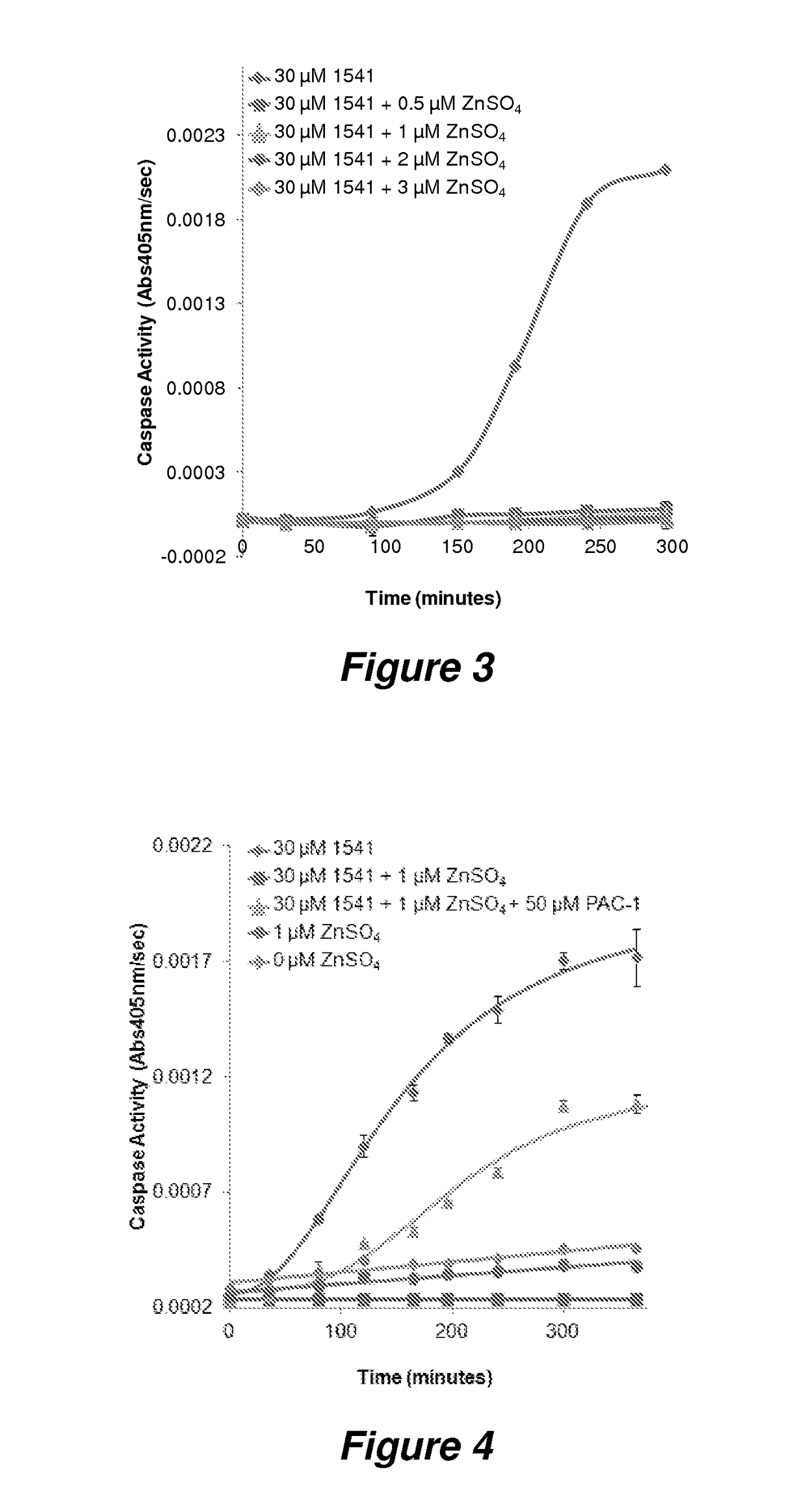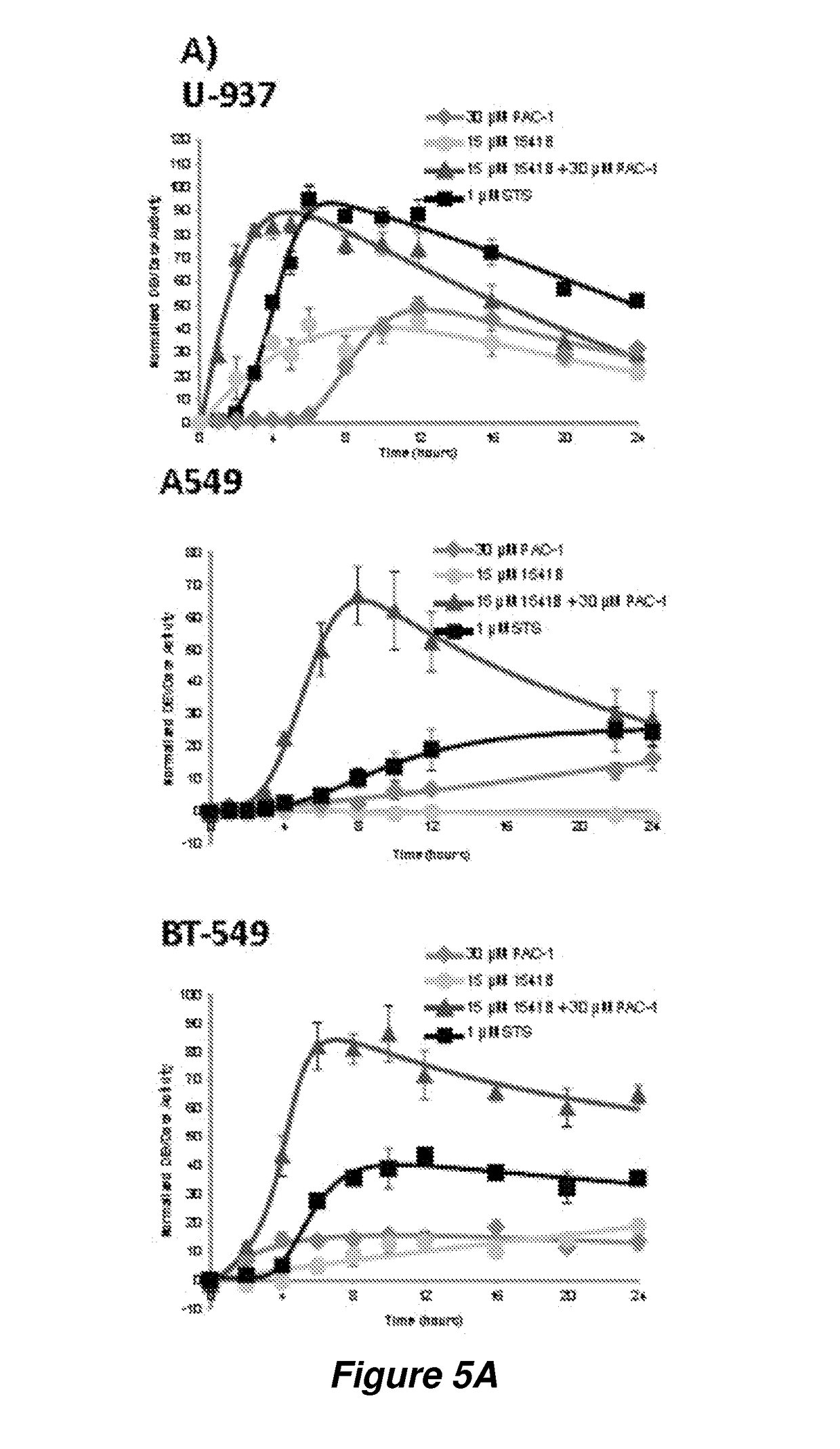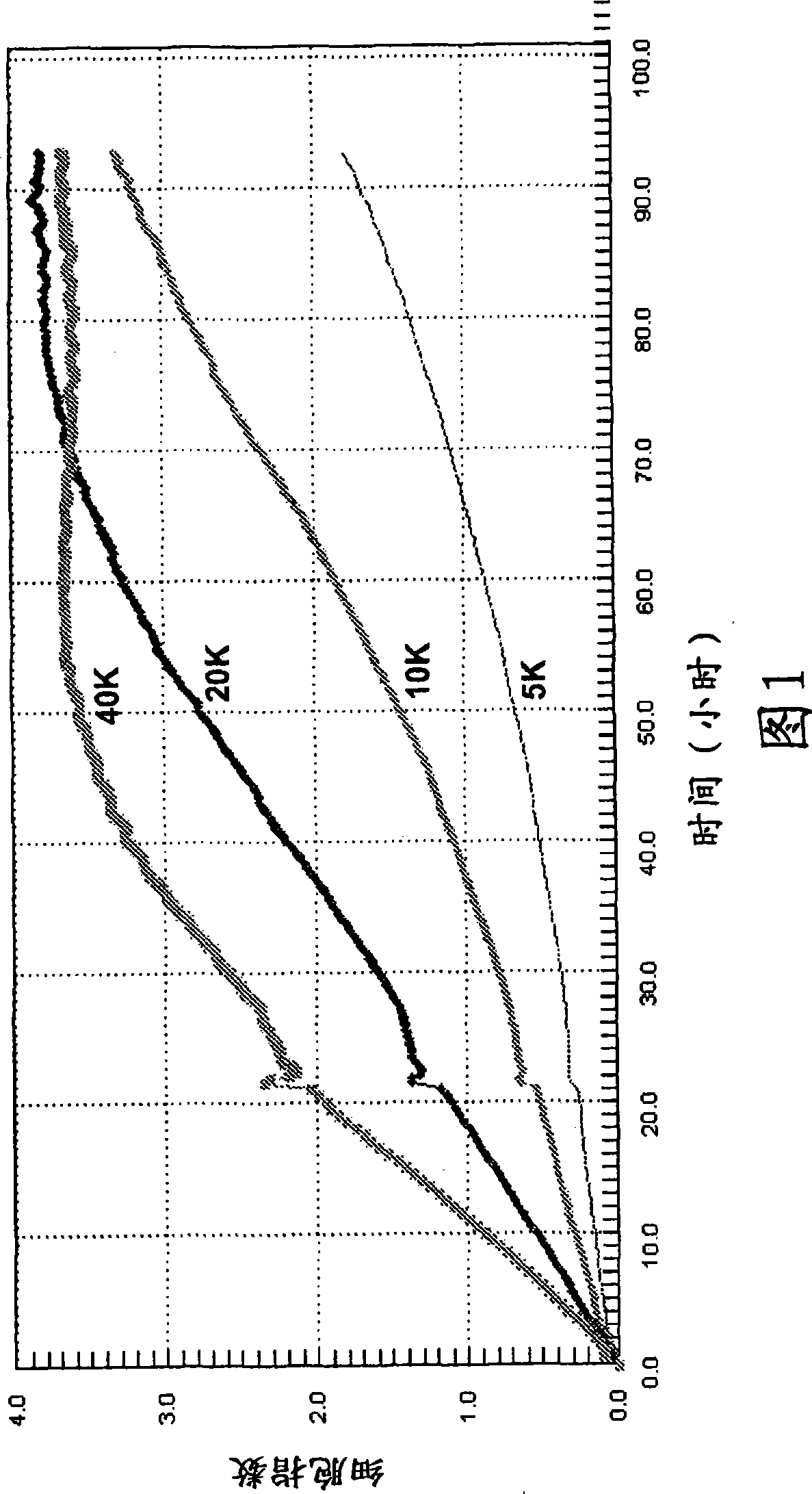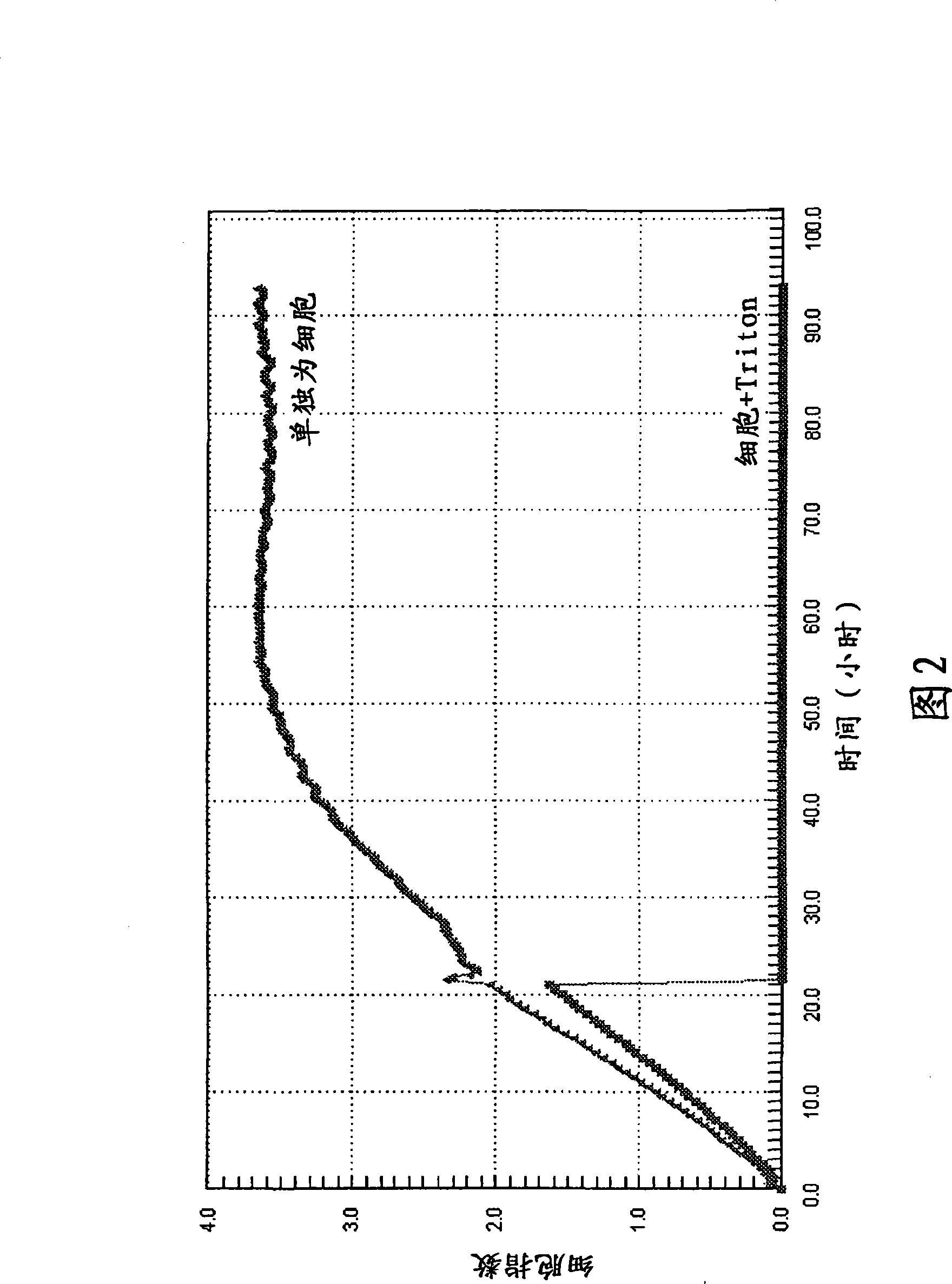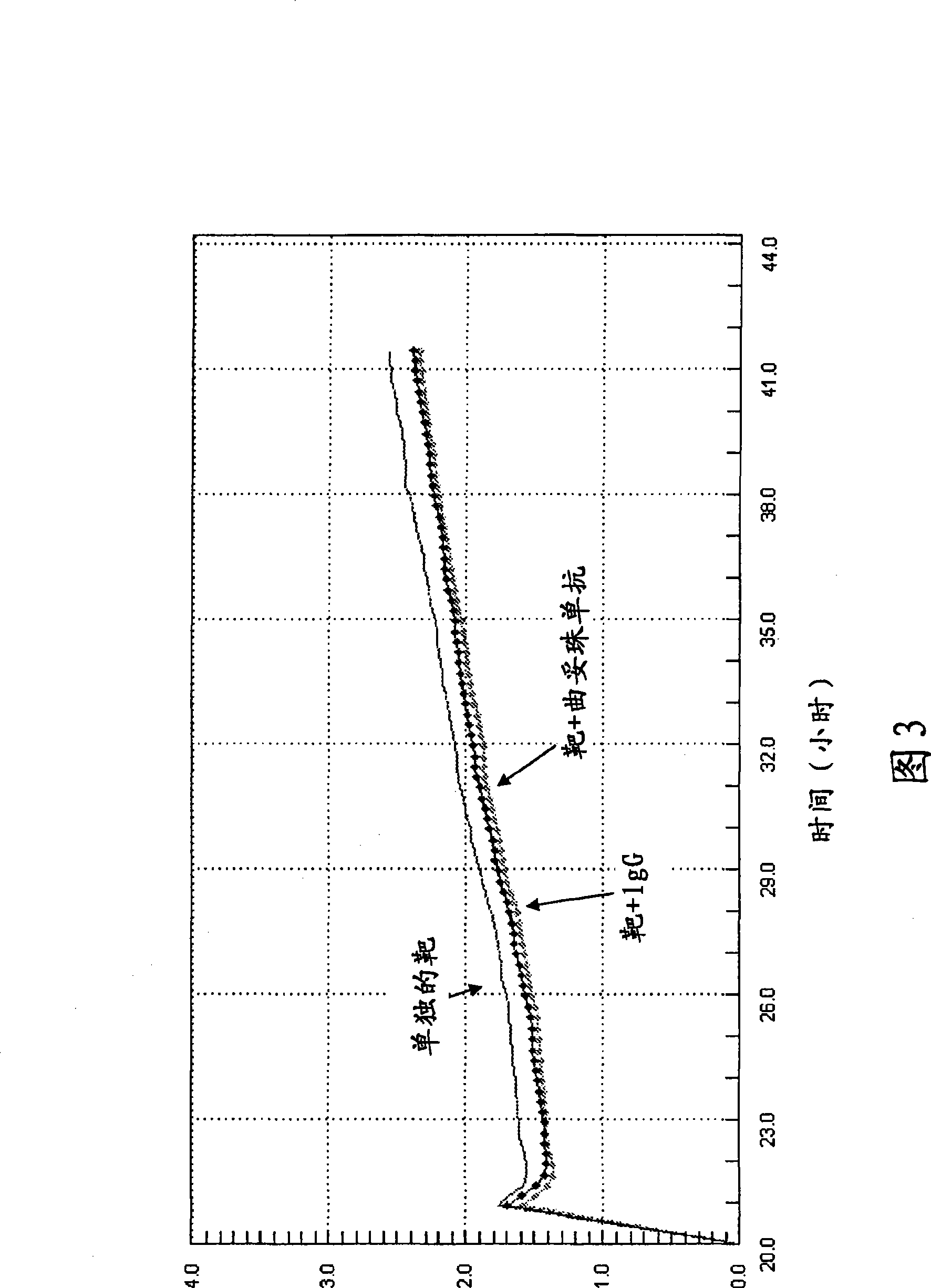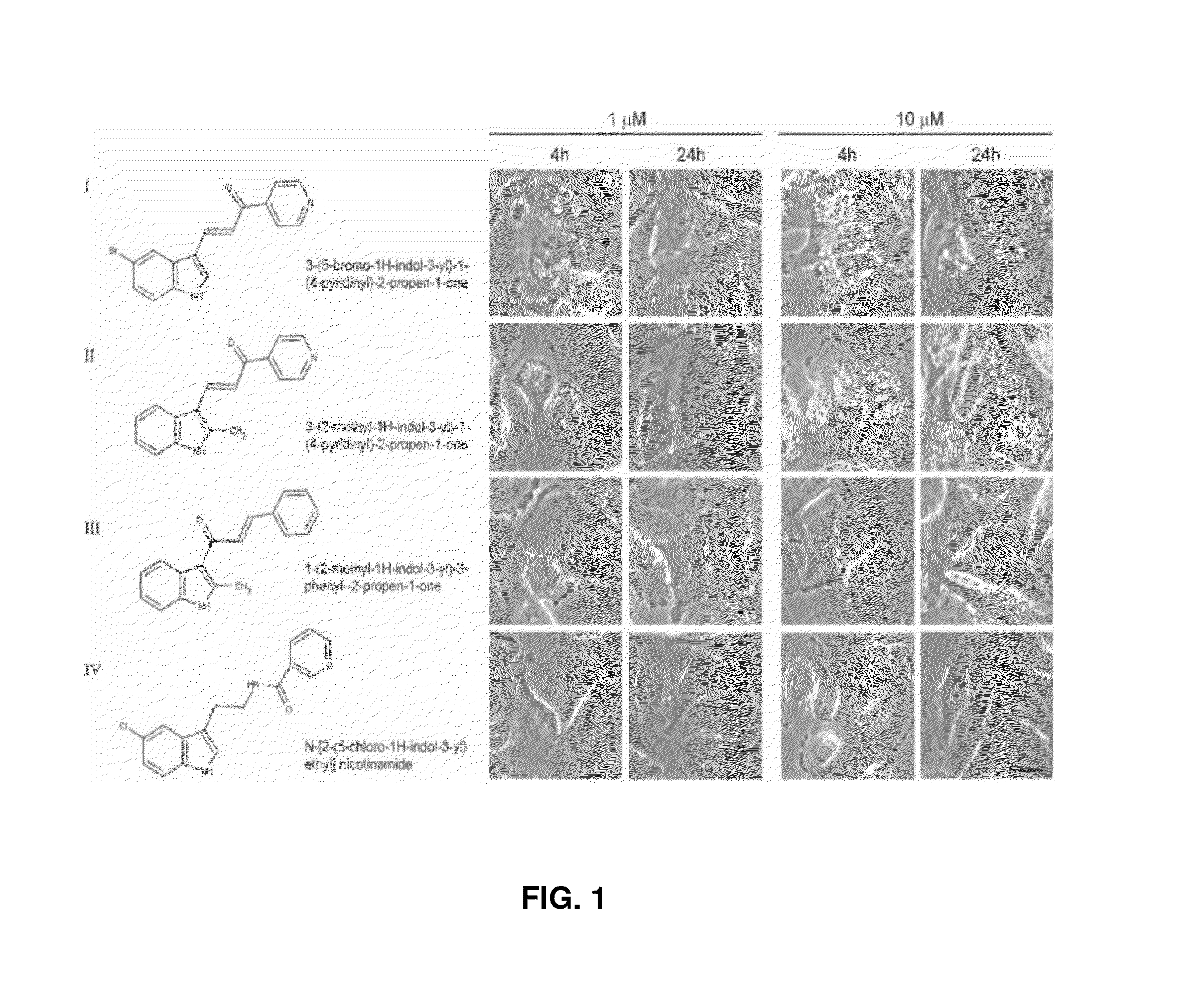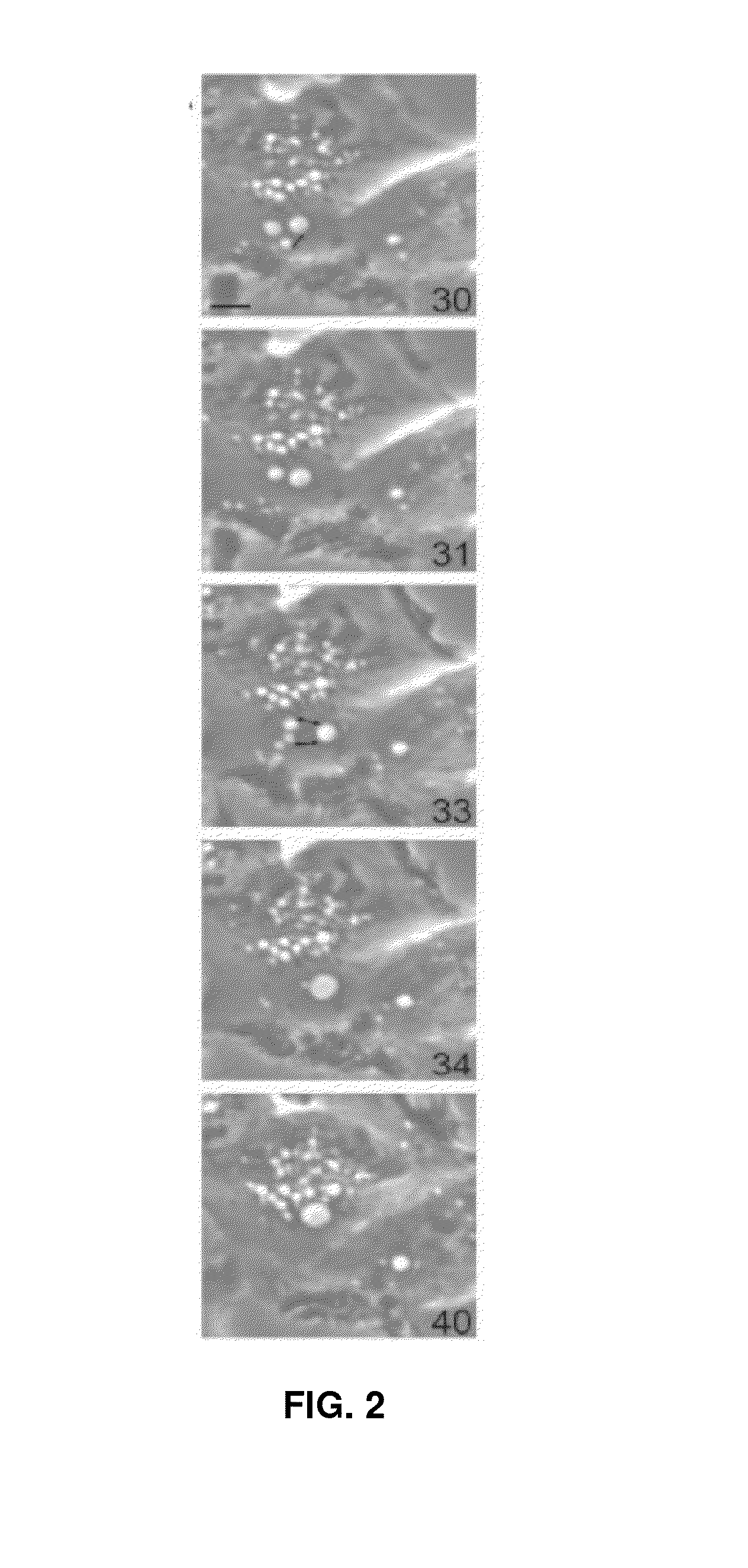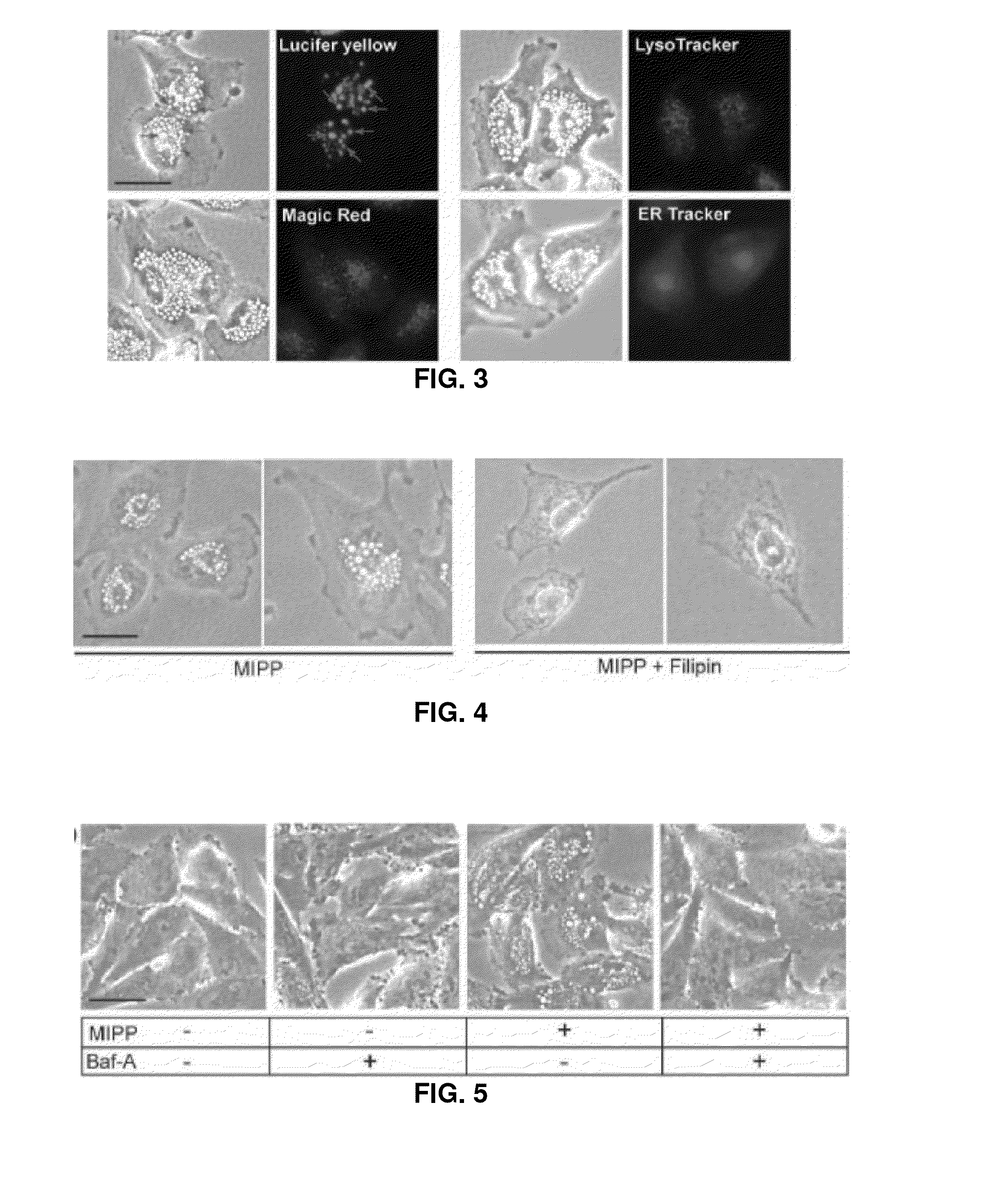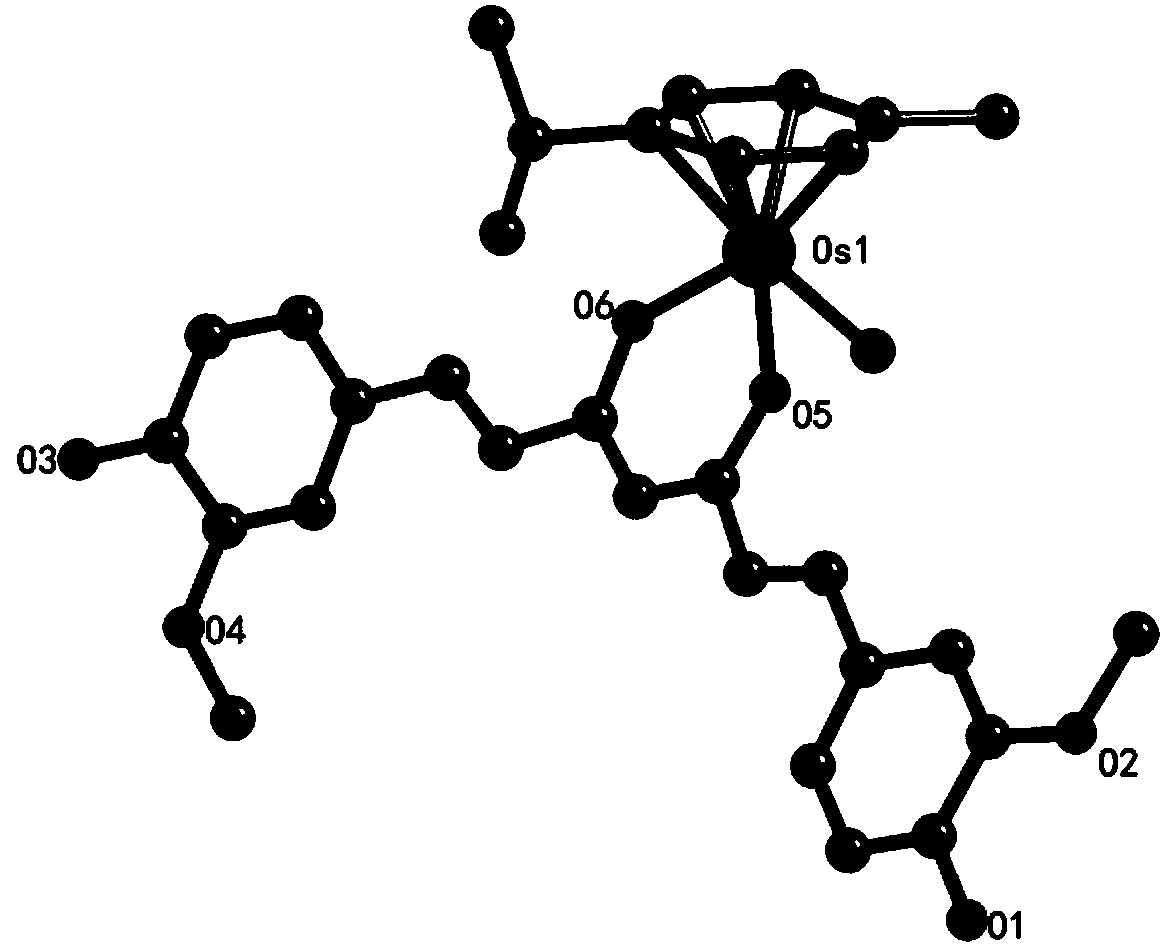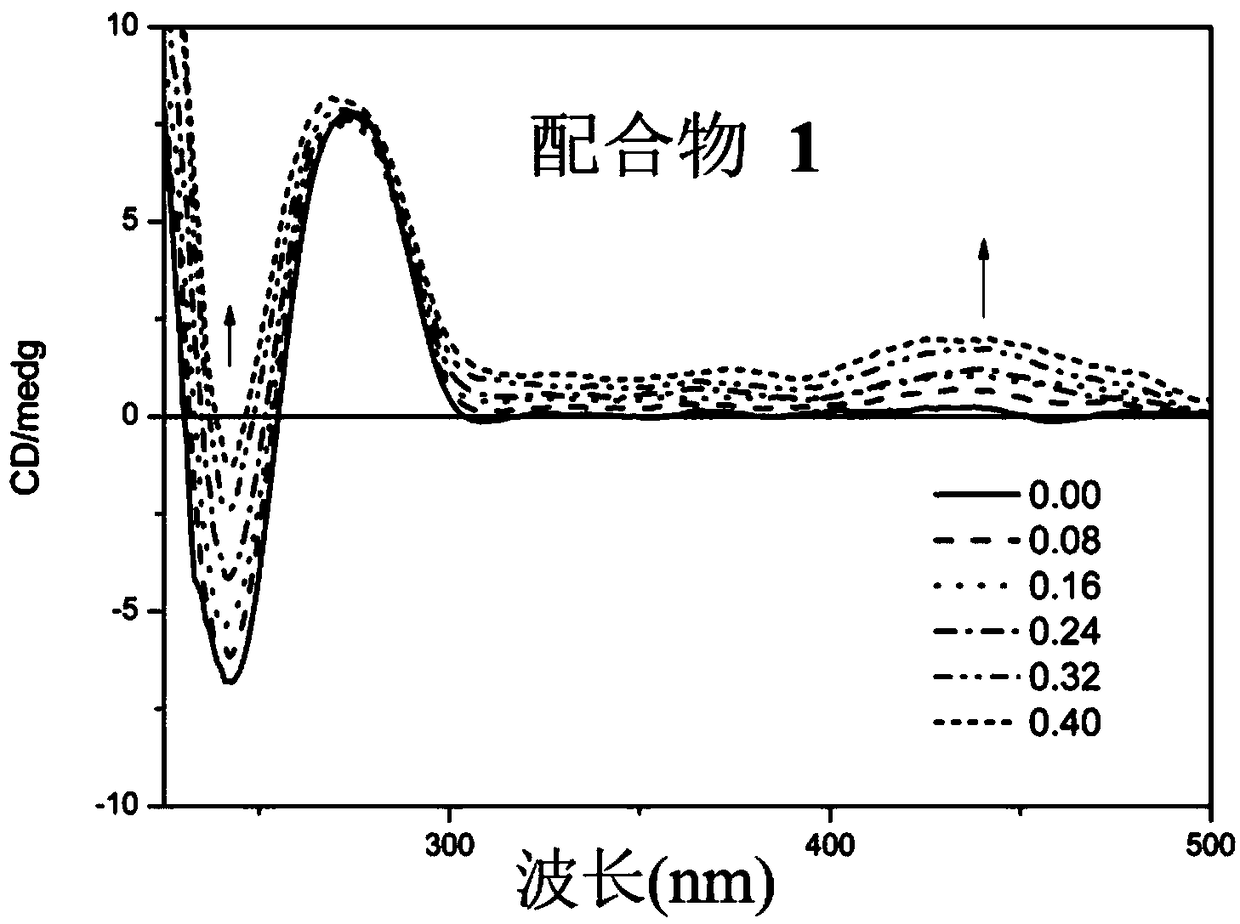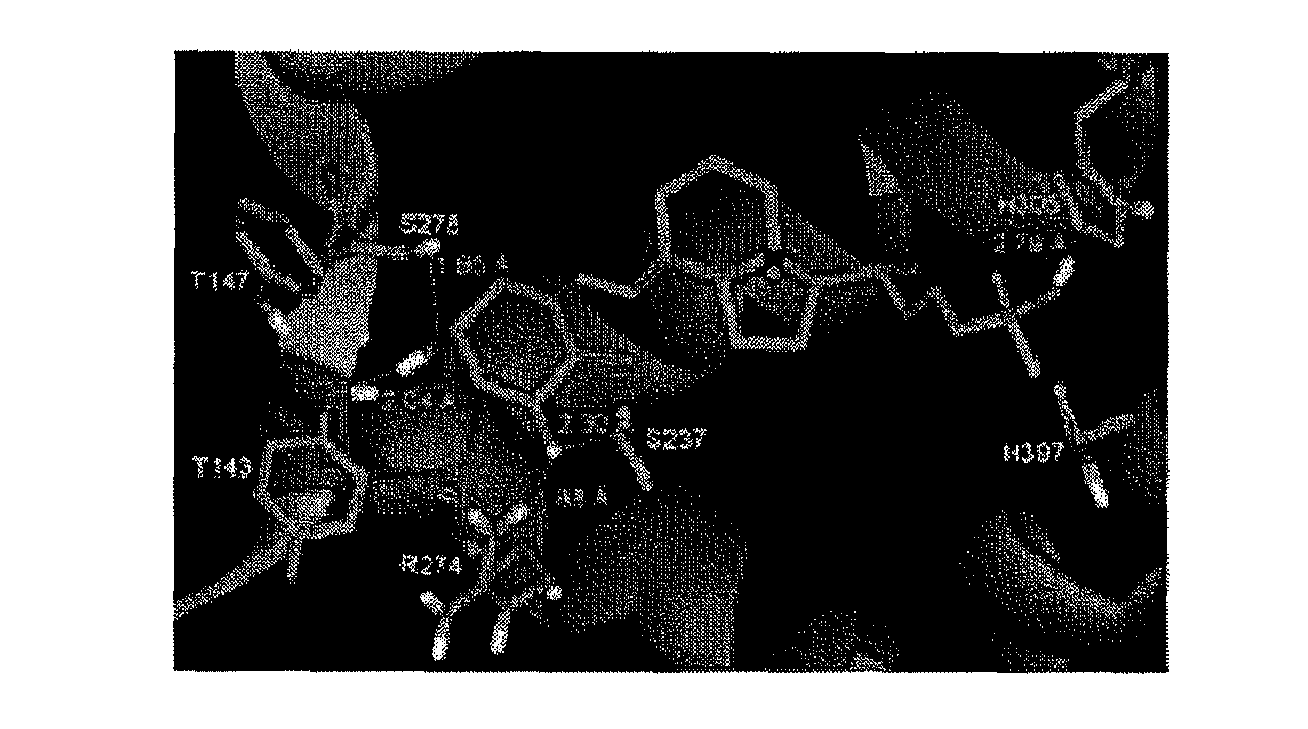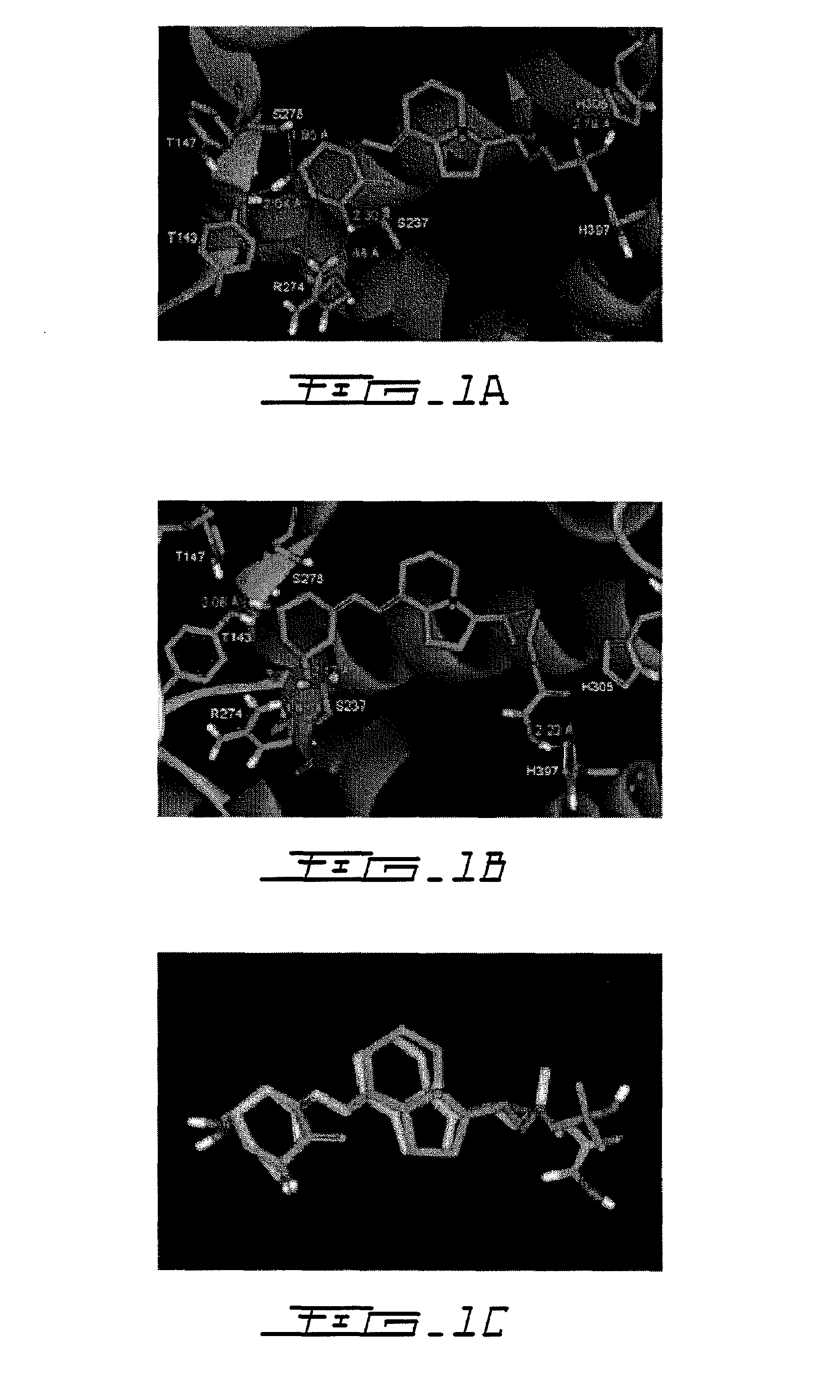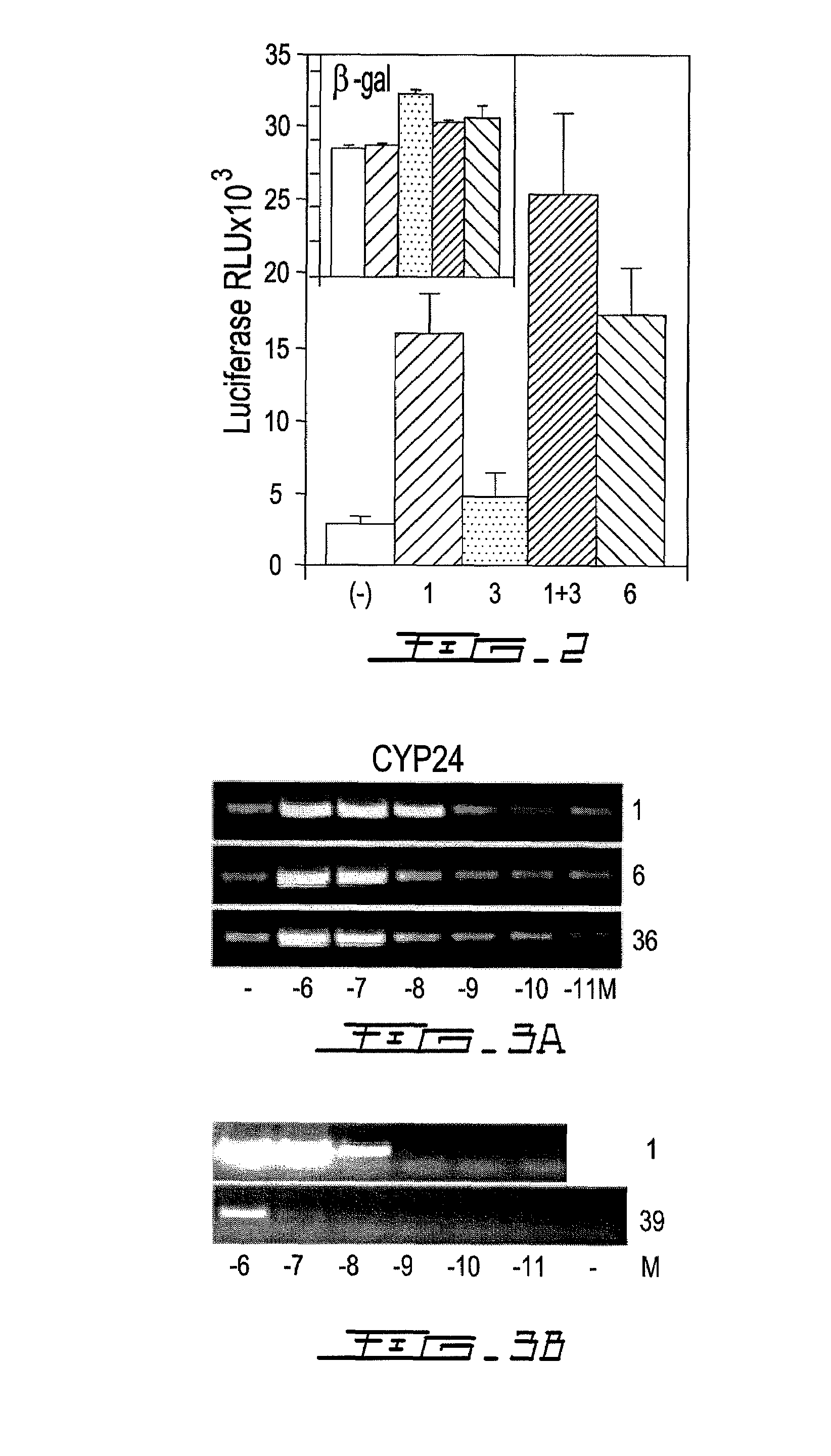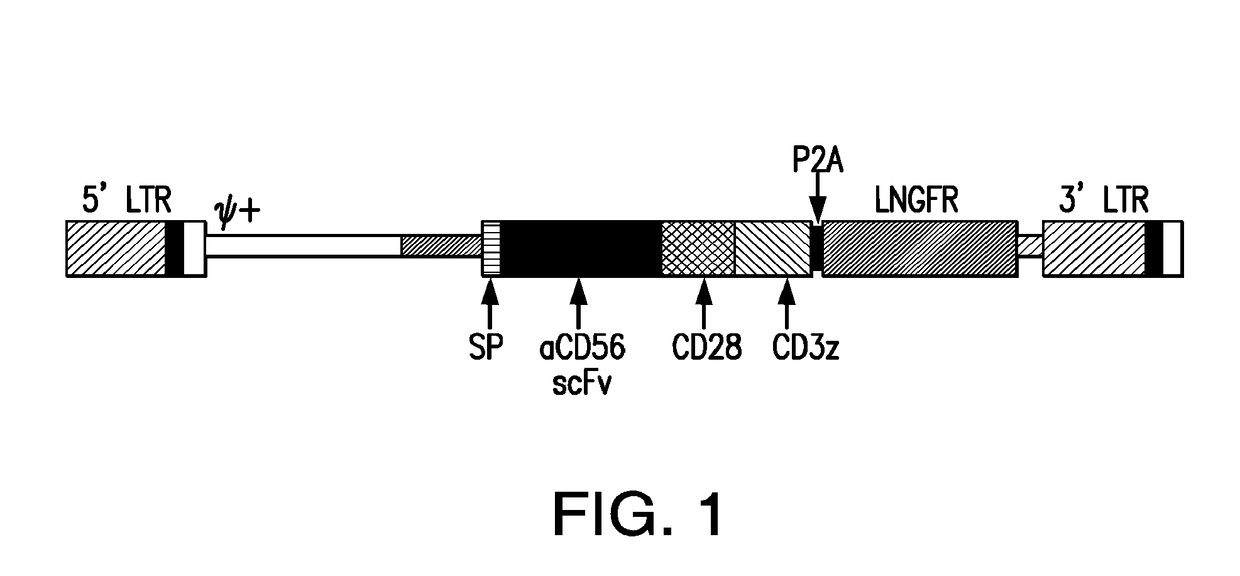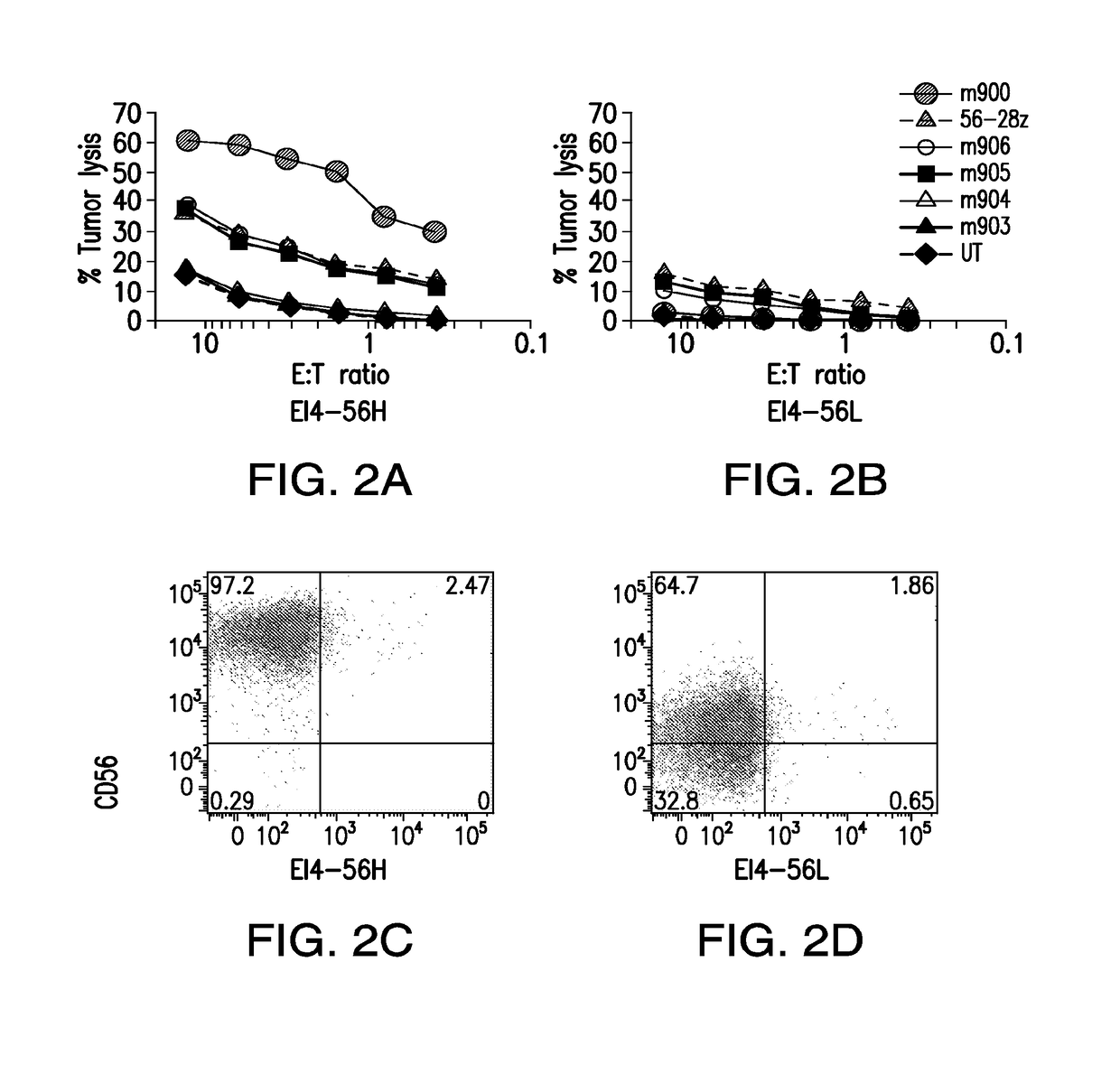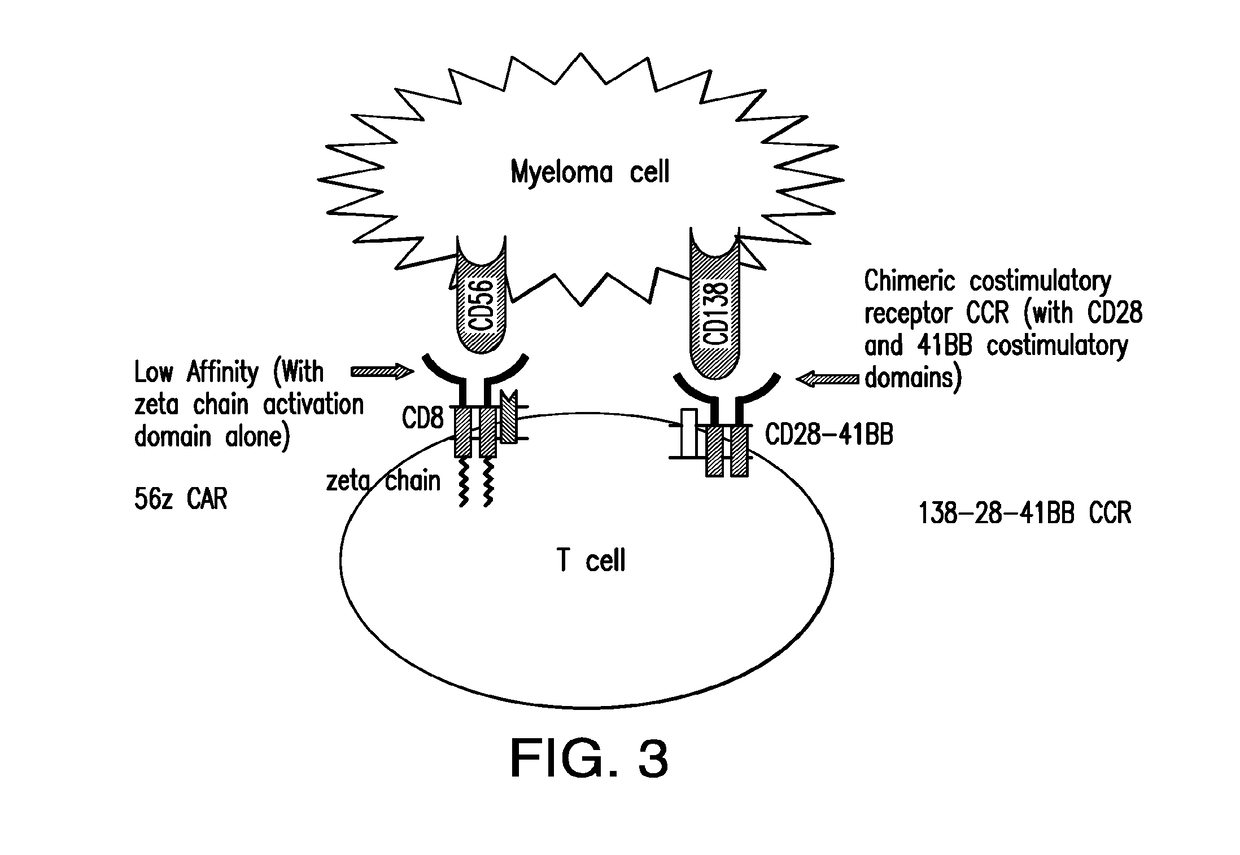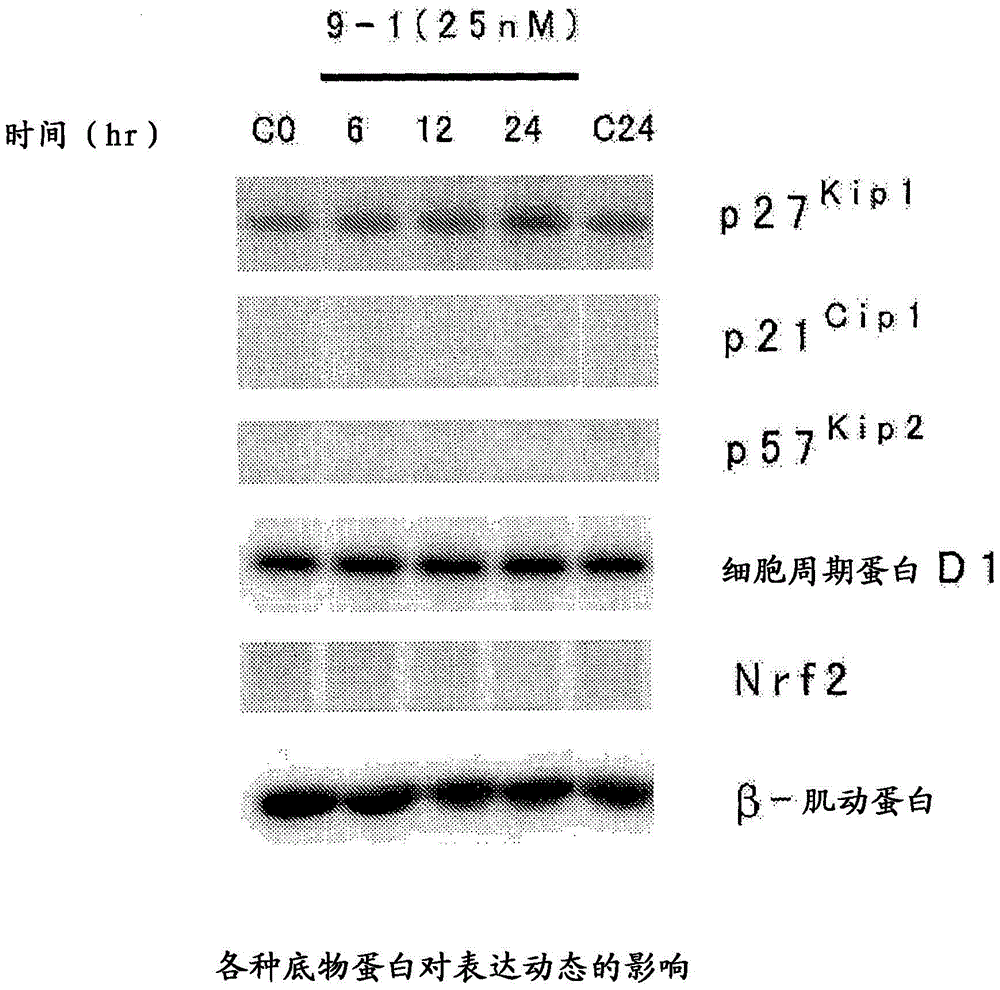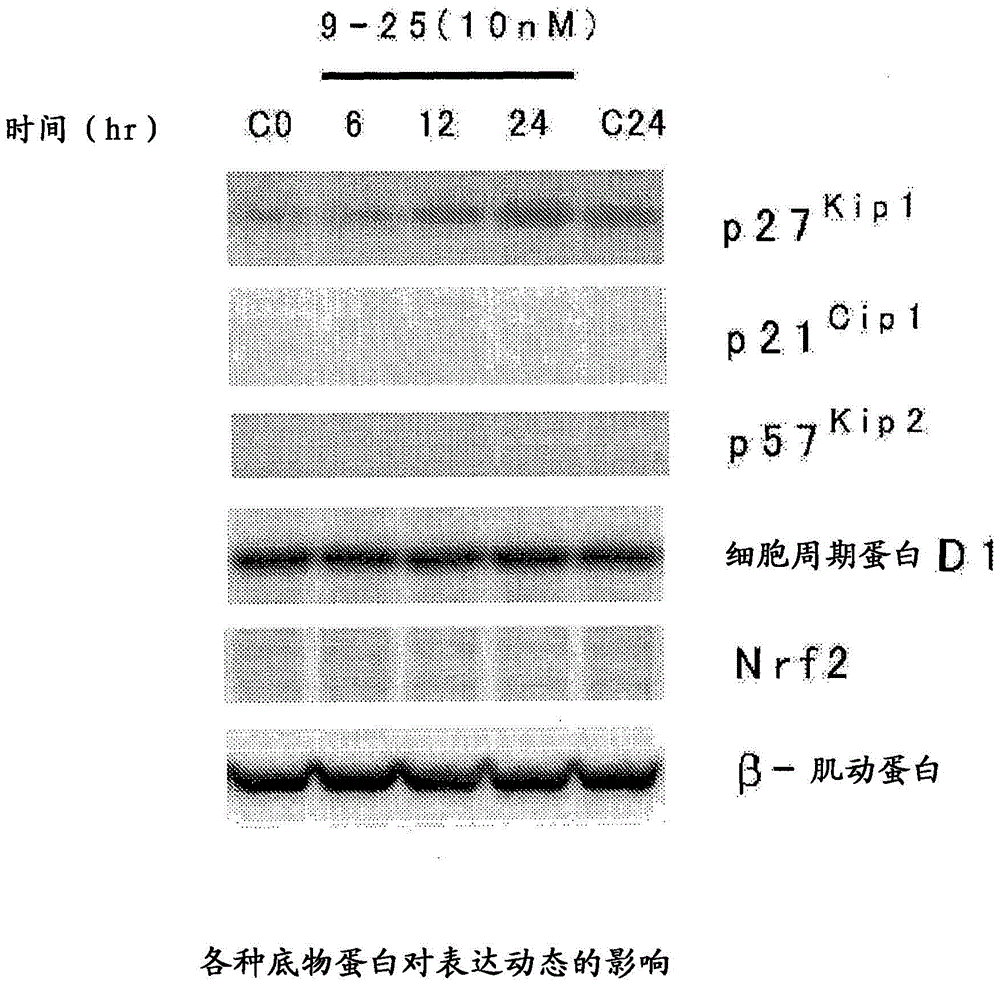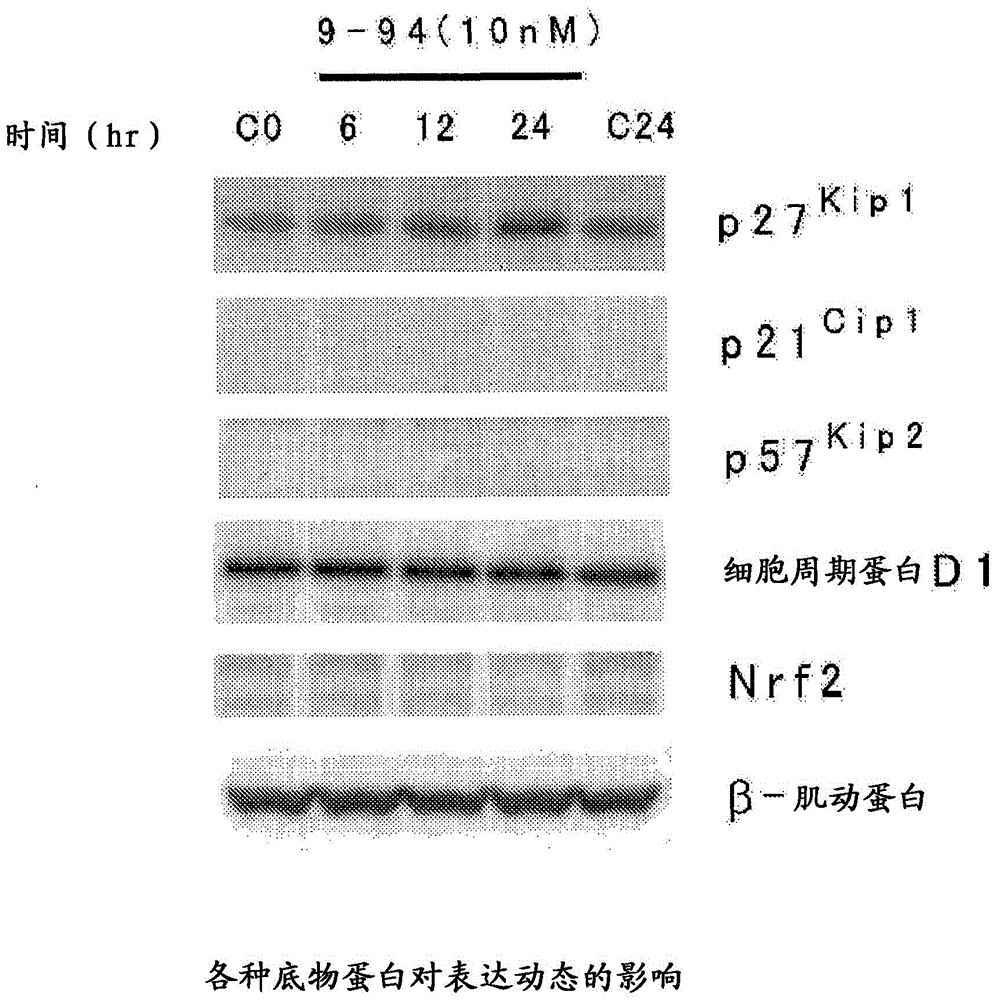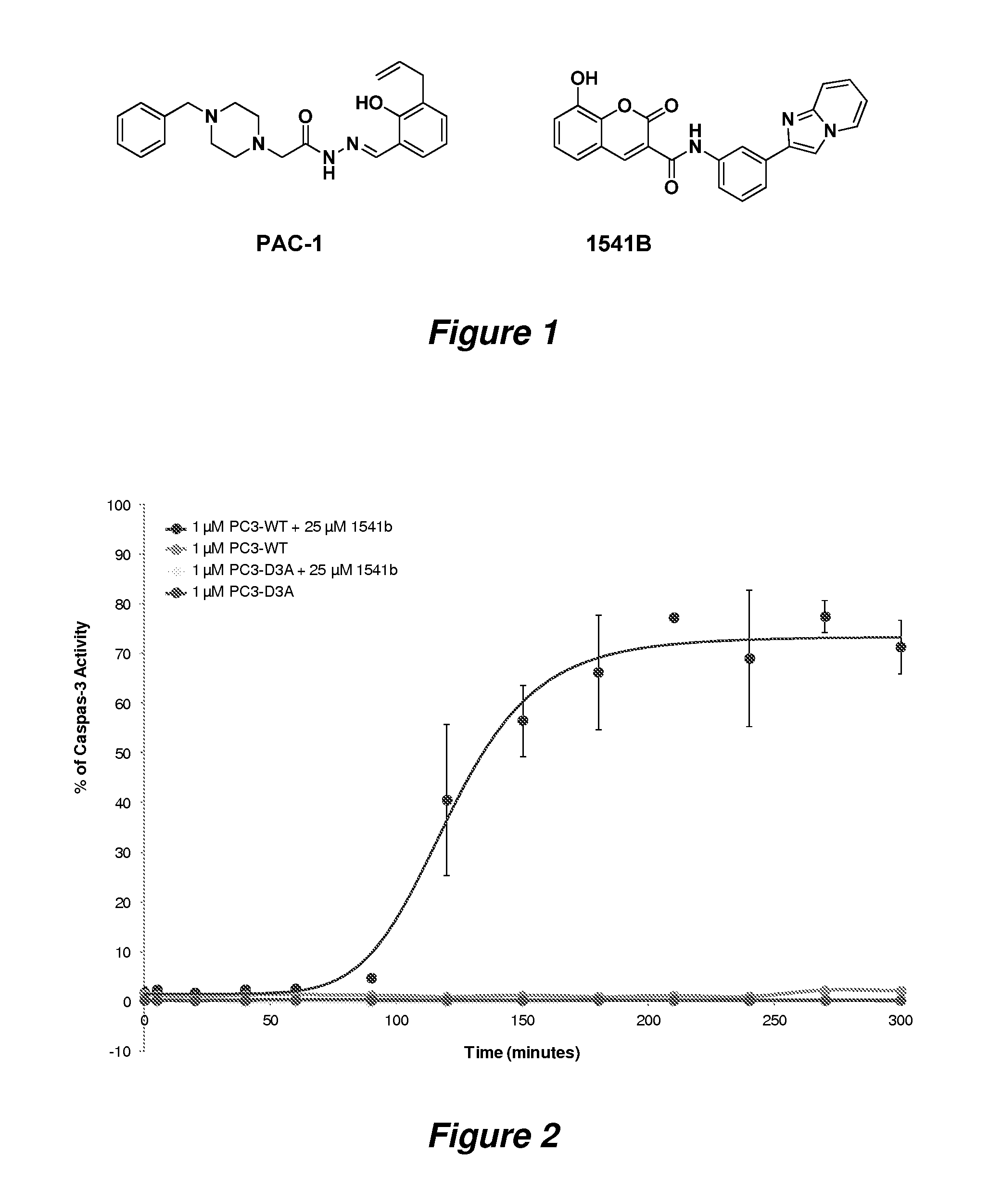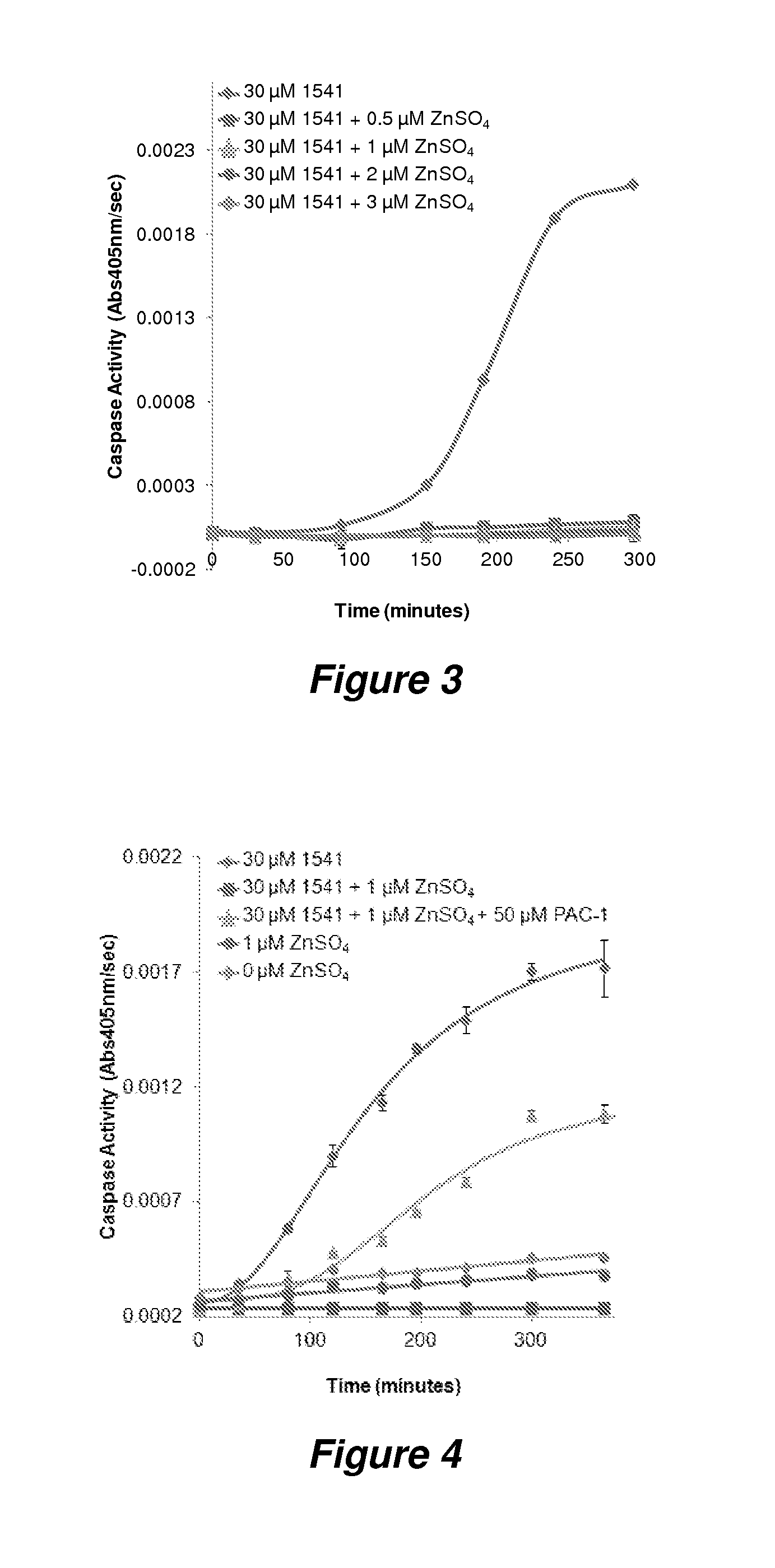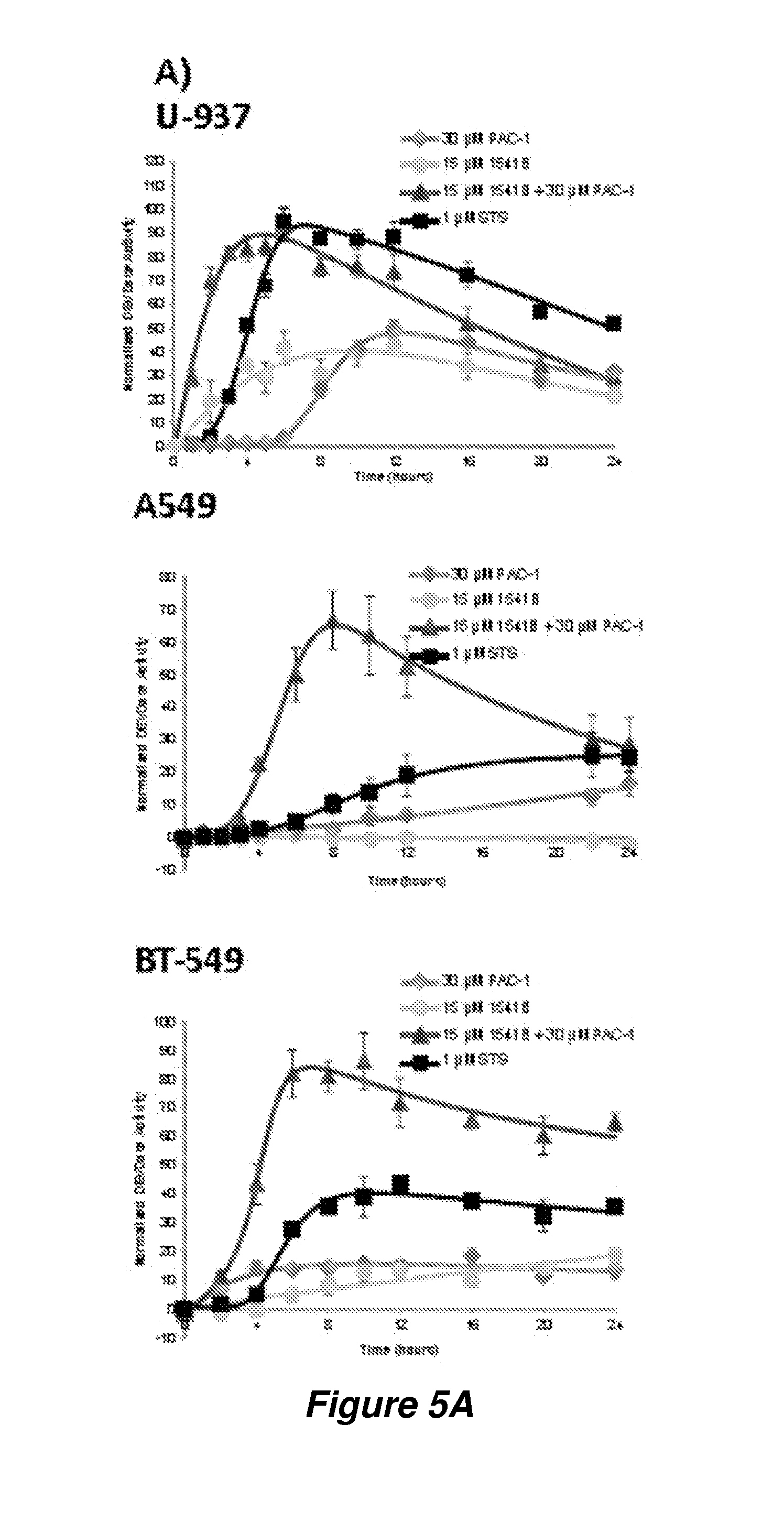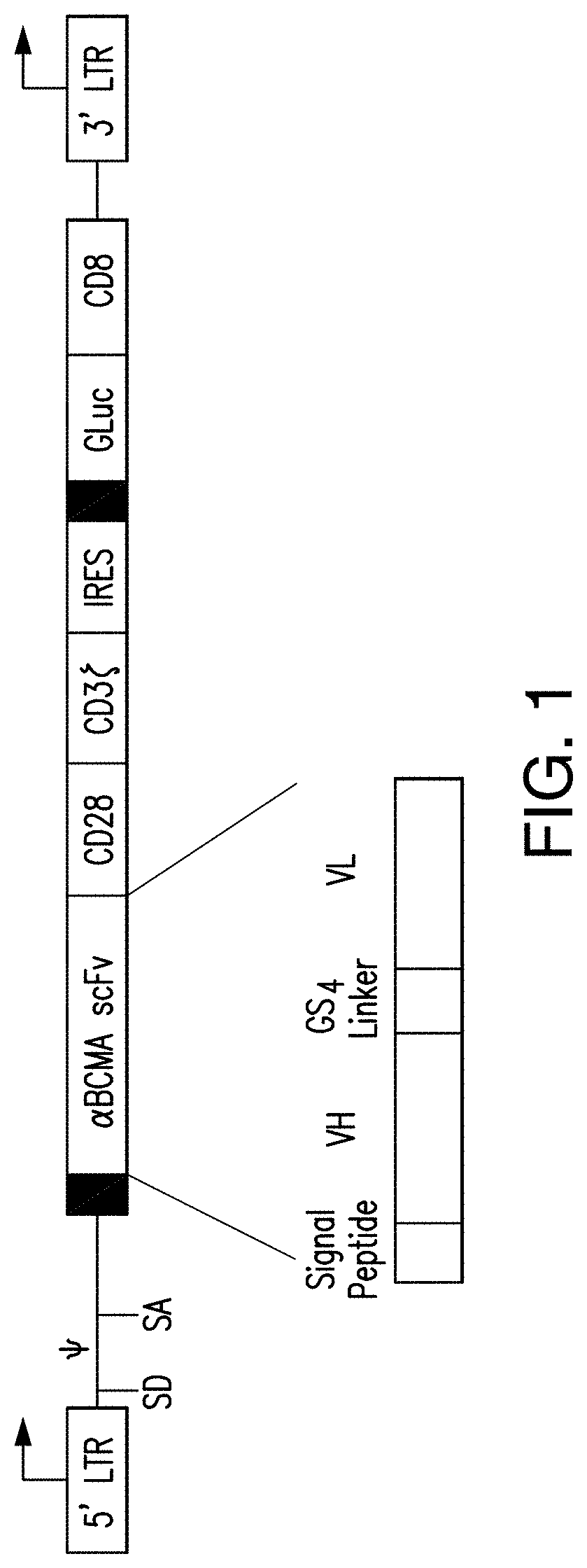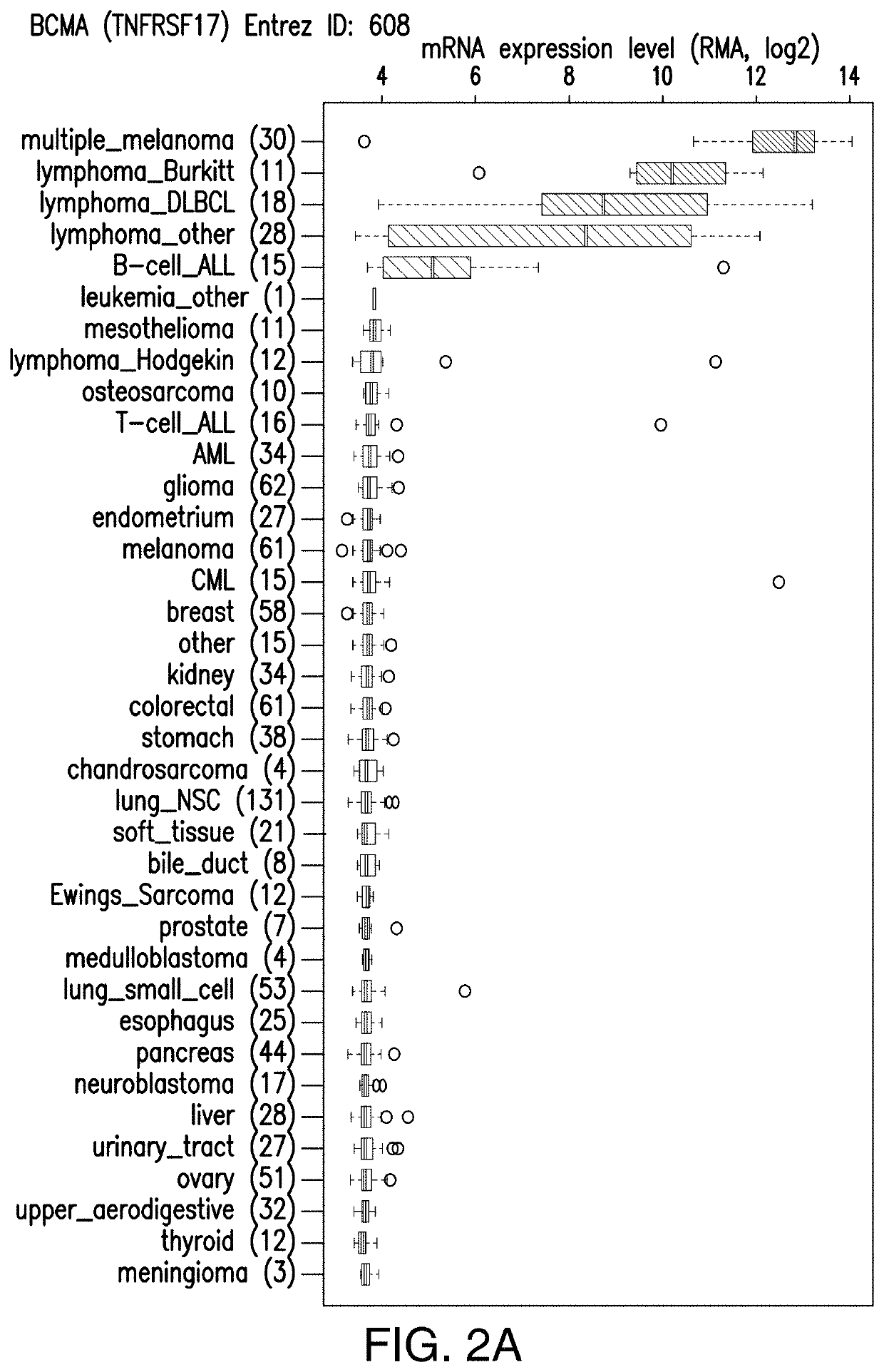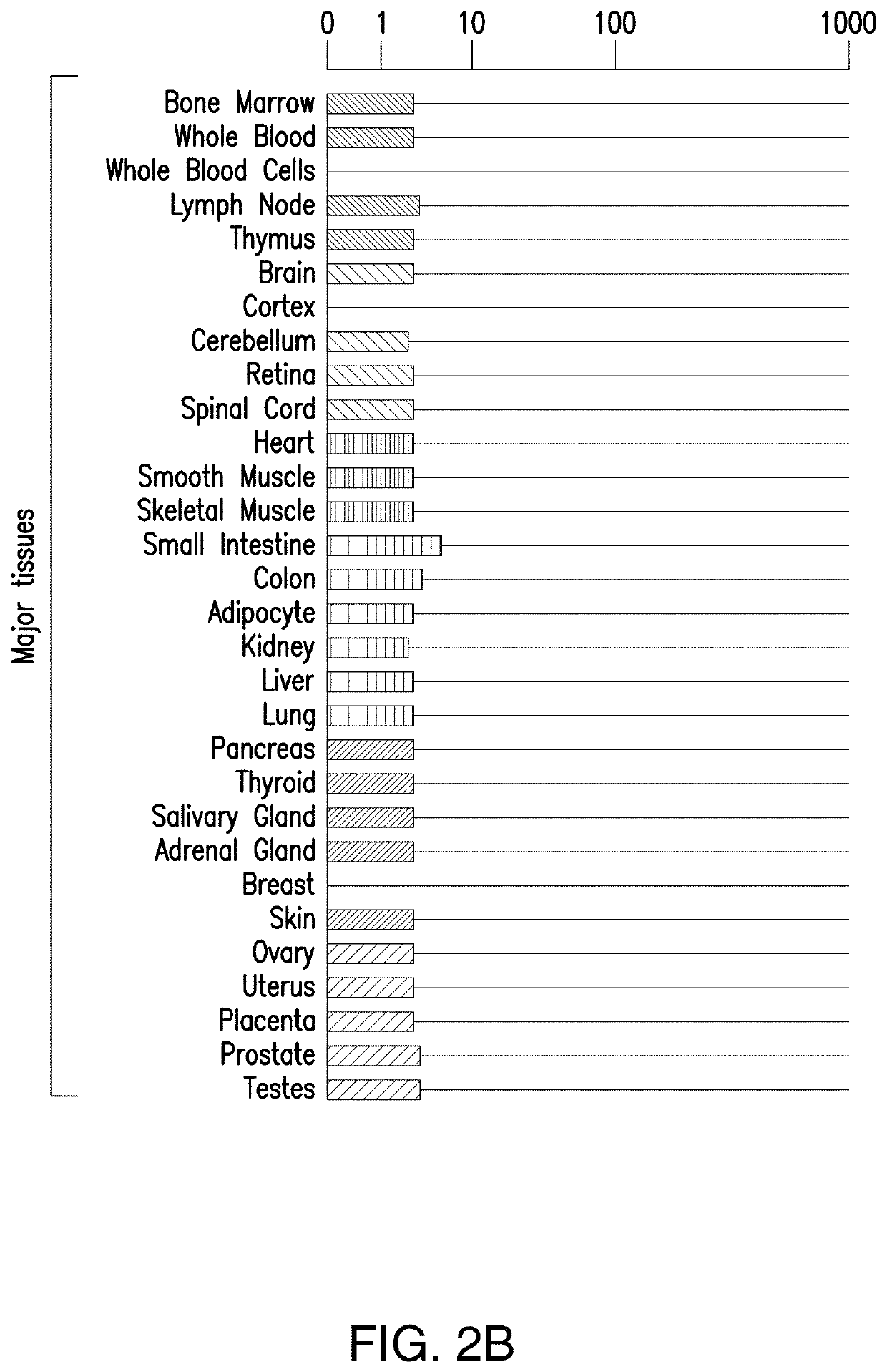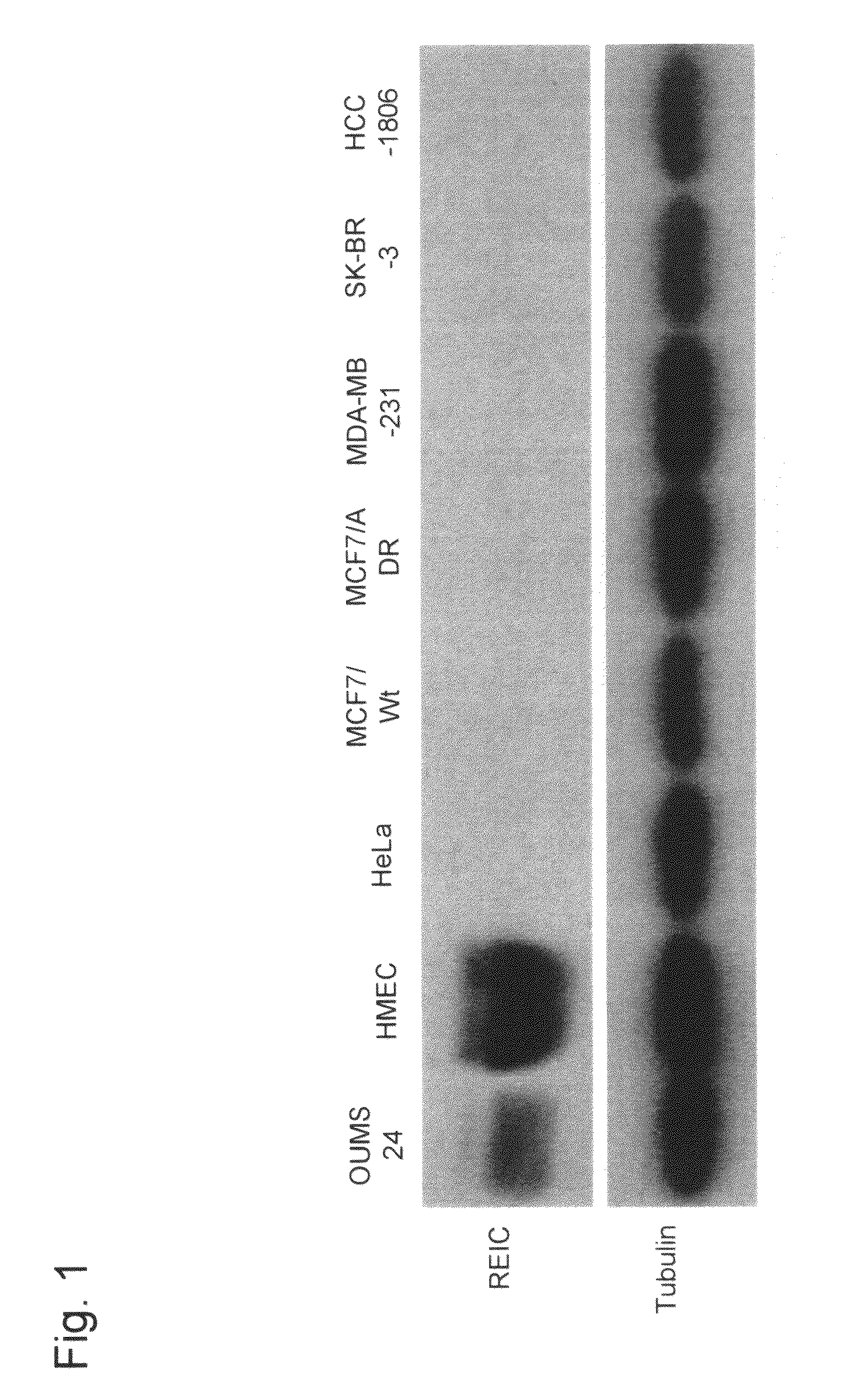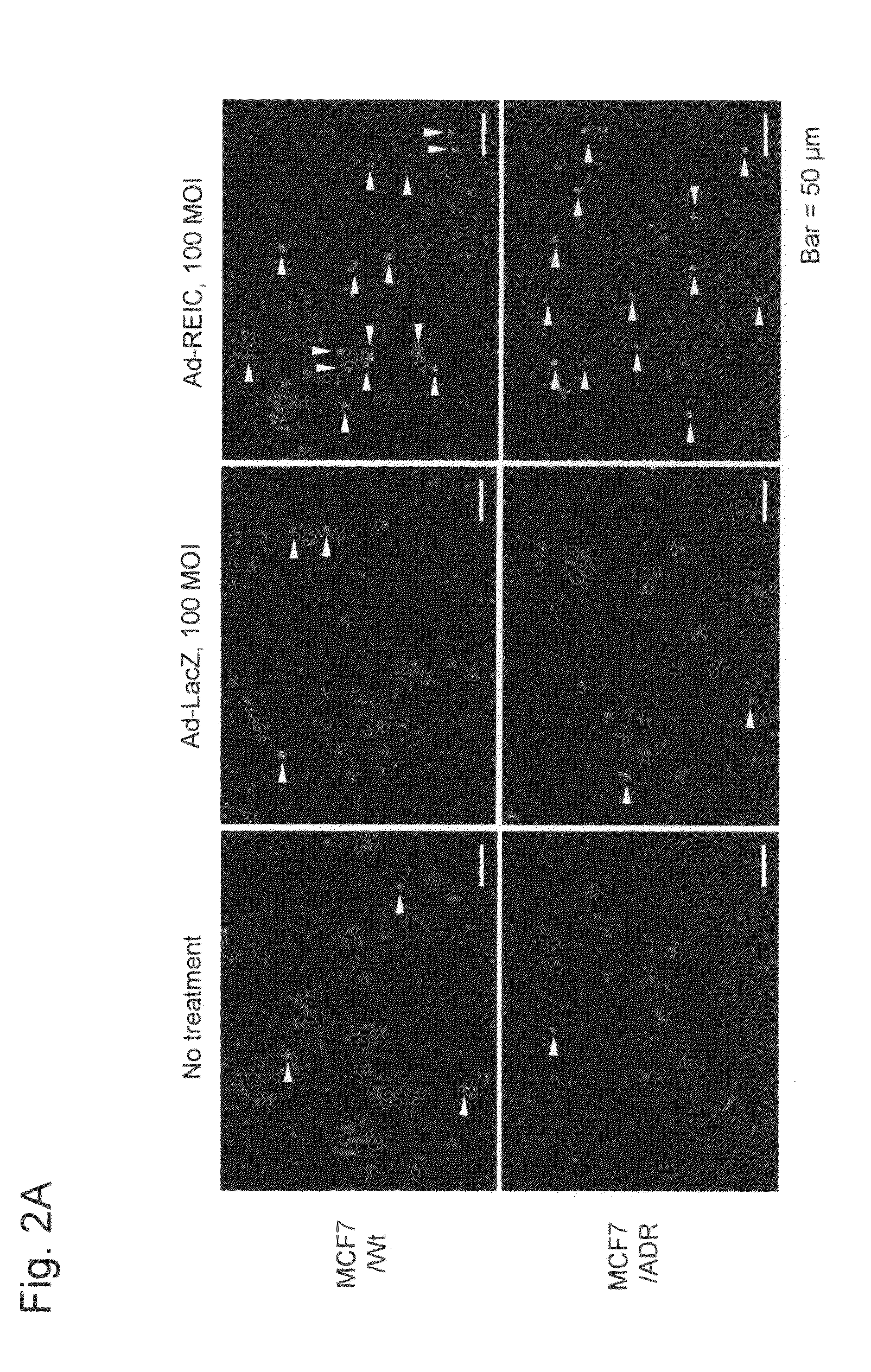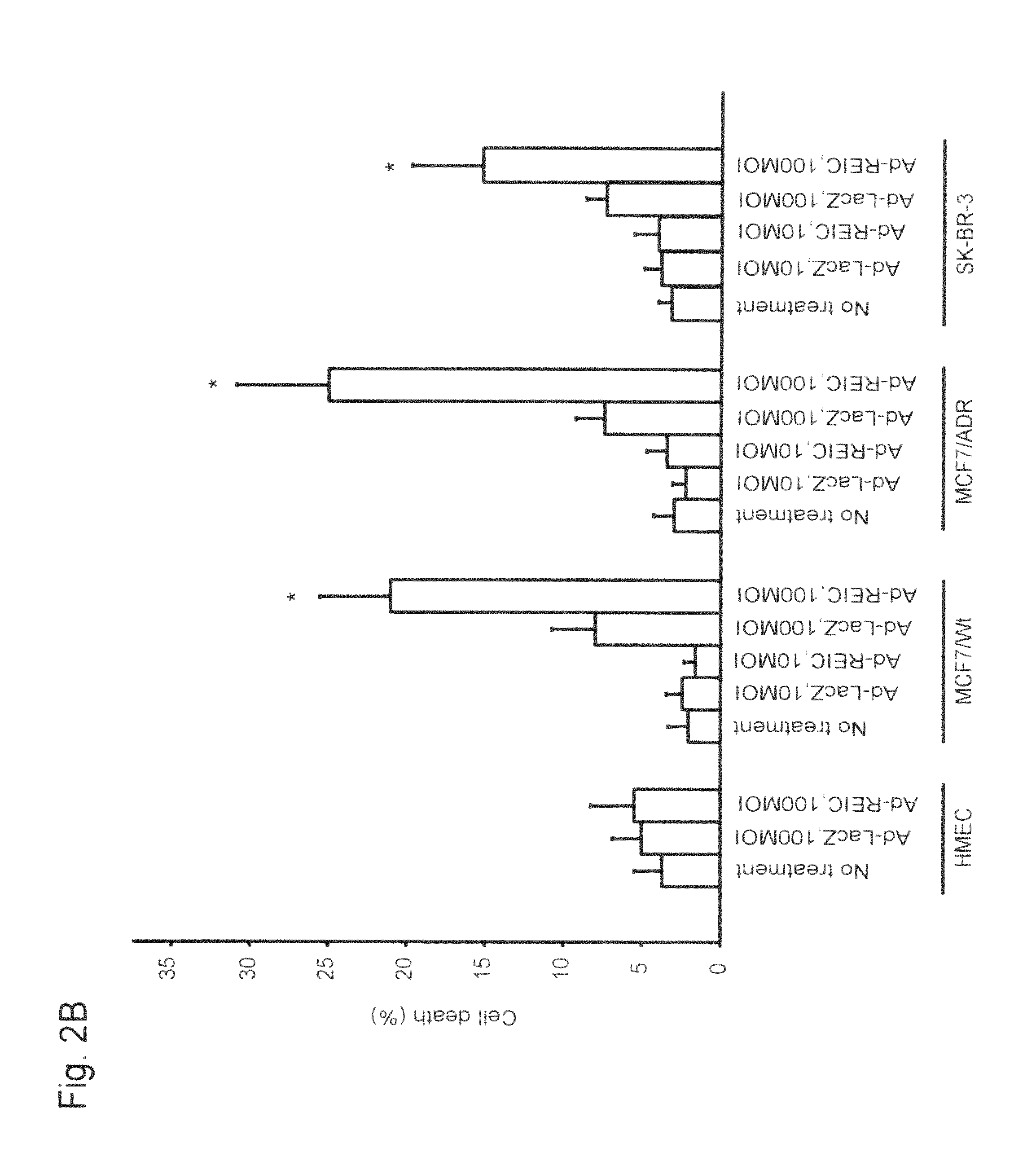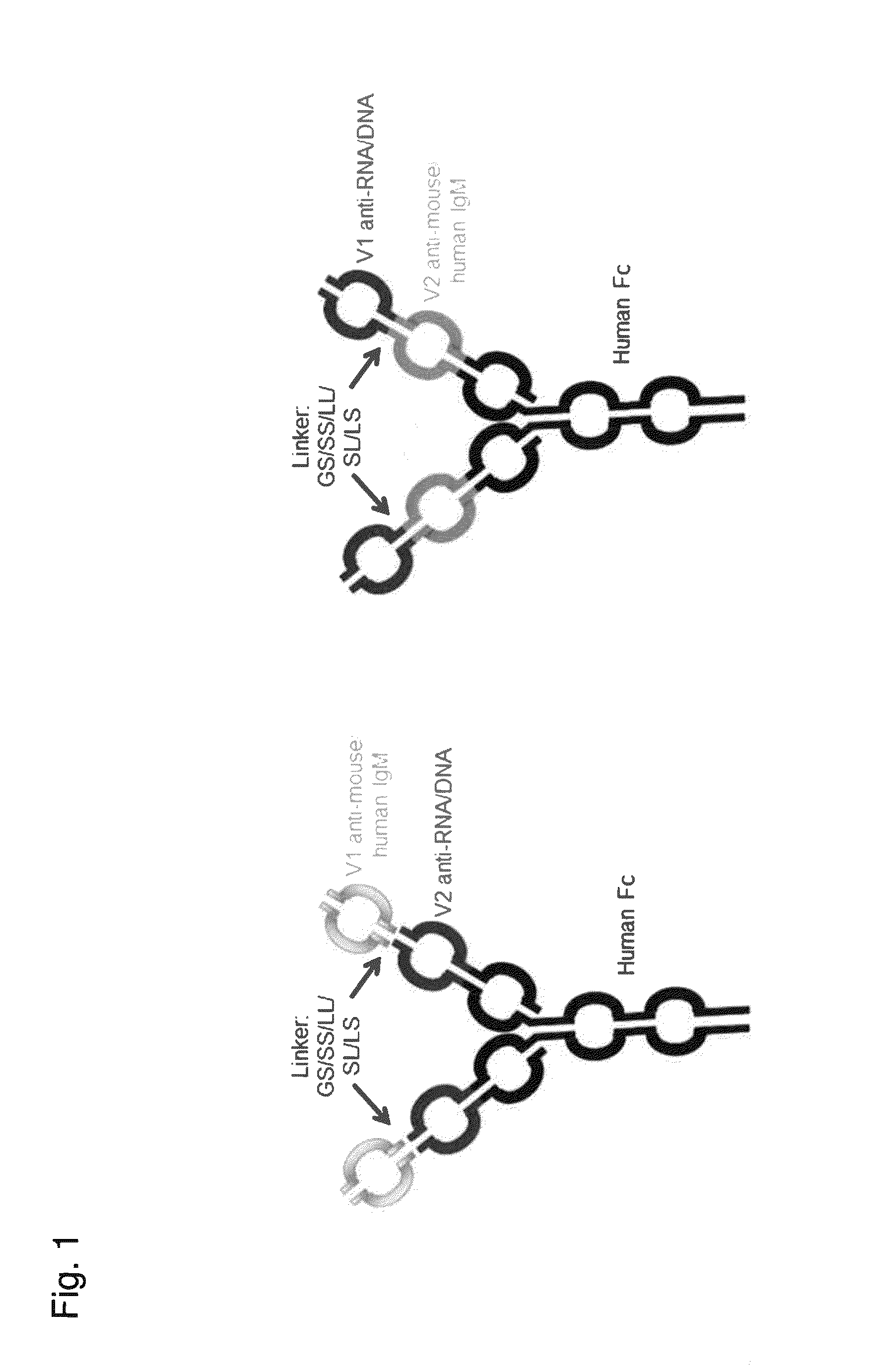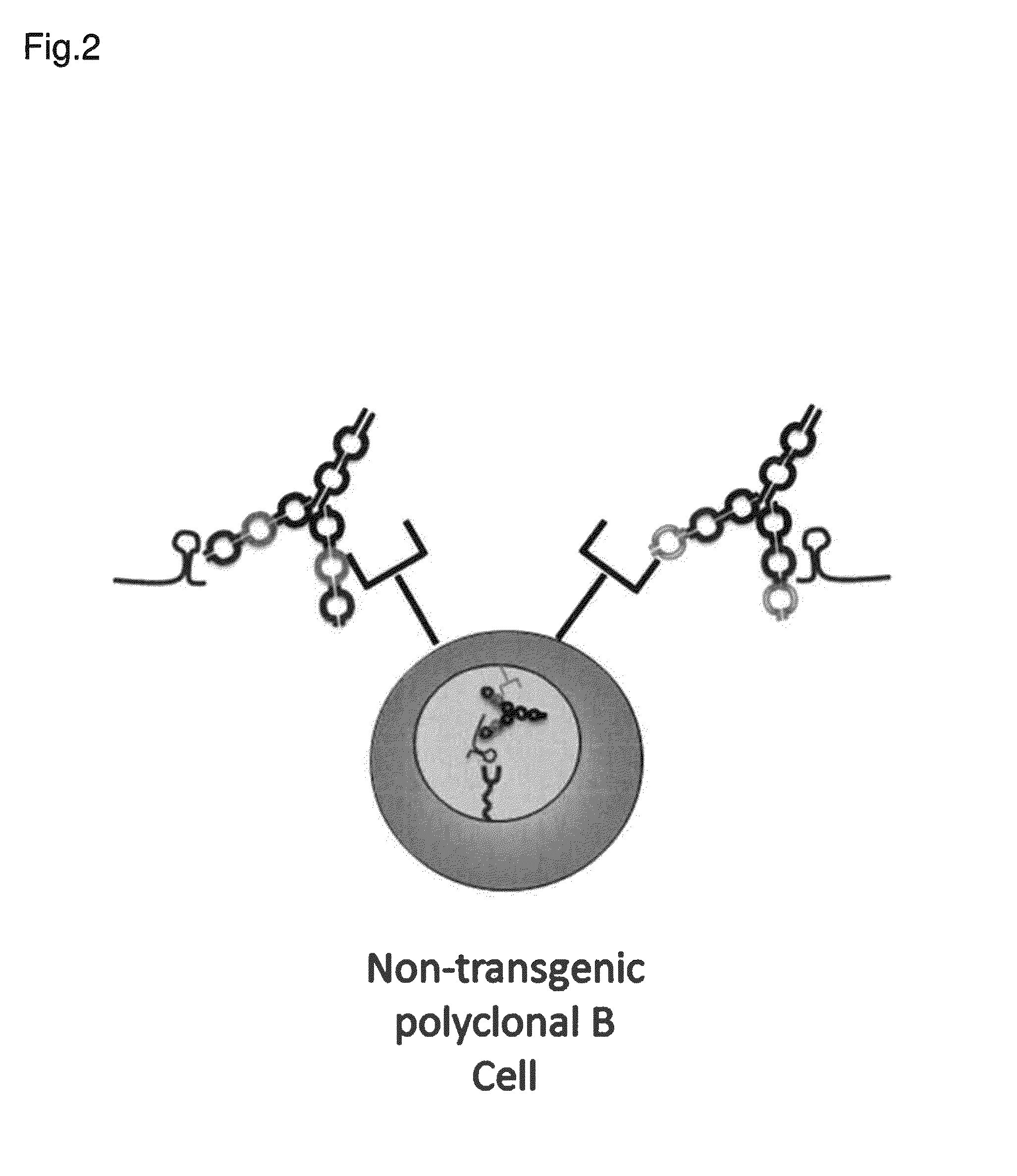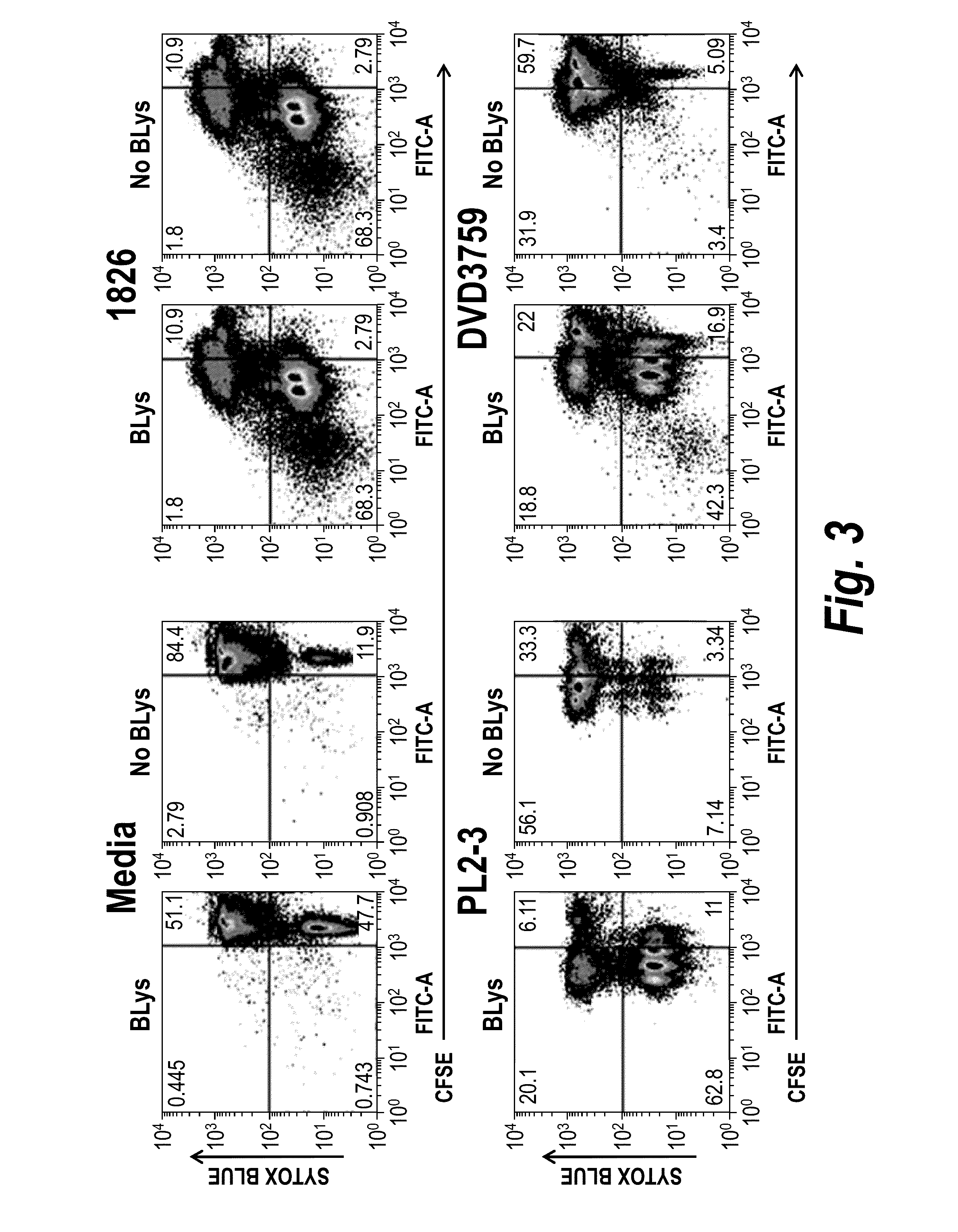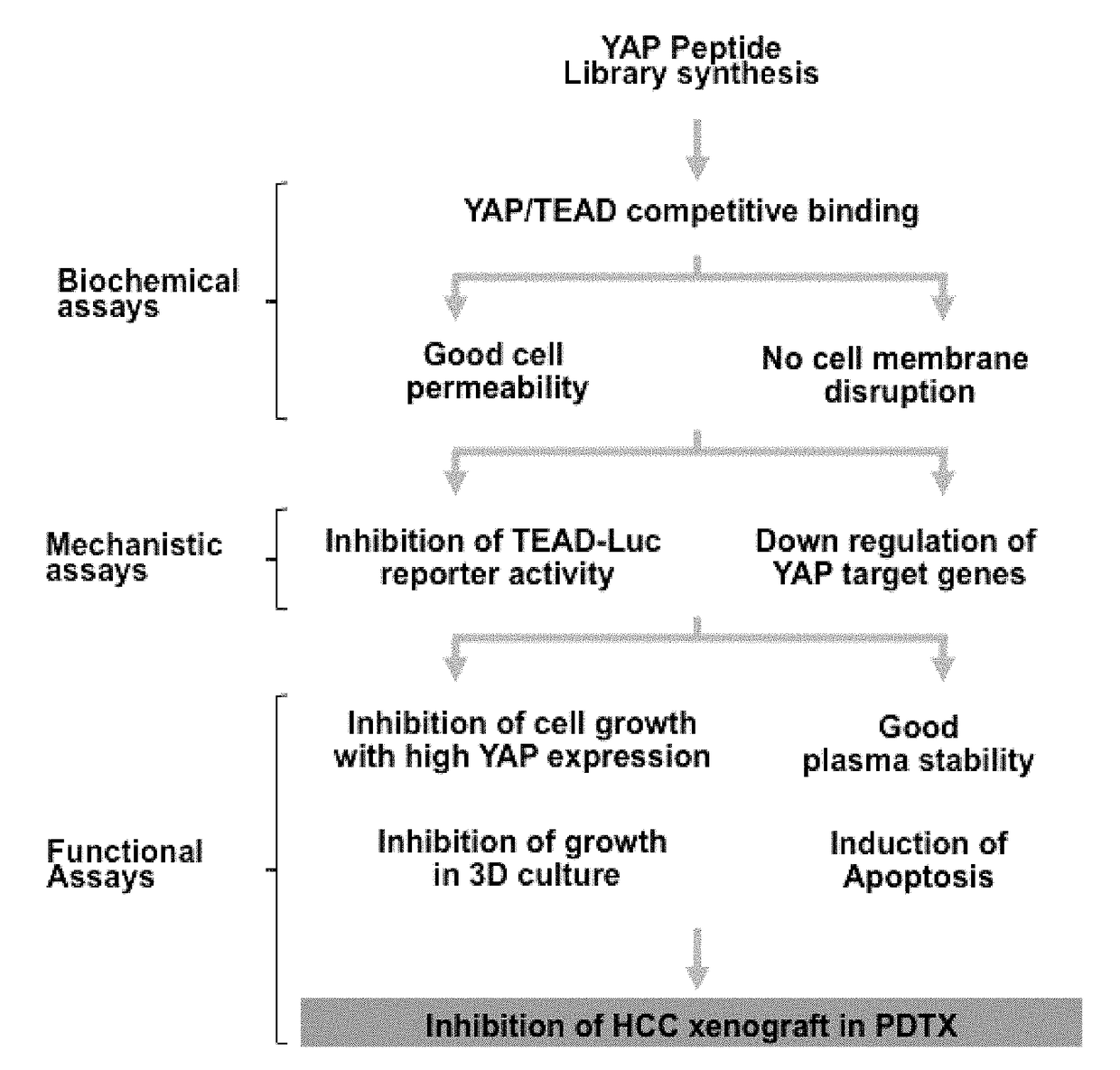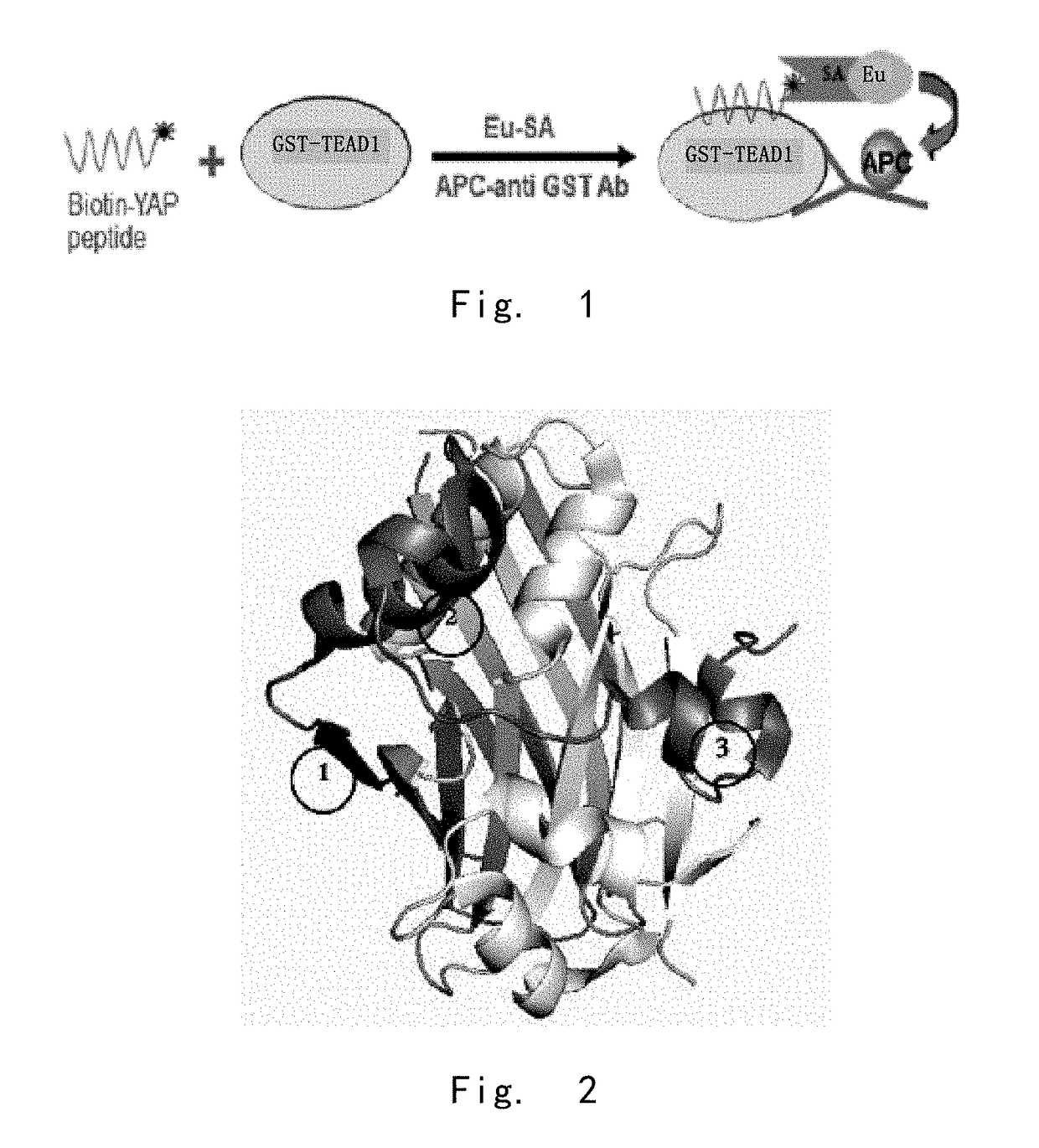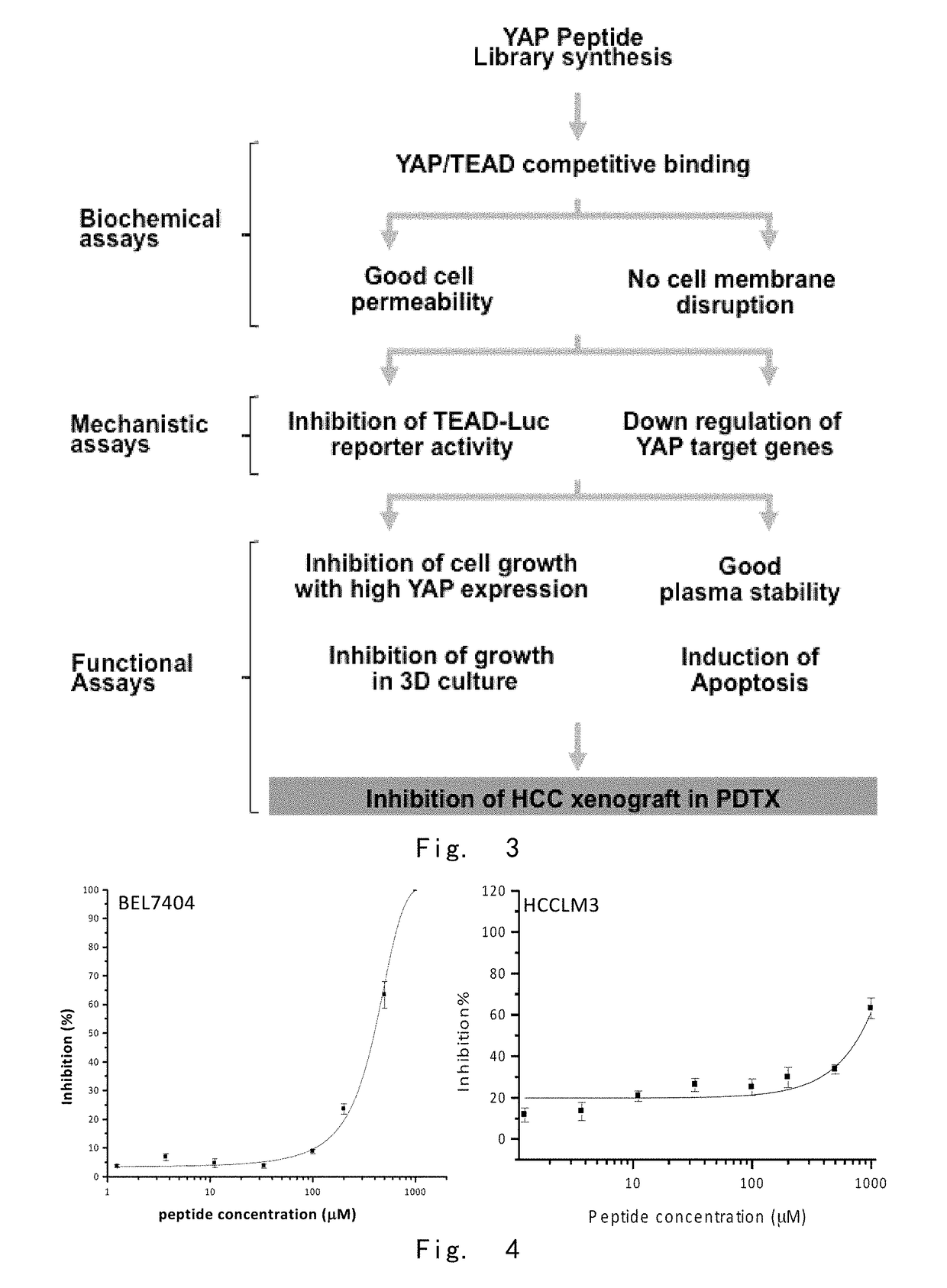Patents
Literature
124results about How to "Induced death" patented technology
Efficacy Topic
Property
Owner
Technical Advancement
Application Domain
Technology Topic
Technology Field Word
Patent Country/Region
Patent Type
Patent Status
Application Year
Inventor
Irreversible electroporation using tissue vasculature to treat aberrant cell masses or create tissue scaffolds
ActiveUS20130253415A1Easy to storeImprove breathabilityElectrotherapyIntravenous devicesDiseaseNatural source
The present invention relates to the field of medical treatment of diseases and disorders, as well as the field of biomedical engineering. Embodiments of the invention relate to the delivery of Irreversible Electroporation (IRE) through the vasculature of organs to treat tumors embedded deep within the tissue or organ, or to decellularize organs to produce a scaffold from existing animal tissue with the existing vasculature intact. In particular, methods of administering non-thermal irreversible electroporation (IRE) in vivo are provided for the treatment of tumors located in vascularized tissues and organs. Embodiments of the invention further provide scaffolds and tissues from natural sources created using IRE ex vivo to remove cellular debris, maximize recellularization potential, and minimize foreign body immune response. The engineered tissues can be used in methods of treating subjects, such as those in need of tissue replacement or augmentation.
Owner:VIRGINIA TECH INTPROP INC
Methods of determining susceptibility of tumors to tyrosine kinase inhibitors
ActiveUS20110275084A1Inhibit tumor growthReduce riskImmunoglobulin superfamilyMicrobiological testing/measurementTyrosine-kinase inhibitorWilms' tumor
This disclosure provides tyrosine kinase protein and nucleic acid variants, particularly FGFR2 variants, which are linked to drug resistance. The disclosure further provides methods of diagnosis and theranosis, and development of new therapeutic agents using these molecules and fragments thereof, and kits for employing these methods and compositions.
Owner:QUEENSLAND UNIVERSITY OF TECH +1
Irreversible electroporation using tissue vasculature to treat aberrant cell masses or create tissue scaffolds
ActiveUS9867652B2Easy to storeImprove breathabilityElectrotherapyIntravenous devicesAbnormal tissue growthNatural source
The present invention relates to the field of medical treatment of diseases and disorders, as well as the field of biomedical engineering. Embodiments of the invention relate to the delivery of Irreversible Electroporation (IRE) through the vasculature of organs to treat tumors embedded deep within the tissue or organ, or to decellularize organs to produce a scaffold from existing animal tissue with the existing vasculature intact. In particular, methods of administering non-thermal irreversible electroporation (IRE) in vivo are provided for the treatment of tumors located in vascularized tissues and organs. Embodiments of the invention further provide scaffolds and tissues from natural sources created using IRE ex vivo to remove cellular debris, maximize recellularization potential, and minimize foreign body immune response. The engineered tissues can be used in methods of treating subjects, such as those in need of tissue replacement or augmentation.
Owner:VIRGINIA TECH INTPROP INC
Small molecule antagonists of Bcl-2 family proteins
InactiveUS7432304B2Inhibition of activationLoss of p53Antibacterial agentsBiocideChemical synthesisDisease
The present invention relates to naturally occurring and chemically synthesized small molecule antagonists of Bcl-2 family proteins. In particular, the present invention provides gossypol compounds (e.g., isomers, enantiomers, racemic compounds, metabolites, derivatives, pharmaceutically acceptable salts, in combination with acids or bases, and the like) and methods of using these compounds as antagonists of the anti-apoptotic effects of Bcl-2 family member proteins (e.g., Bcl-2, Bcl-XL, and the like). The present invention also provides compositions comprising gossypol compounds and optionally one or more additional therapeutic agents (e.g., anticancer / chemotherapeutic agents). The present invention also provides methods for treating diseases and pathologies (e.g., neoplastic diseases) comprising administering a composition comprising gossypol compounds and optionally one or more additional therapeutic agents (e.g., anticancer / chemotherapeutic agents) and / or techniques (e.g., radiation therapies, surgical interventions, and the like) to a subject or in vitro cells, tissues, and organs.
Owner:RGT UNIV OF MICHIGAN +1
Procaspase-activating compounds and compositions
ActiveUS20130096133A1Reduce adverse reactionsImprove enzymatic activityOrganic active ingredientsOrganic chemistryCancer cellApoptosis
The invention provides compounds and compositions useful for the modulation of certain enzymes. The compounds and compositions can induce of cell death, particularly cancer cell death. The invention also provides methods for the synthesis and use of the compounds and compositions, including the use of compounds and compositions in therapy for the treatment of cancer and selective induction of apoptosis in cells.
Owner:THE BOARD OF TRUSTEES OF THE UNIV OF ILLINOIS
Screening methods, compositions identified thereby, tools useful for the identification thereof, and cell populations produced thereby
InactiveUS20130130376A1Promote differentiationModulating retardation of cell growthLibrary screeningArtificial cell constructsScreening methodApoptosis
In accordance with one aspect of the present invention, methods have been developed for identifying compositions which support the culture of defined cell populations. In accordance with another aspect of the present invention, methods have been developed for identifying compositions which promote differentiation of defined cell populations. In accordance with yet another aspect of the present invention, methods have been developed for identifying compositions which induce apoptosis of defined cell populations. In accordance with still another aspect of the present invention, methods have been developed for identifying compositions which promote cell senescence of defined cell populations. In accordance with still another aspect of the present invention, methods have been developed for identifying media which modulate the retardation of cell growth of defined cell subpopulation(s). In accordance with further aspects of the present invention, there are provided novel compositions identified by invention methods. Also provided are various uses of the novel compositions identified by invention methods, and novel cell populations produced employing same. In accordance with still another aspect of the present invention, methods have been developed for identifying compositions which support the culture of aberrant cell populations. In accordance with yet another aspect of the present invention, methods have been developed for identifying compositions which promote differentiation of aberrant cell populations. In accordance with still another aspect of the present invention, methods have been developed for identifying compositions which induce apoptosis of aberrant cell populations.
Owner:SEROBYAN NAIRA +2
Procaspase-activating compounds and compositions
ActiveUS8916705B2Improve enzymatic activityInduce apoptosisOrganic active ingredientsOrganic chemistryCancer cellApoptosis
The invention provides compounds and compositions useful for the modulation of certain enzymes. The compounds and compositions can induce of cell death, particularly cancer cell death. The invention also provides methods for the synthesis and use of the compounds and compositions, including the use of compounds and compositions in therapy for the treatment of cancer and selective induction of apoptosis in cells.
Owner:THE BOARD OF TRUSTEES OF THE UNIV OF ILLINOIS
Anilinopyridines as inhibitors of fak
InactiveUS20100317663A1Eliminate lung metastasis of mammary adenocarcinoma cellsReduce the overall heightBiocideOrganic chemistryProliferative diseaseDisease
Owner:GLAXO SMITHKLINE LLC
Materials and Methods Useful to Induce Cell Death via Methuosis
The present invention provides materials and methods to induce cell death by methuosis, a non-apoptotic cell death mechanism. Small molecules herein are useful for treating cell proliferation disorders or anomalies, particularly, but not exclusively, cancer. Methods related to the research and pharmaceutical use of the small molecules are also provided herein.
Owner:UNIVERSITY OF TOLEDO
Procaspase-activating compounds and methods
ActiveUS20150231132A1Improve enzymatic activityInduce apoptosisOrganic active ingredientsOrganic chemistryCancer cellApoptosis
The invention provides compounds and compositions useful for the modulation of certain enzymes. The compounds and compositions can induce of cell death, particularly cancer cell death. The invention also provides methods for the synthesis and use of the compounds and compositions, including the use of compounds and compositions in therapy for the treatment of cancer and selective induction of apoptosis in cells.
Owner:THE BOARD OF TRUSTEES OF THE UNIV OF ILLINOIS
Compounds useful in therapeutic and cosmetic methods
The present invention relates to photosensitizer compounds for use in cosmetic and therapeutic applications of photodynamic therapy. The compounds of the present invention are designed for topical application and are characterized by a low permeability to the stratum corneum (the outer skin layer of an individual) and / or a low allergenic potential. Surprisingly, such compounds have beneficial properties in the treatment of certain diseases and lack the undesired damages to healthy skin entailed by prior art compounds. ALA (5-aminolevulinic acid)-esters of body-owned, natural compound such as aminoacids, steroids, carbohydrates, alcohols are preferred examples of photosensitizers of the present invention. The compounds of the present invention are used in the treatment of skin diseases such as psoriasis, sebaceous glands related conditions including acne, seborrhoic dermatitis, rosacea, skin cancer and precancer, as well as in cosmetic hair removal.
Owner:PHOTODERMA
Heterocyclic compound, and p27 kip1 degradation inhibitor
ActiveCN102985405AInhibition of ubiquitinationAvoid decompositionMetabolism disorderAntipyreticArylSulfur
Provided are a novel heterocyclic compound and salt thereof applicable in the selective inhibition of the degradation of p27Kip1. The compound and the salt thereof are represented in formula (1). [In the formula: A represents an alkyl group, a cycloalkyl group, an aryl group, or a heterocyclic group, and group A can have a substituent group; ring B represents a 5- to 8- membered monocyclic heterocyclic ring or a condensed ring containing this monocyclic heterocyclic ring, and ring B can have a substituent group; ring C represents an aromatic ring, and ring C can have a substituent group; L represents a linker having 3-5 atoms in the main chain selected from carbon atoms, nitrogen atoms, oxygen atoms, and sulfur atoms, and having at least one heteroatom selected from nitrogen atoms, oxygen atoms, and sulfur atoms, and linker L can have a substituent group; and n represents 0 or 1.]
Owner:ASKA PHARMACEUTICAL CO LTD
Prevention of Cell Proliferation by Inhibiting Myosin Light Chain Kinase
InactiveUS20080081078A1Inhibit growthPrevent proliferationBiocideHeavy metal active ingredientsNeoplastic cellTumor cell apoptosis
Methods of using compounds having certain inhibitory effect to treat cancer are disclosed. More specifically, methods of using myosin light chain kinase inhibitor (MLCK) to treat cancer are disclosed. MLCK inhibitors may cause reduction in MLC-P and induce apoptosis in neoplastic cells and prevent and or inhibit the tumor growth.
Owner:THE BOARD OF TRUSTEES OF THE UNIV OF ILLINOIS
Mitochondrially Delivered Anti-Cancer Compounds
ActiveUS20110105437A1Induced deathSuitable isotonicityBiocideOrganic active ingredientsCancer cellMedicine
This invention relates to anti-cancer compounds and to methods for treating or preventing cancer. In one aspect the invention concerns mitochondrially delivered pro-oxidant anti-cancer compounds that generate reactive oxygen species and induce apoptosis of cancerous cells. The delivery moiety can be a lipophilic cation and the pro-oxidant vitamin E analogue, such as α-tocopheryl succinate, α-tocopheryl maleate, α-tocopheryl maleyl amide, or 2,5,7,8-tetramethyl-2R-(4R,8R,12-trimethyltridecyl)-chroman-6-yloxyacetic acid (α-tocopheryloxyacetic acid).
Owner:CANCURE LTD
Cell death-inducing agent, cell growth-inhibiting agent, and pharmaceutical composition for treatment of disease caused by abnormal cell growth
InactiveUS20160187319A1Induce cell deathImprove efficacyOrganic active ingredientsMicrobiological testing/measurementSynthetic lethalityCancer cell
An agent for inducing cell death and / or inhibiting cell growth for cancer cells. The agents of the present invention comprise, as active ingredients, a drug inhibiting GST-π and a drug inhibiting a homeostasis-related protein that exhibits synthetic lethality when inhibited together with GST-π. The homeostasis-related protein can be a cell cycle-regulating protein or an anti-apoptosis-related protein.
Owner:NITTO DENKO CORP
Novel compounds useful in therapeutic and cosmetic methods
The present invention relates to photosensitizer compounds for use in cosmetic and therapeutic applications of photodynamic therapy. The compounds of the present invention are designed for topical application and are characterized by a low permeability to the stratum corneum (the outer skin layer of an individual) and / or a low allergenic potential. Surprisingly, such compounds have beneficial properties in the treatment of certain diseases and lack the undesired damages to healthy skin entailed by prior art compounds. ALA (5-aminolevulinic acid)-esters of body-owned, natural compound such as aminoacids, steroids, carbohydrades, alcohols are preferred, examples of photosensitizers of the present invention. The compounds of the present invention are used in the treatment of skin diseases such as psoriasis, sebaceous glands related conditions including acne, seborrhoic dermatitis, rosacea, skin cancer and precancer, as well as in cosmetic hair removal.
Owner:PHOTODERMA
Therapeutics targeting truncated adenomatous polyposis coli (APC) proteins
ActiveUS20150232444A1Inhibit tumor growthInduce cell deathOrganic active ingredientsOrganic chemistryDrug biological activityRectal epithelium
The described invention provides small molecule anti-cancer compounds that selectively target and inhibit measurable biological activity of truncated APC proteins, an immortalized Human Colonic Epithelial Cell (HCEC) model, and pharmaceutical compositions comprising at least one of the small molecule anti-cancer compounds and a pharmaceutically acceptable carrier.
Owner:BOARD OF RGT THE UNIV OF TEXAS SYST
Means And Methods For Active Cellular Immunotherapy Of Cancer By Using Tumor Cells Killed By High Hydrostatic Pressure and Dendritic Cells
InactiveUS20130011438A1Slow down and even stabilize progression of diseaseImproved prognosisVaccinesCancer antigen ingredientsDendritic cellHydrostatic pressure
Disclosed are pharmaceutical compositions for inducing an immune response against tumor cells comprising tumor cells which are made apoptotic by treatment with high hydrostatic pressure and dendritic cells, and methods for producing such compositions.
Owner:SOTIO AS
Potent anticancer activity via dual compound activation
ActiveUS9592229B2Rapid and dramatic automaturationInduced deathOrganic active ingredientsDispersion deliveryCancer cellApoptosis
The invention provides compositions and methods for the induction of cell death, for example, cancer cell death. Combinations of compounds and related methods the use are disclosed, including the use of compounds in therapy for the treatment of cancer and selective induction of apoptosis in cells. The disclosed drug combinations can have lower neurotoxicity effects than other compounds and combinations of compounds.
Owner:THE BOARD OF TRUSTEES OF THE UNIV OF ILLINOIS +1
Antibody-dependent cellular cytotoxicity assay
Methods for detecting antibody dependent cellular cytotoxicity (ADCC) are described herein. The methods are label-free, and can be performed in real time on adherent cells. The methods can include, for example, (a) monitoring the impedance between electrodes on a non-conducting substrate that supports the growth of target cells in an assay medium; and (b) adding effector cells and an antibody that binds to the target cells to the assay medium; wherein any decrease in the impedance between the electrodes on the substrate following addition of the effector cells and the antibody is indicative of ADCC function having been effected in the assay medium.
Owner:NOVARTIS AG
Materials and Methods Useful to Induce Vacuolization, Cell Death, or a Combination Thereof
ActiveUS20140213615A1Effective treatmentInduced deathBiocideOrganic chemistryProviding materialVacuolization
The present invention provides materials and methods to induce cell death by methuosis, a non-apoptotic cell death mechanism, to induce vacuolization without cell death, or to induce cell death without vacuolization. Small molecules herein are useful for treating cell proliferation disorders or anomalies, particularly, but not exclusively, cancer. Methods related to the research and pharmaceutical use of the small molecules are also provided herein.
Owner:UNIVERSITY OF TOLEDO
Curcumin-containing aryl metal complexes as well as synthetic method and application thereof
ActiveCN108727437AImprove bioavailabilityGood phototoxicityAntibacterial agentsAntimycoticsArylAngiogenesis growth factor
The invention discloses curcumin-containing aryl metal complexes which can effectively improve bioavailability of curcumin and have good phototoxicity, anti-cancer activity, angiogenesis inhibiting capacity and antibacterial activity. The invention further discloses a synthetic method of the curcumin-containing aryl metal complexes. The method adopts simple technical process, is easy to operate and high in yield. The invention finally discloses an application of the curcumin-containing aryl metal complexes to preparation of anti-cancer drugs, anti-cancer drug components, anti-tumor metastasisdrugs, anti-tumor metastasis drug components, antibacterial agents and antibacterial agent components.
Owner:NANJING NORMAL UNIVERSITY
Hybrid molecules having mixed vitamin d receptor agonism and histone deacetylase inhibitory properties
Novel chemical agents are described. More specifically, hybrid molecules comprising a vitamin D receptor agonist moiety and an HDAC inhibitor moiety are described herein.
Owner:MCGILL UNIV
Antigen-binding proteins targeting cd56 and uses thereof
ActiveUS20180230214A1Reduce tumor burdenReduce in quantityPolypeptide with localisation/targeting motifImmunoglobulin superfamilyAntigen receptorsSubject matter
The presently disclosed subject matter provides for methods and compositions for treating cancer (e.g., multiple myeloma). It relates to anti-CD56 antibodies, chimeric antigen receptors (CARs) that specifically target human CD56, and immunoresponsive cells comprising such CARs. The presently disclosed CD56-specific CARs have enhanced immune-activating properties, including anti-tumor activity.
Owner:MEMORIAL SLOAN KETTERING CANCER CENT +1
Heterocyclic compound and p27Kip1 degradation inhibitor
ActiveCN105753858AInhibition of ubiquitinationAvoid decompositionOrganic active ingredientsAntipyreticArylHeteroatom
A novel heterocyclic compound or a salt thereof useful for selectively inhibiting the degradation of p27Kip1 is provided. The compound or the salt thereof is represented by the following formula (1), wherein A represents an alkyl group, a cycloalkyl group, an aryl group or a heterocyclic group, the group A may have a substituent; the ring B represents a 5- to 8-membered monocyclic heterocyclic ring or a condensed ring containing the monocyclic heterocyclic ring, the ring B may have a substituent; the ring C represents an aromatic ring, the ring C may have a substituent; L represents a linker comprising a main chain having 3 to 5 atoms selected from the group consisting of a carbon atom, a nitrogen atom, an oxygen atom and a sulfur atom, wherein at least one atom in the main chain is a hetero atom selected from the group consisting of a nitrogen atom, an oxygen atom and a sulfur atom, the linker L may have a substituent; and n is 0 or 1.
Owner:ASKA PHARMACEUTICAL CO LTD
Potent anticancer activity via dual compound activation
ActiveUS20150099759A1Considerable in activationRapid and dramatic automaturationOrganic active ingredientsDispersion deliveryCancer cellApoptosis
The invention provides compositions and methods for the induction of cell death, for example, cancer cell death. Combinations of compounds and related methods the use are disclosed, including the use of compounds in therapy for the treatment of cancer and selective induction of apoptosis in cells. The disclosed drug combinations can have lower neurotoxicity effects than other compounds and combinations of compounds.
Owner:THE BOARD OF TRUSTEES OF THE UNIV OF ILLINOIS +1
Chimeric antigen receptors targeting B-cell maturation antigen and uses thereof
ActiveUS10918665B2Reduce the burden onReduce in quantityPolypeptide with localisation/targeting motifImmunoglobulin superfamilyAntigen receptorB-Cell Maturation Antigen
The presently disclosed subject matter provides for methods and compositions for treating multiple myeloma. It relates to chimeric antigen receptors (CARs) that specifically target B cell maturation antigen (BMCA), and immunoresponsive cells comprising such CARs. The presently disclosed BMCA-specific CARs have enhanced immune-activating properties, including anti-tumor activity.
Owner:MEMORIAL SLOAN KETTERING CANCER CENT +1
Cancer cell death inducing agent having effects of potentiating anticancer drug against anticancer-drug-resistant cancer
InactiveUS20110269824A1Restore sensitivityInduce cell deathOrganic active ingredientsGenetic material ingredientsAcquired resistanceCancer death
The present invention provides a drug capable of causing cancer cells to restore anticancer drug sensitivity in cases in which cancer has acquired resistance to an anticancer drug and inducing cell death in cancer cells. The present invention specifically provides a cancer cell death inducing agent comprising REIC / Dkk-3 DNA as an active ingredient and having effects of potentiating an anticancer drug for cancer cells having anticancer drug resistance.
Owner:MOMOTARO GENE INC (JP)
Dual specific binding proteins directed against immune cell receptors and autoantigens
InactiveUS20150125397A1Internalized (and/or catabolized) fasterInduced deathUltrasonic/sonic/infrasonic diagnosticsBacteriaDiseaseAntigen
Owner:UNIV OF MASSACHUSETTS +1
High activity tumour inhibitor and preparation method and use thereof
ActiveUS20170319648A1Prevent tumorGrowth inhibitionPeptide/protein ingredientsDepsipeptidesBinding siteTherapeutic effect
Provided in the present invention are a YAP protein inhibiting polypeptide and application thereof. In particular, the present invention obtains a key binding site of YAP protein and TEAD, screens a polypeptide with best YAP inhibitory activity and modifies the polypeptide, such as adding a disulfide linkage, replacing an amino acid, removing and / or adding (for example, adding a cell-penetrating element), and finally screens and verifies the obtaining of a series of polypeptides with YAP protein activity inhibiting effect and good stability. Experiments show that the polypeptide of the present invention can effectively inhibit the binding activity between YAP protein and TEAD, thus providing good therapeutic effect on digestive tract tumors (especially liver cancer).
Owner:BAO KANG BIOMEDICAL HEALTHCARE
Features
- R&D
- Intellectual Property
- Life Sciences
- Materials
- Tech Scout
Why Patsnap Eureka
- Unparalleled Data Quality
- Higher Quality Content
- 60% Fewer Hallucinations
Social media
Patsnap Eureka Blog
Learn More Browse by: Latest US Patents, China's latest patents, Technical Efficacy Thesaurus, Application Domain, Technology Topic, Popular Technical Reports.
© 2025 PatSnap. All rights reserved.Legal|Privacy policy|Modern Slavery Act Transparency Statement|Sitemap|About US| Contact US: help@patsnap.com
